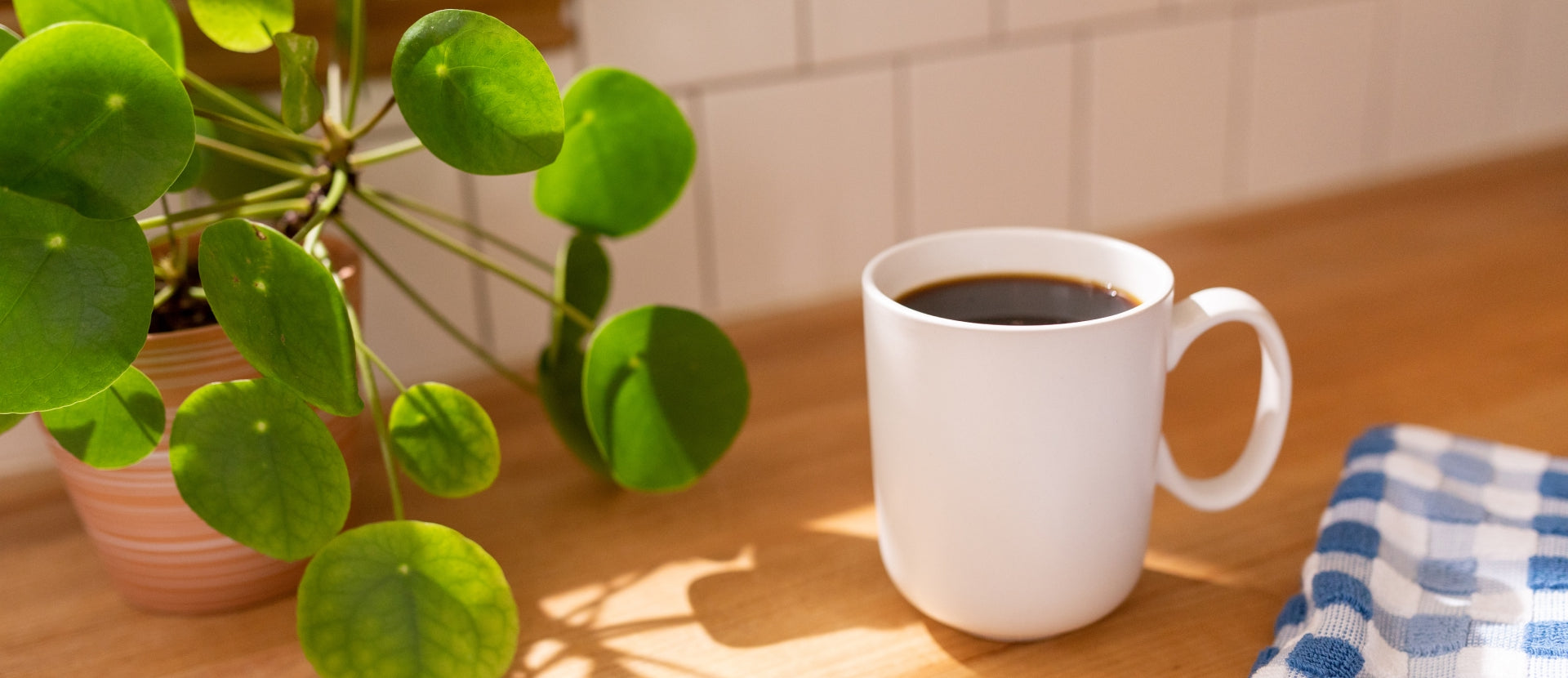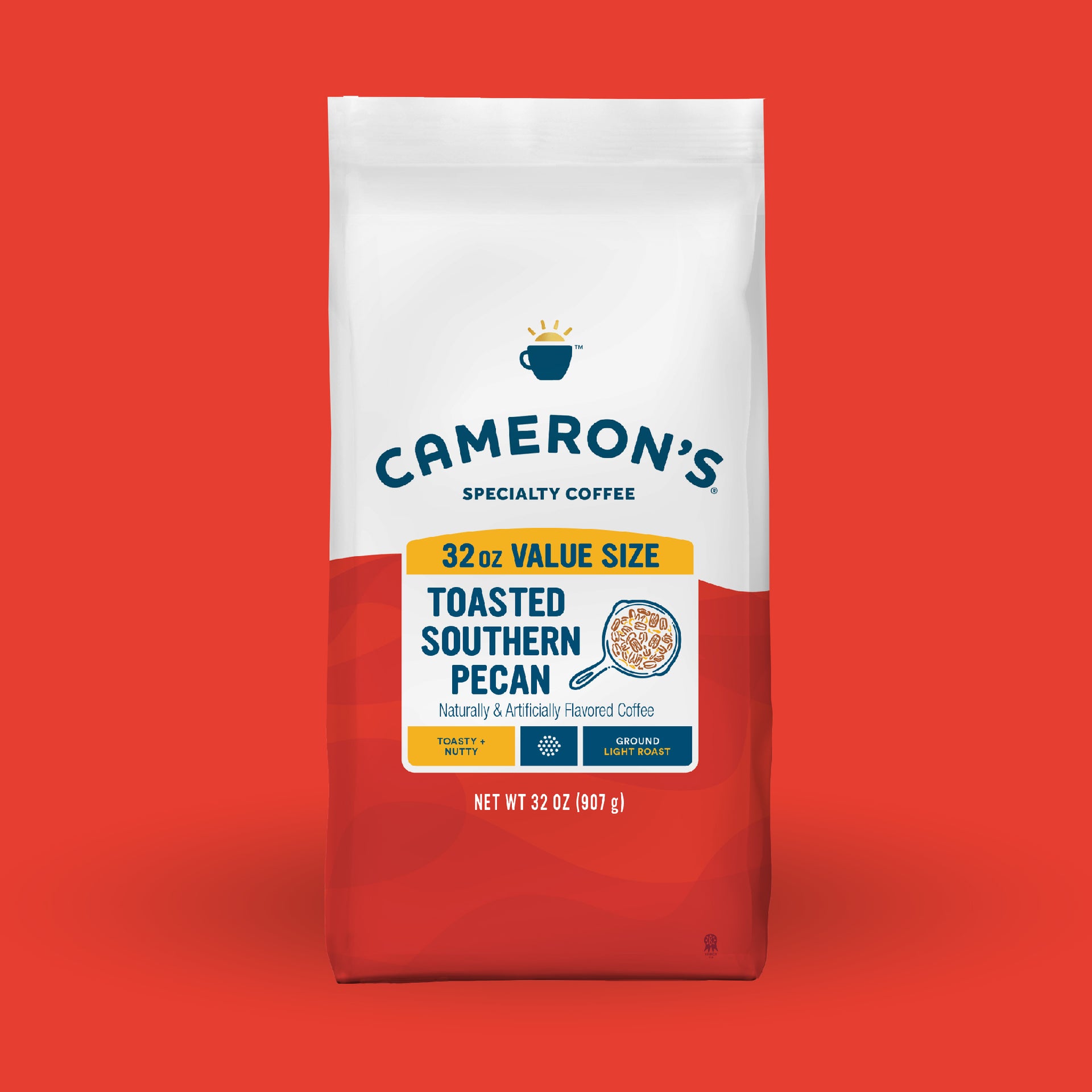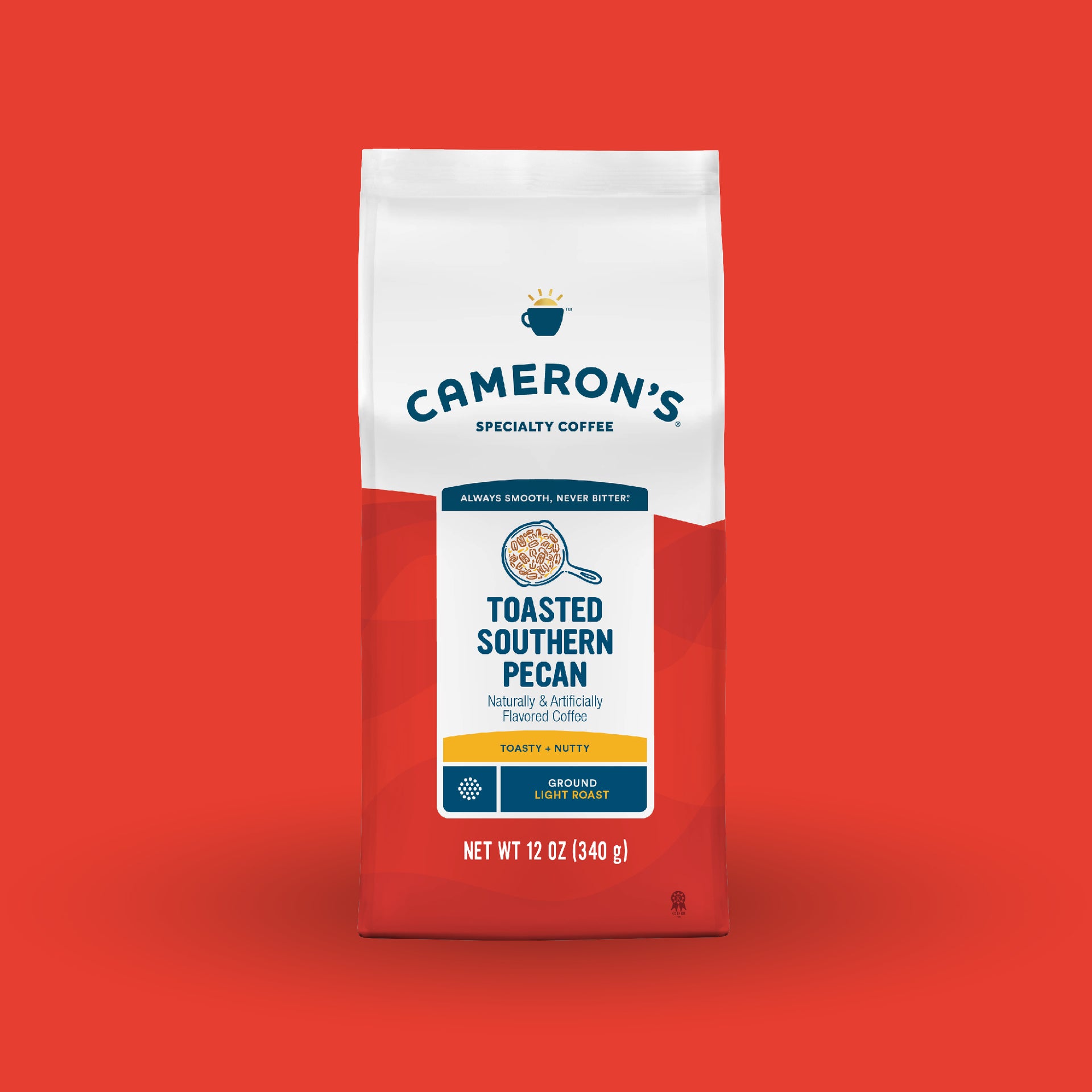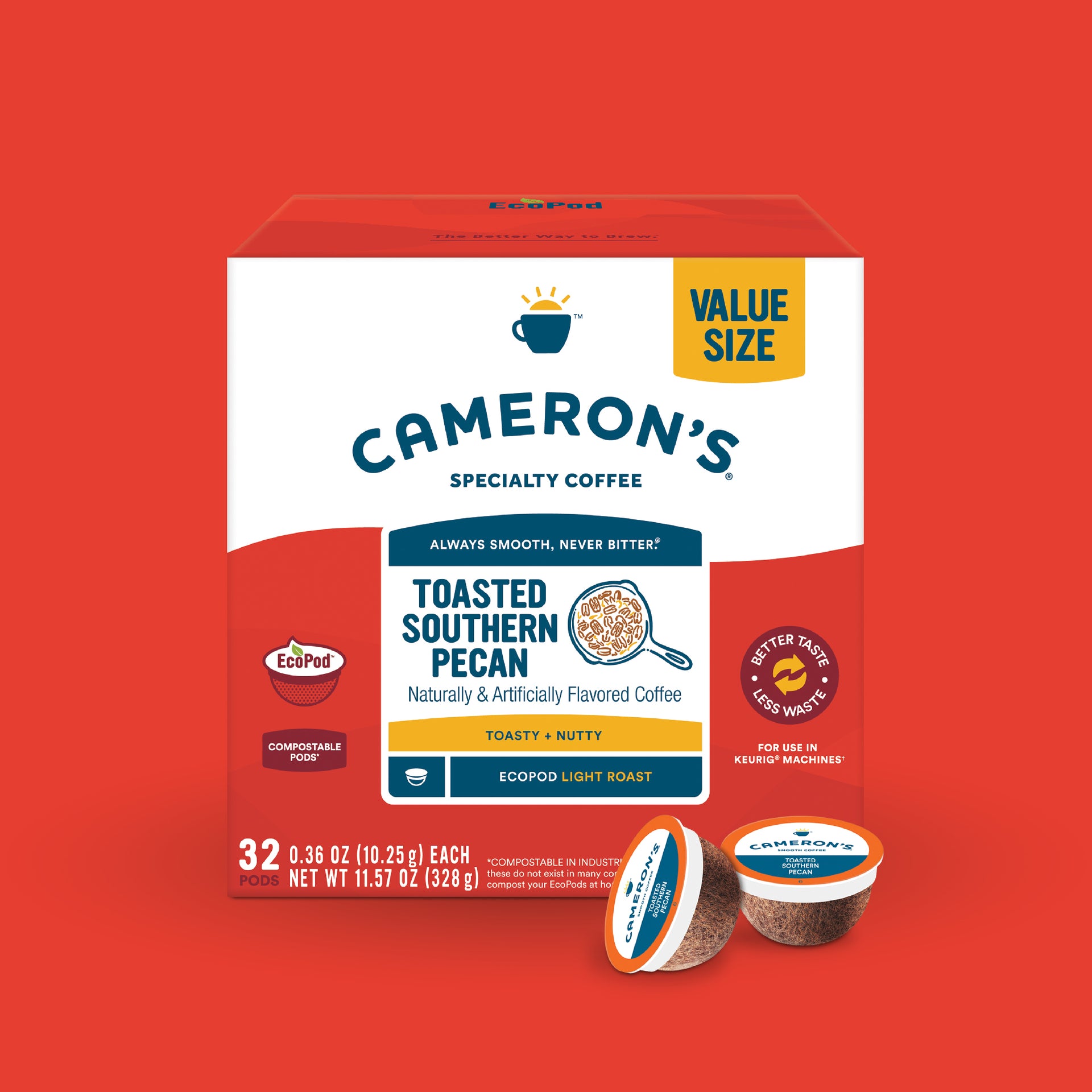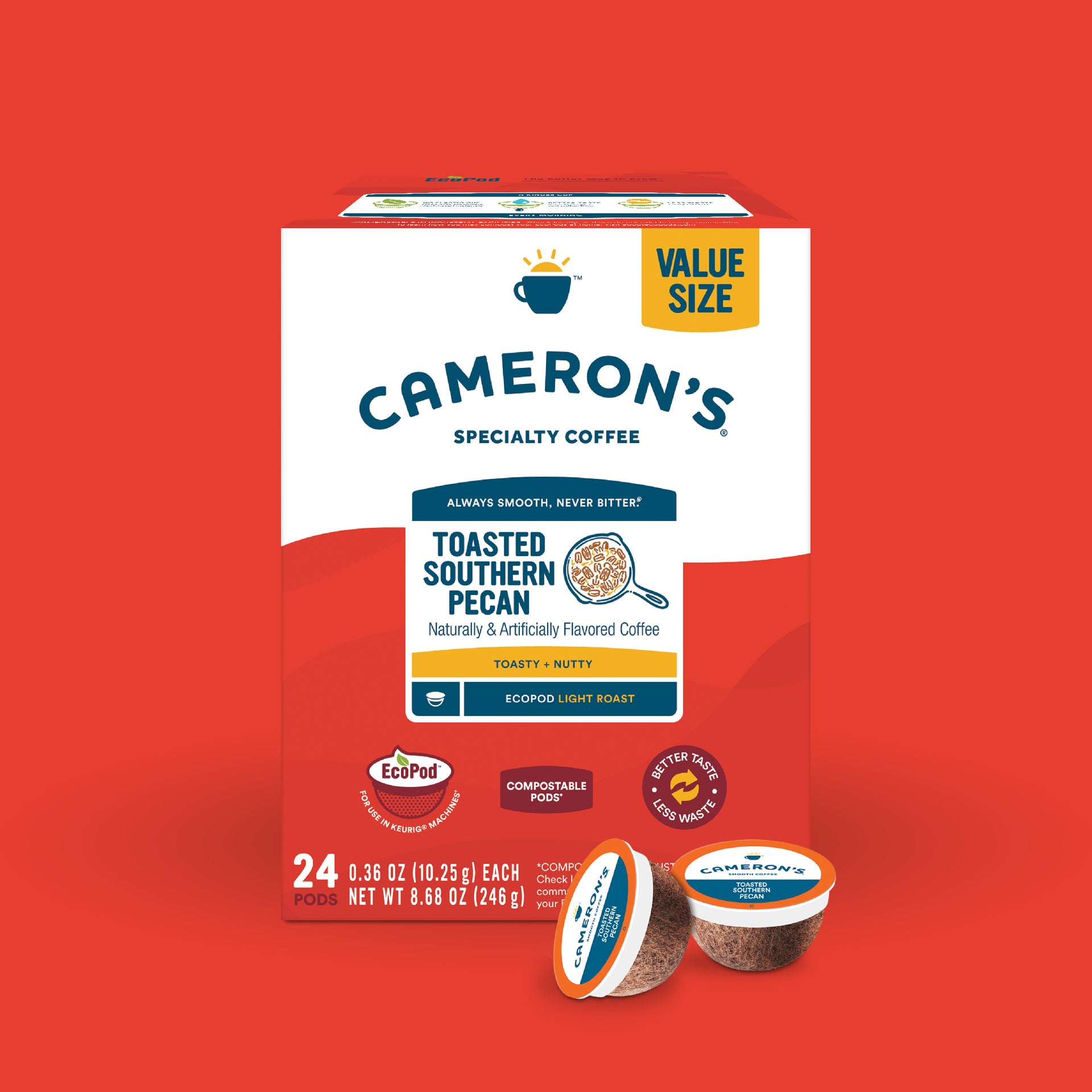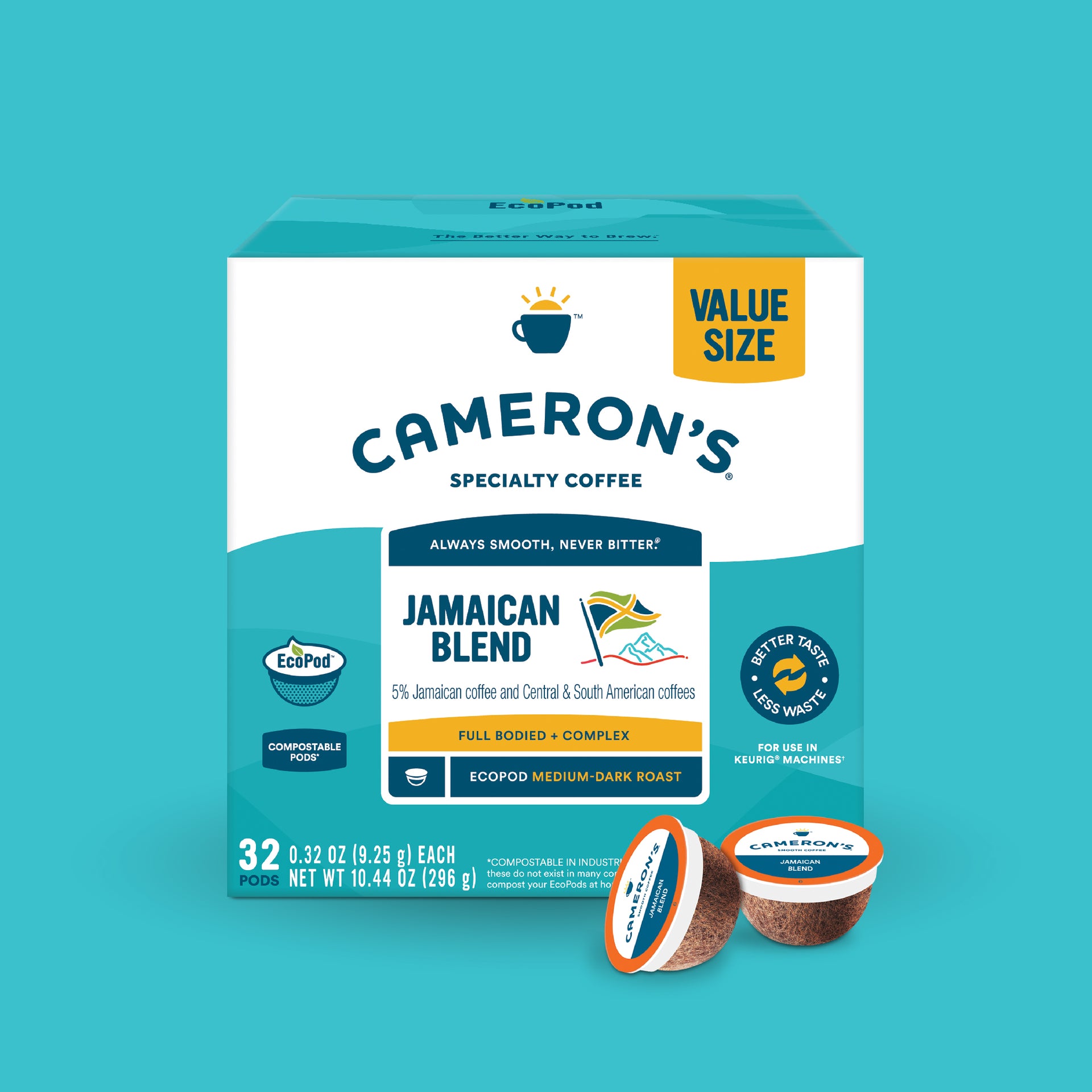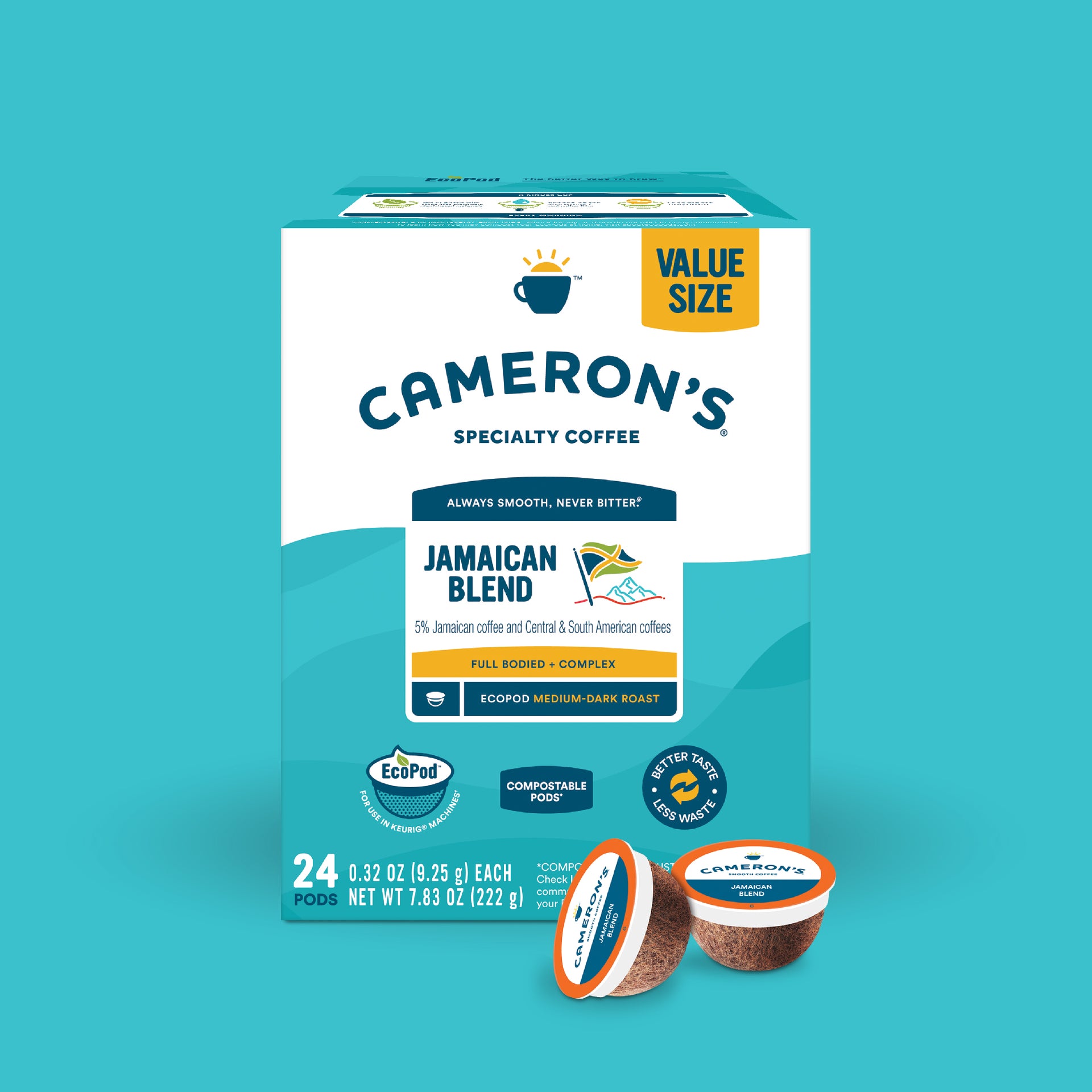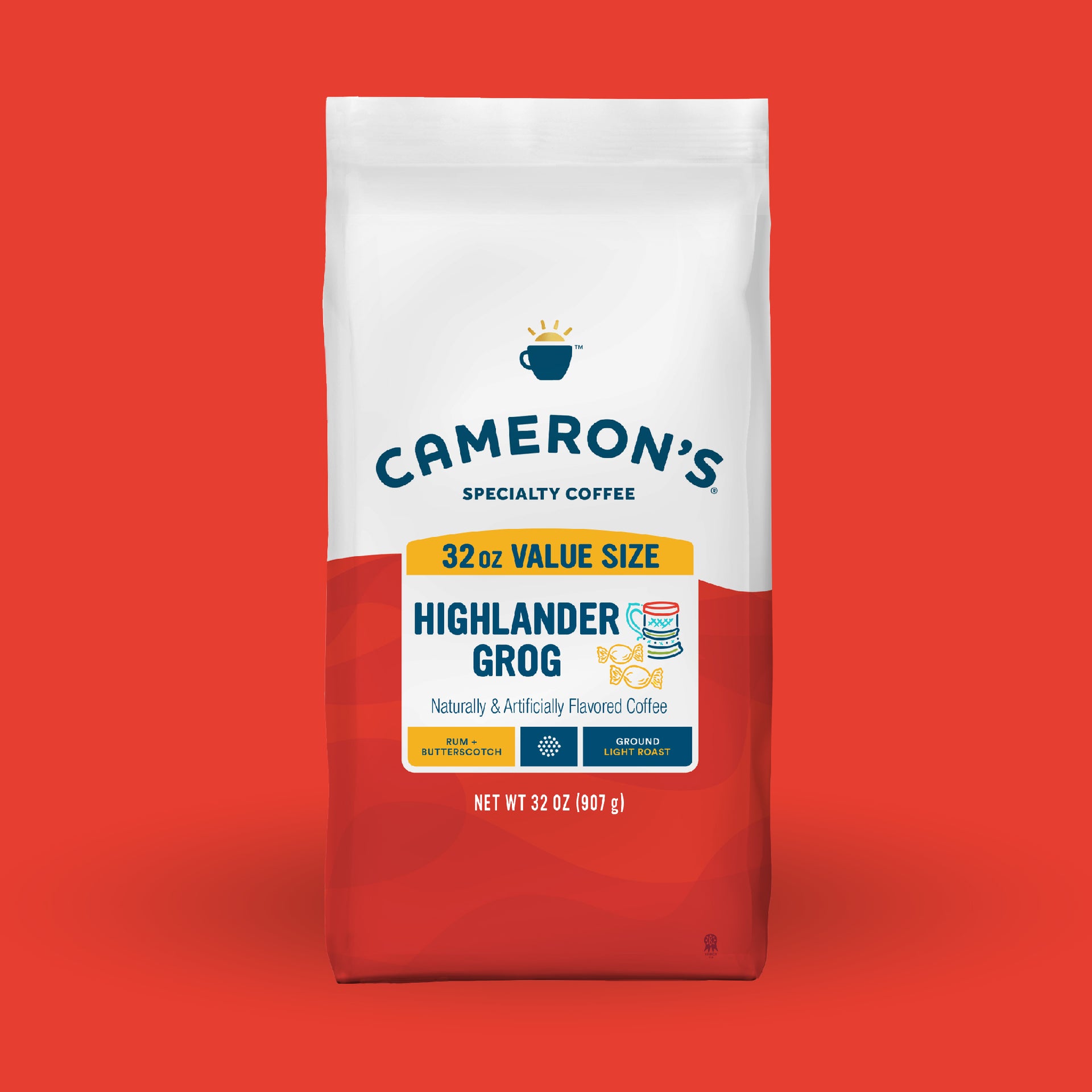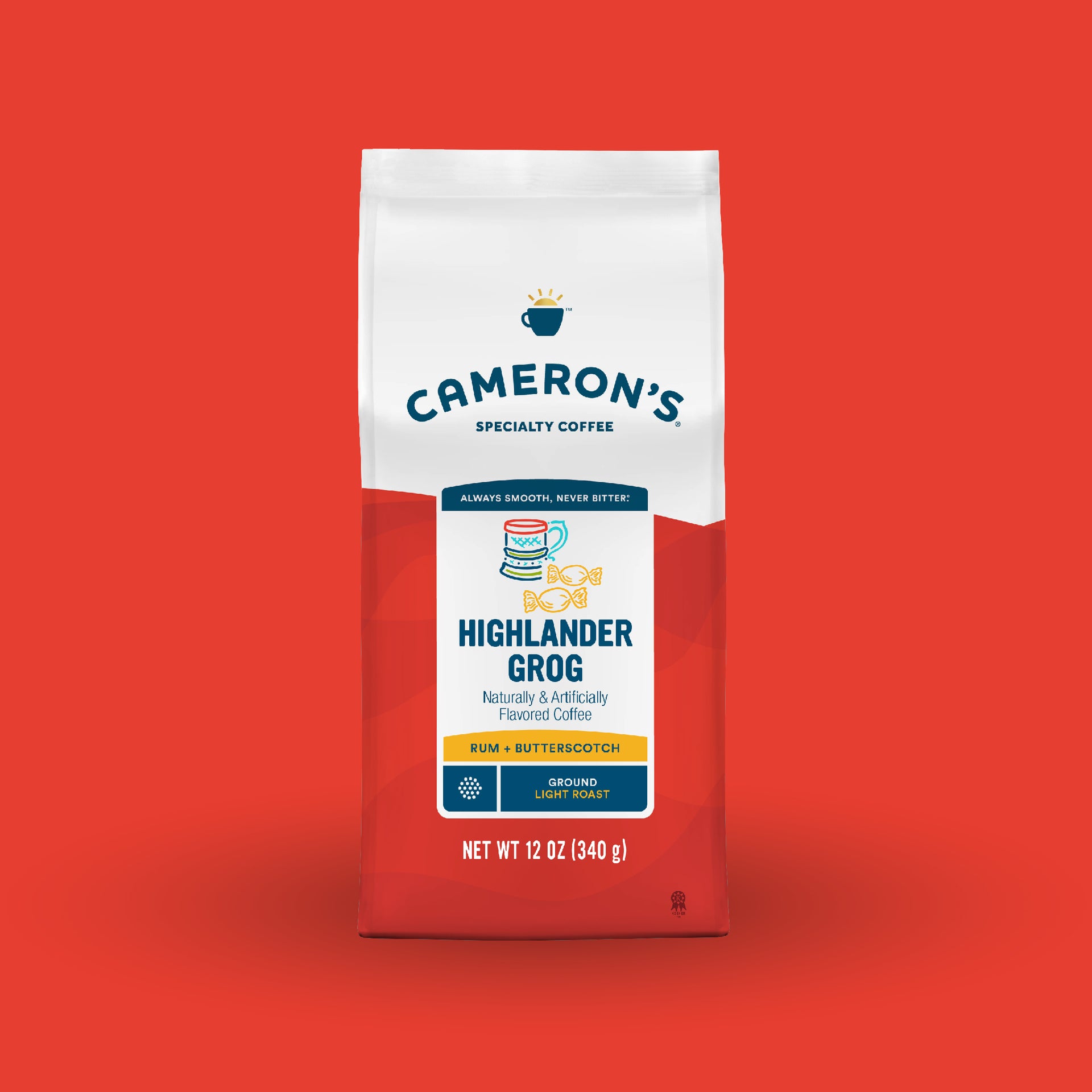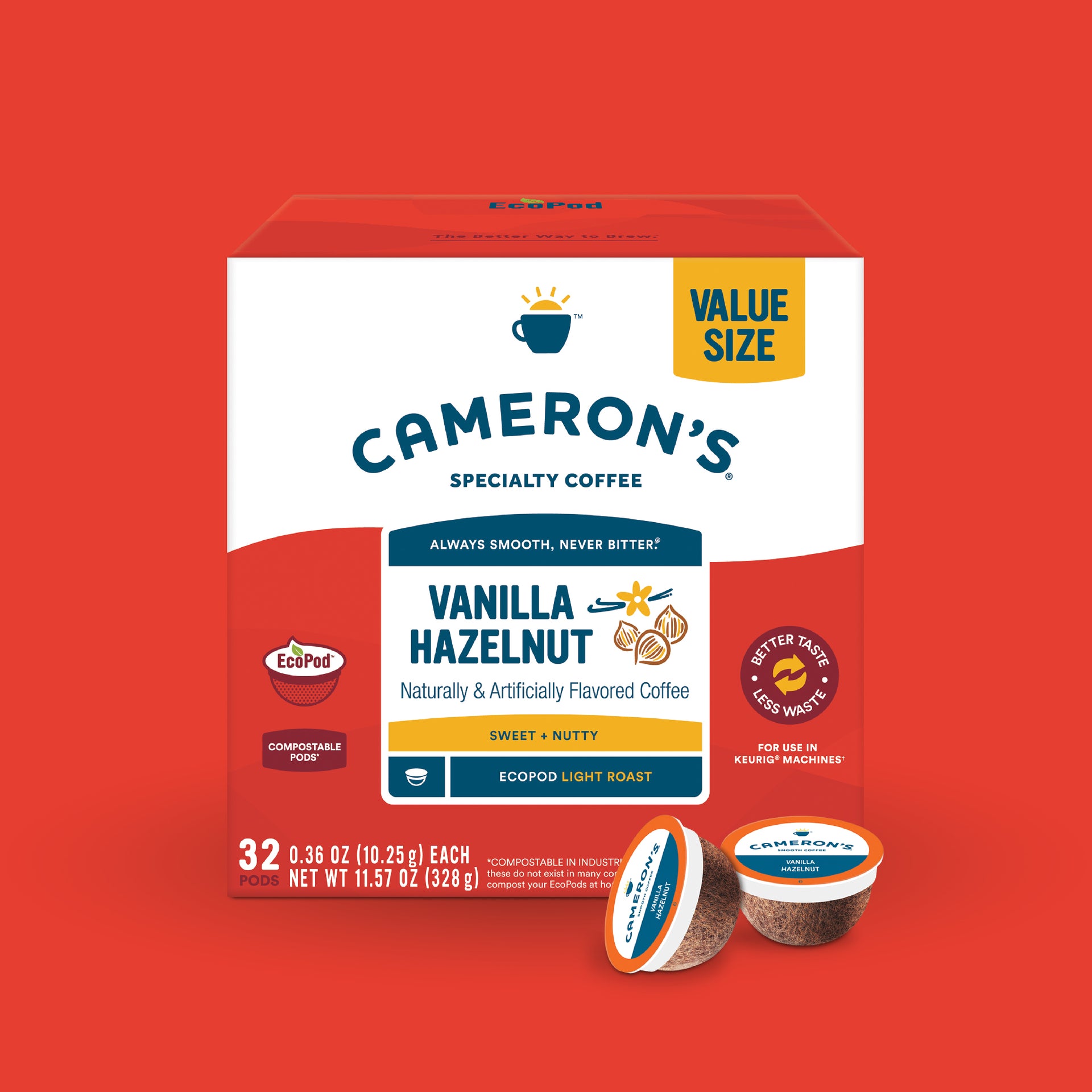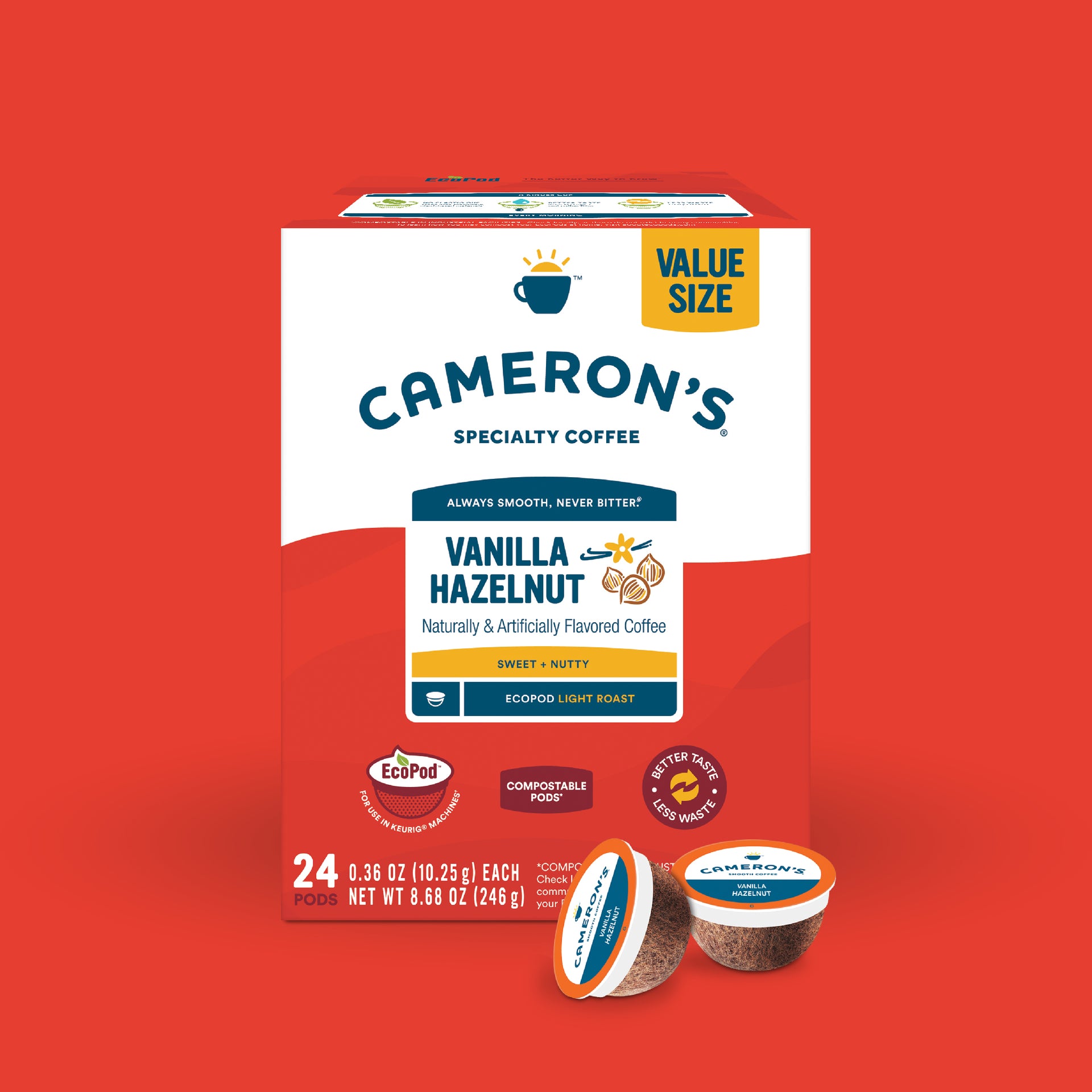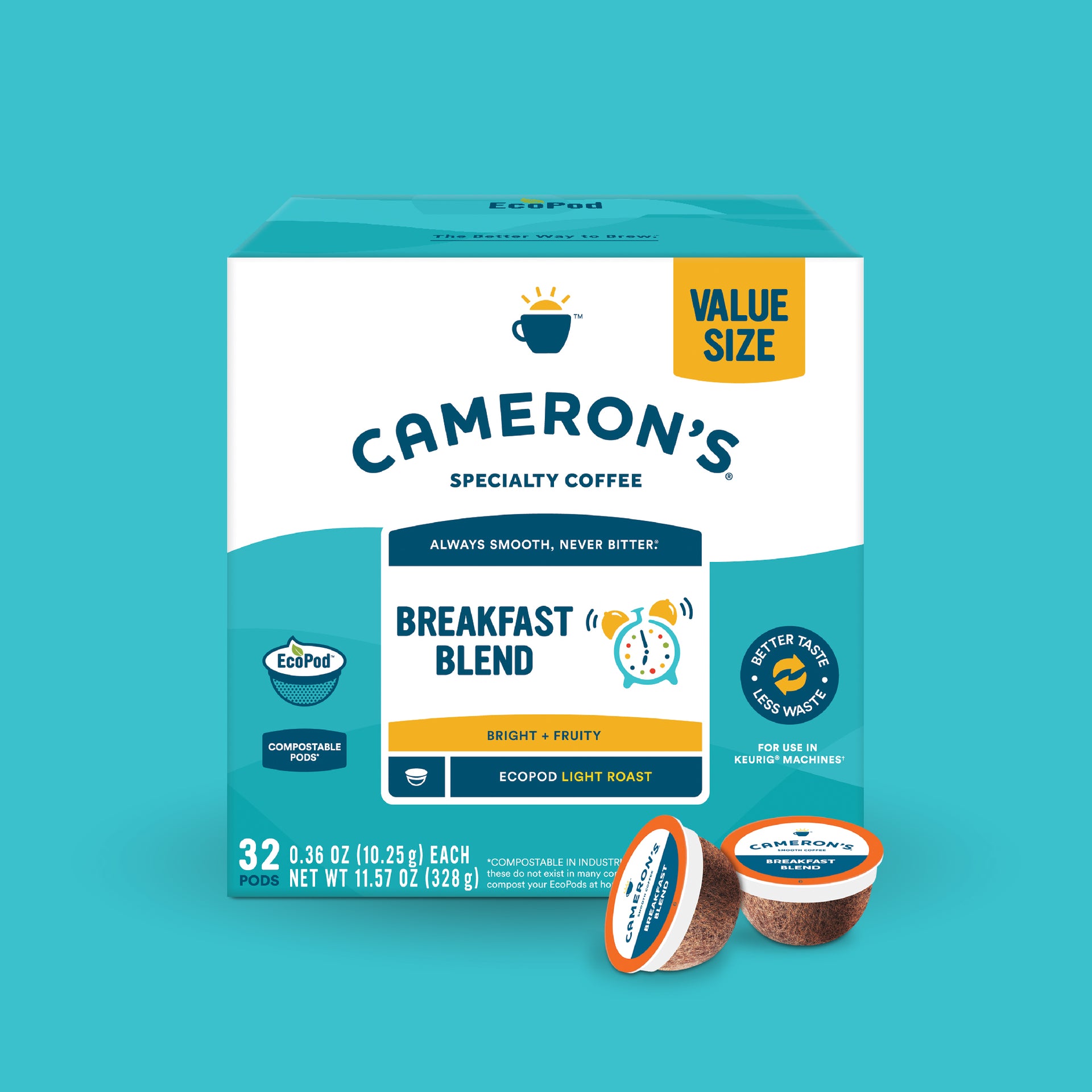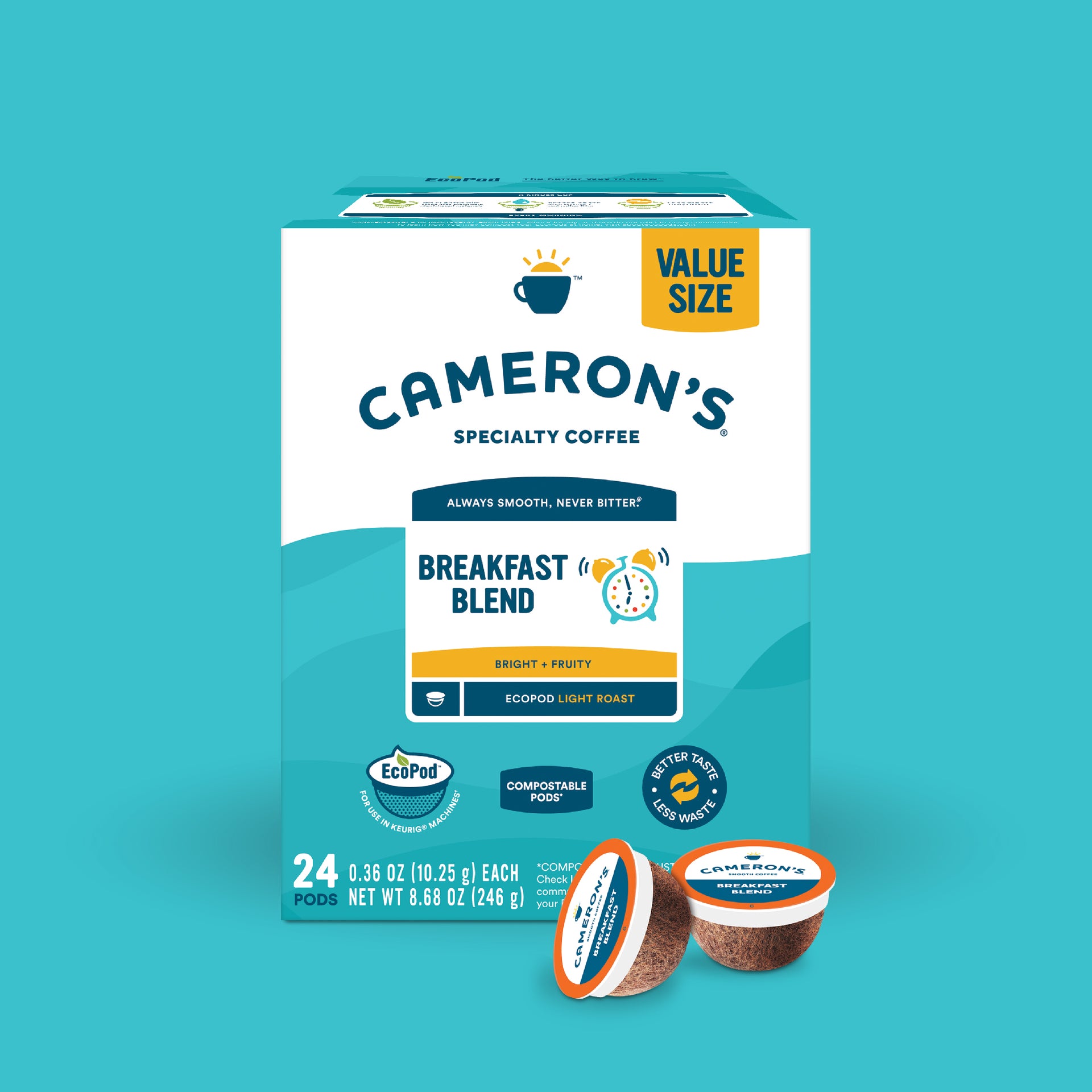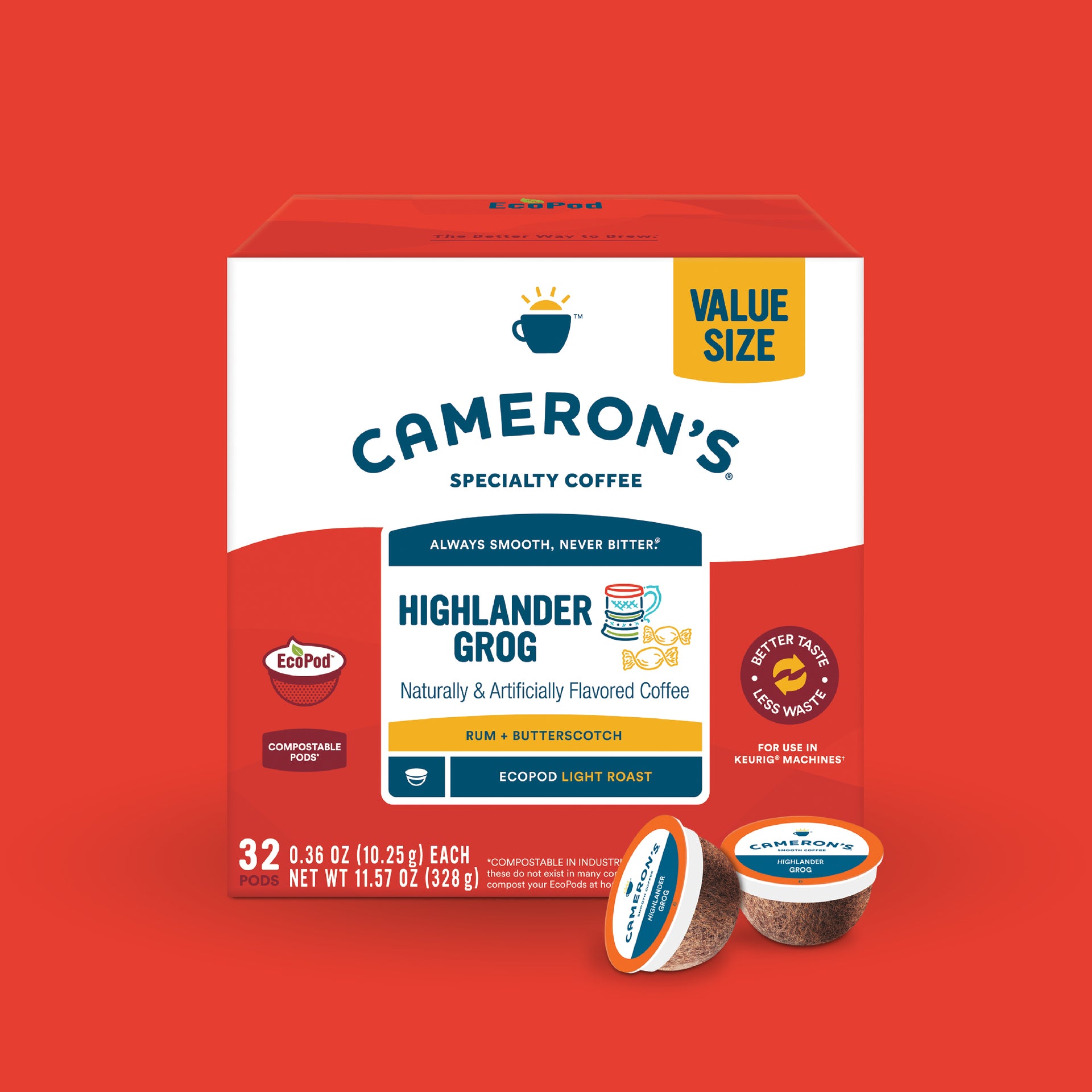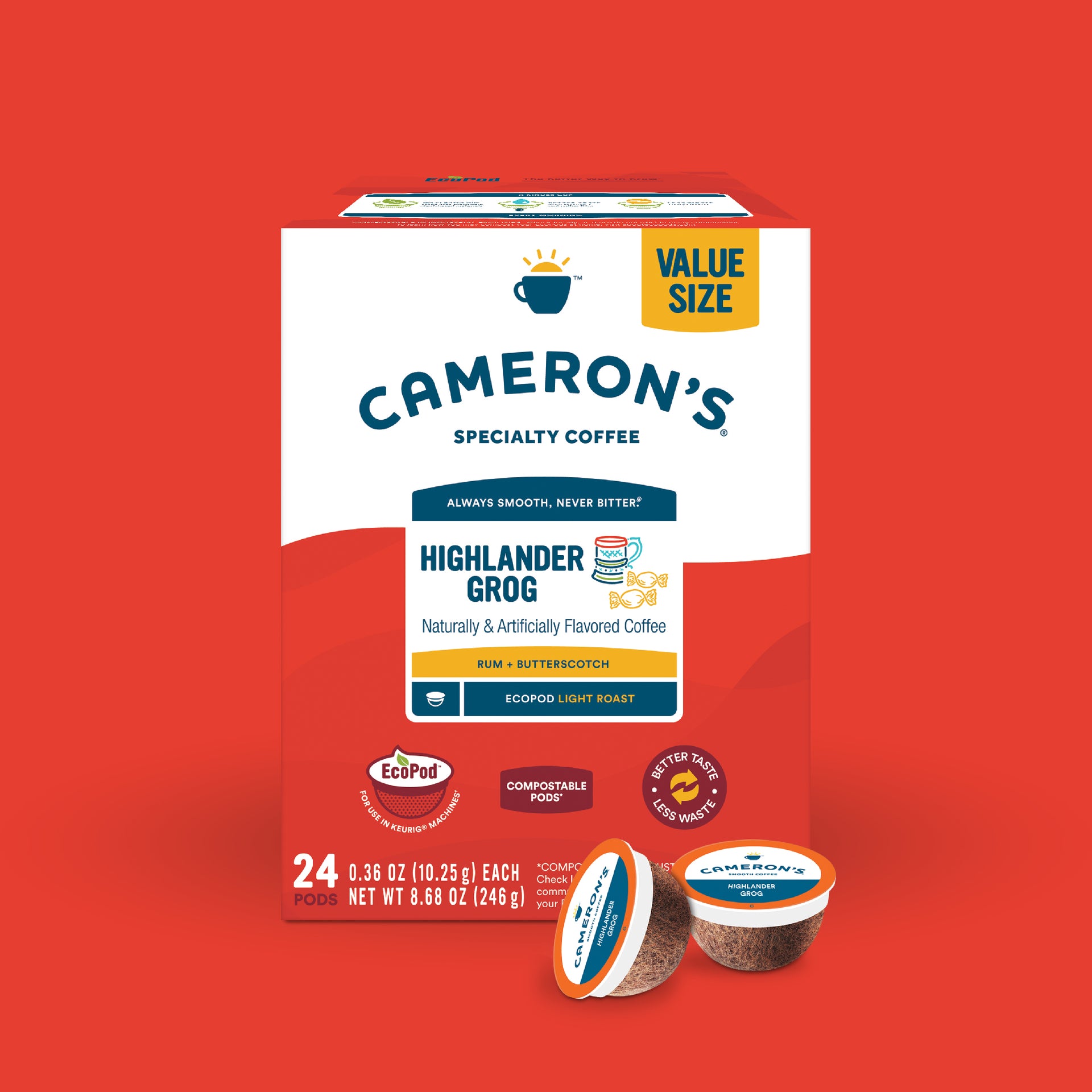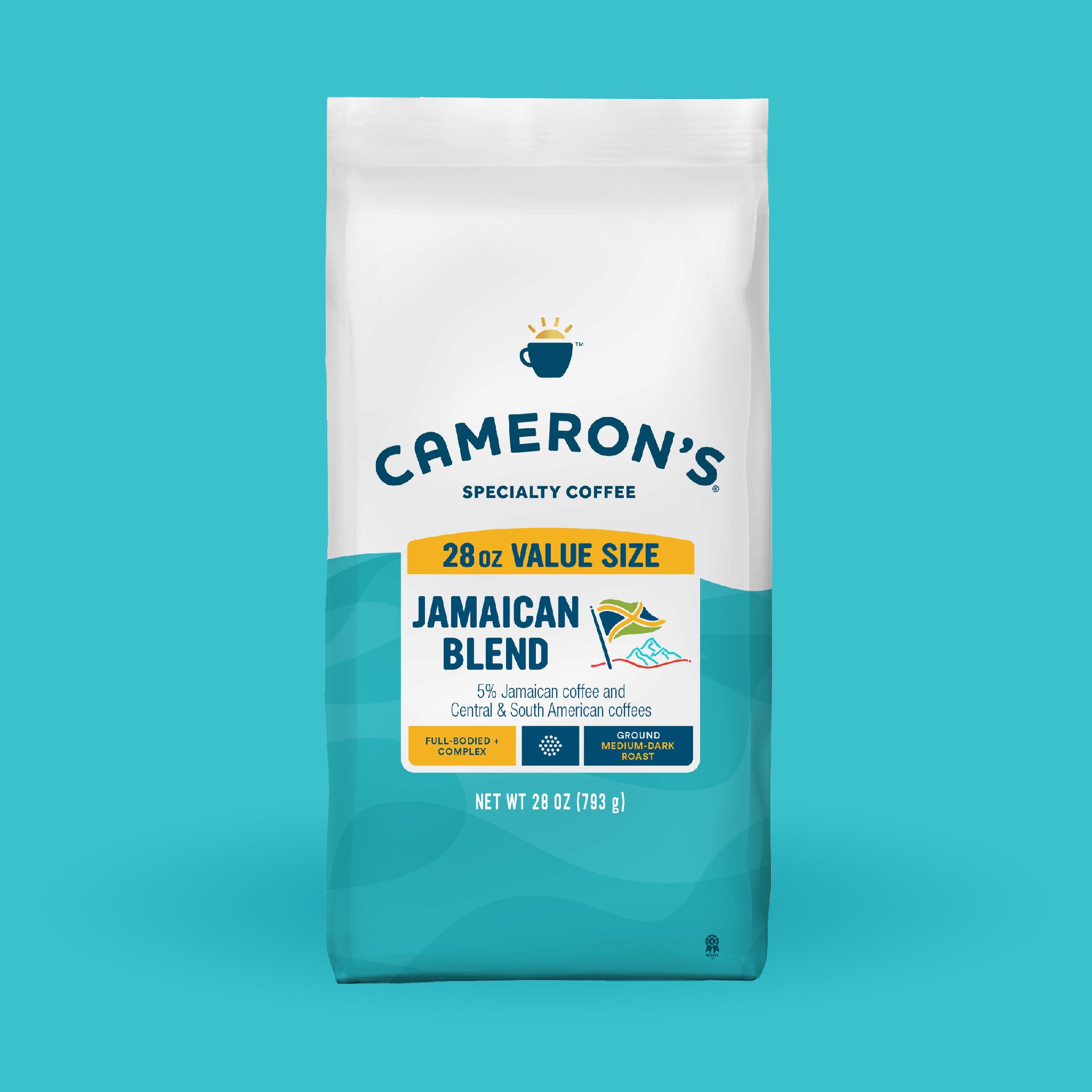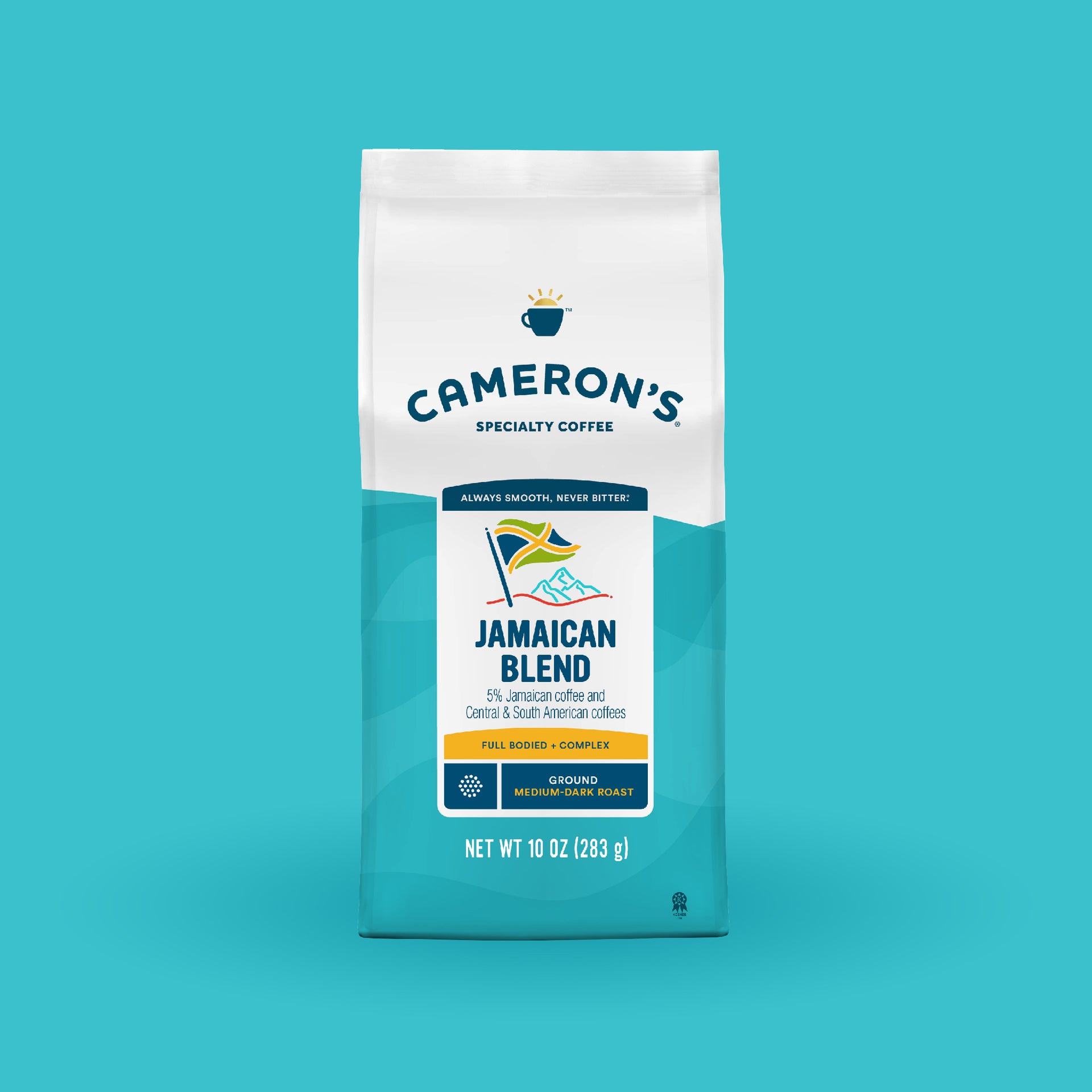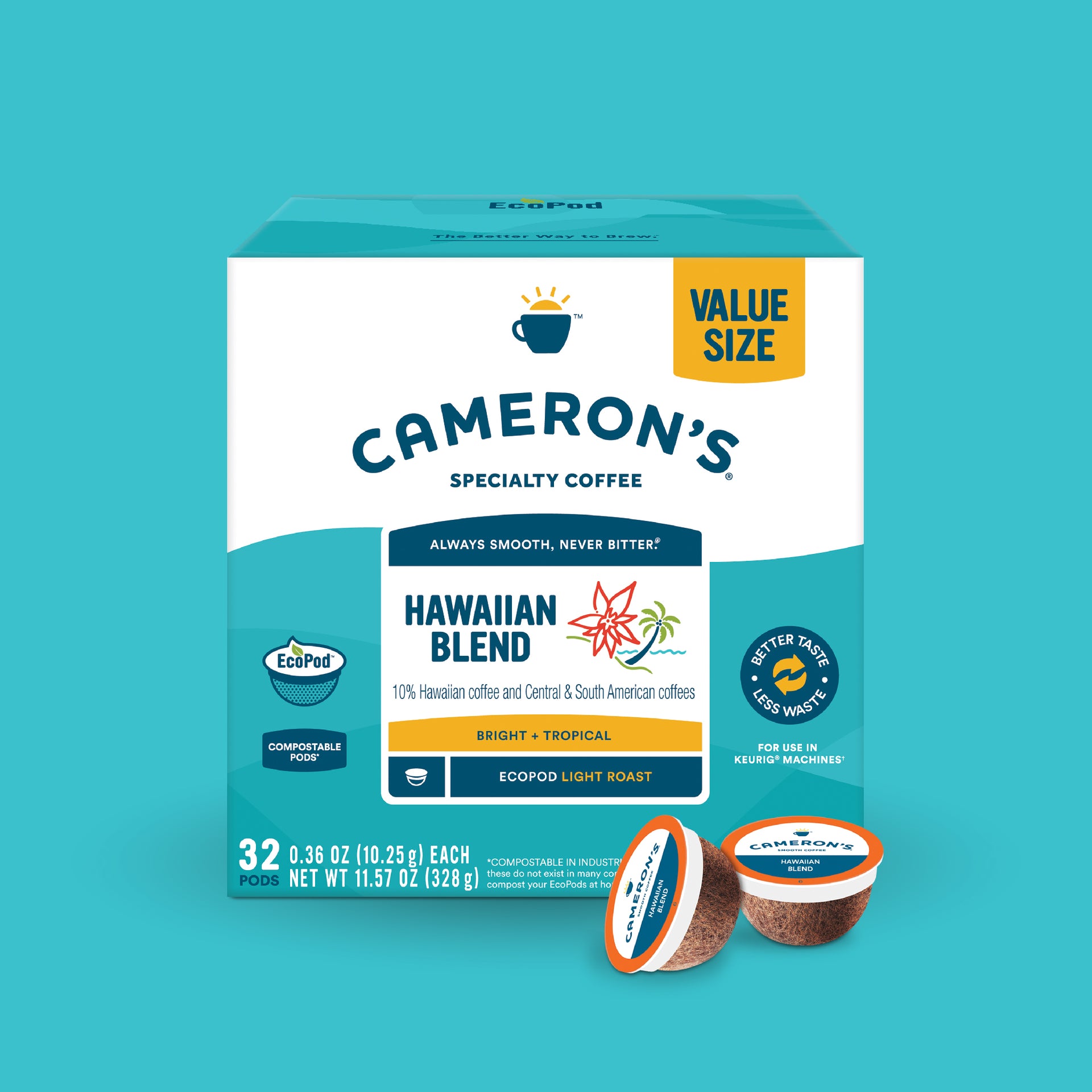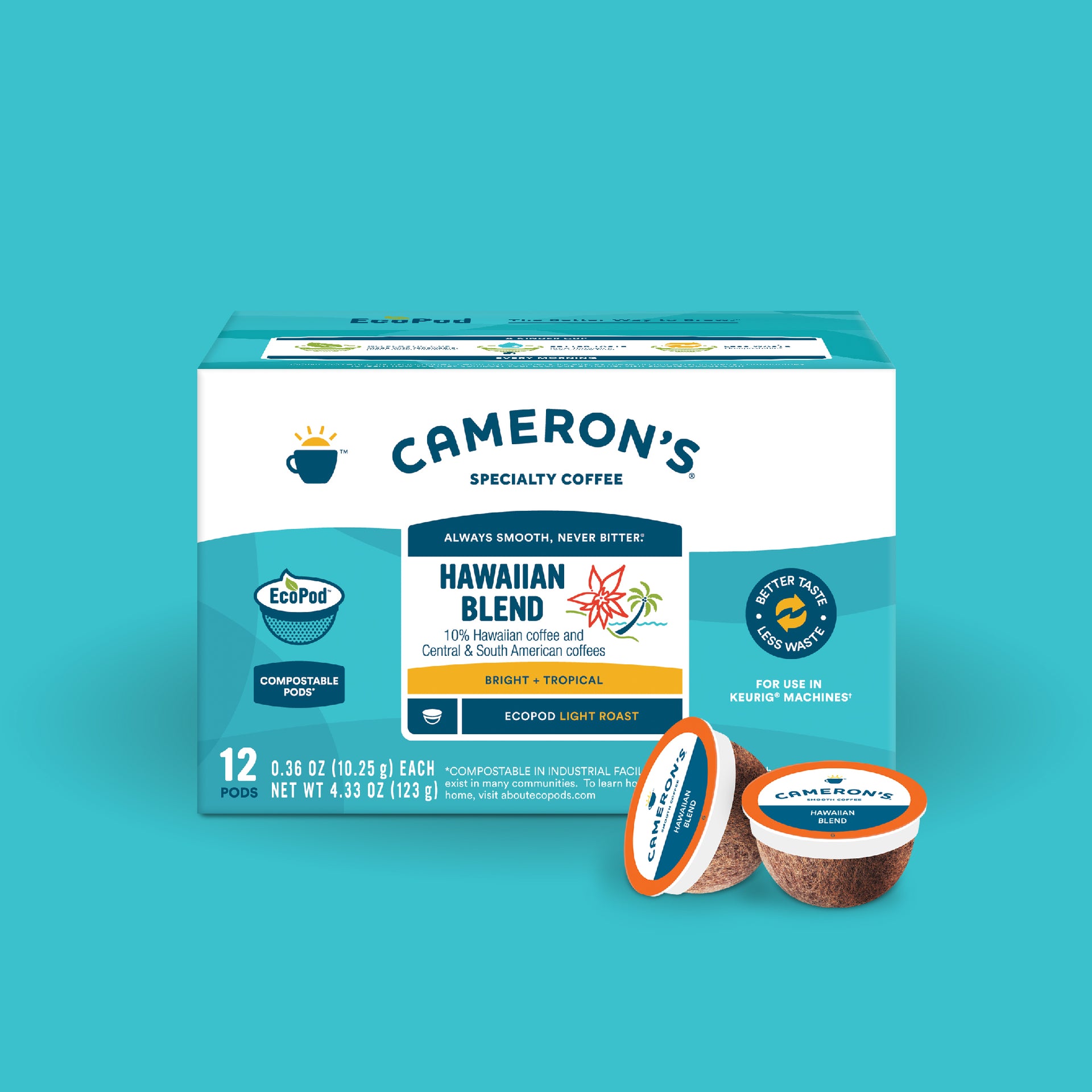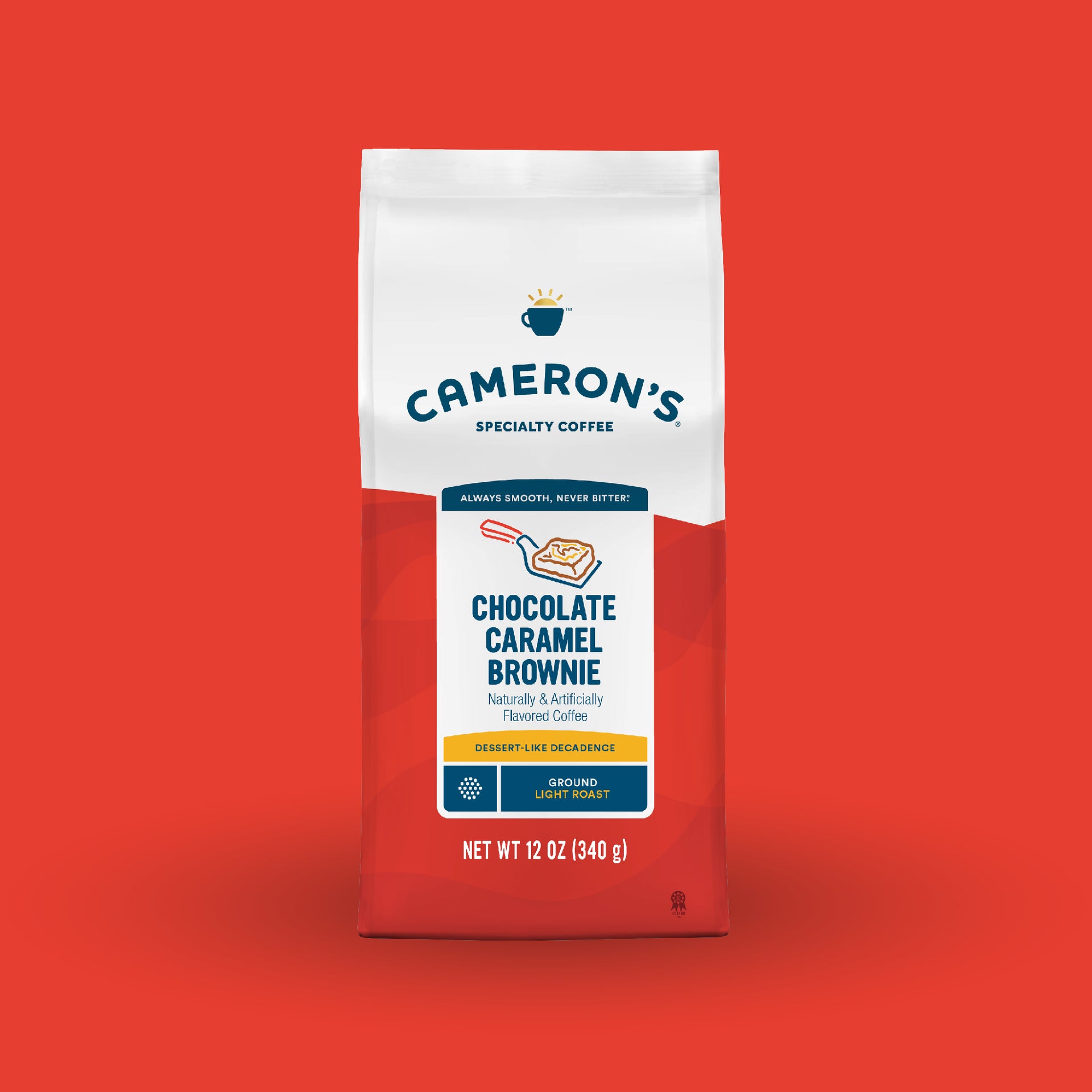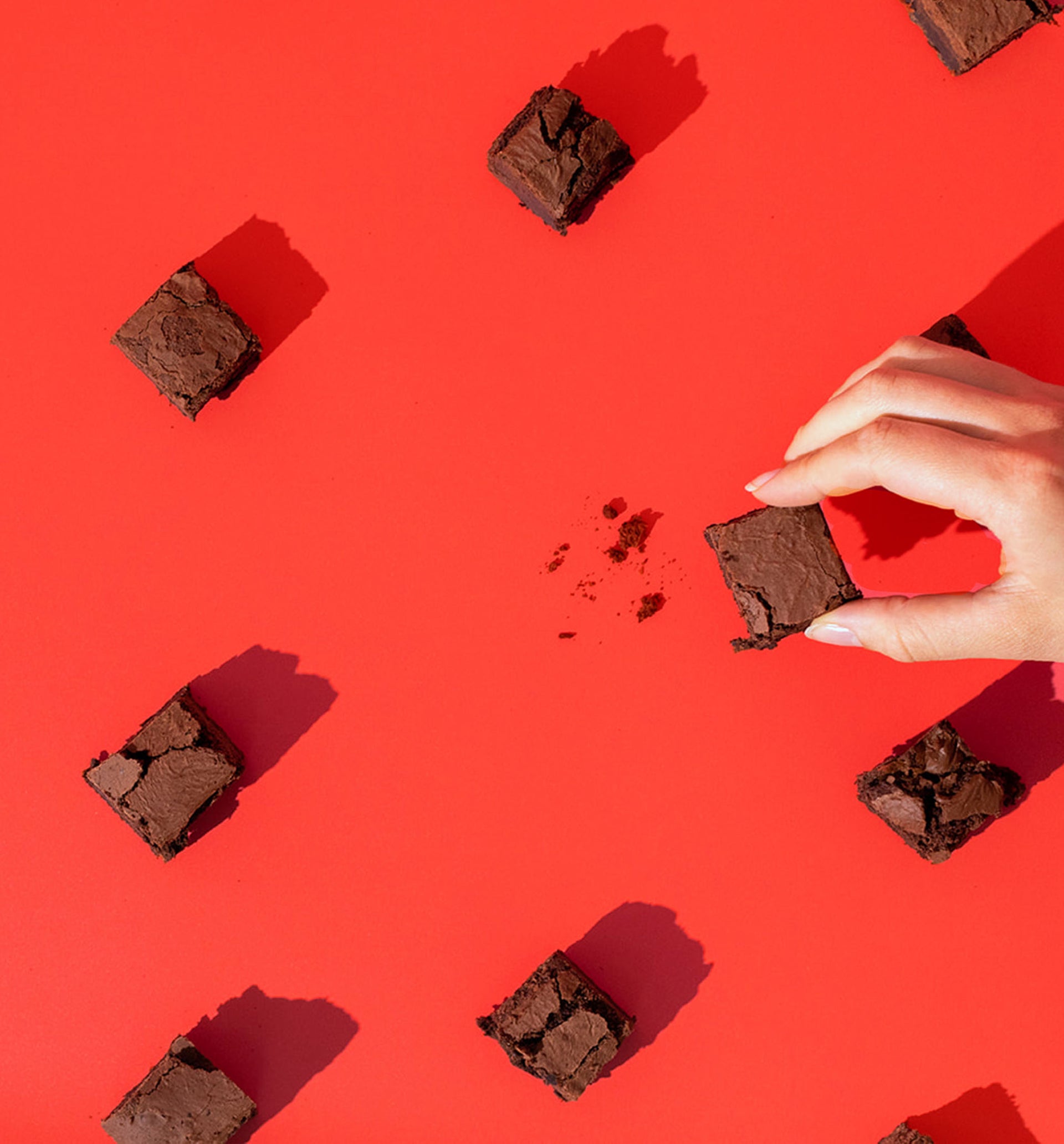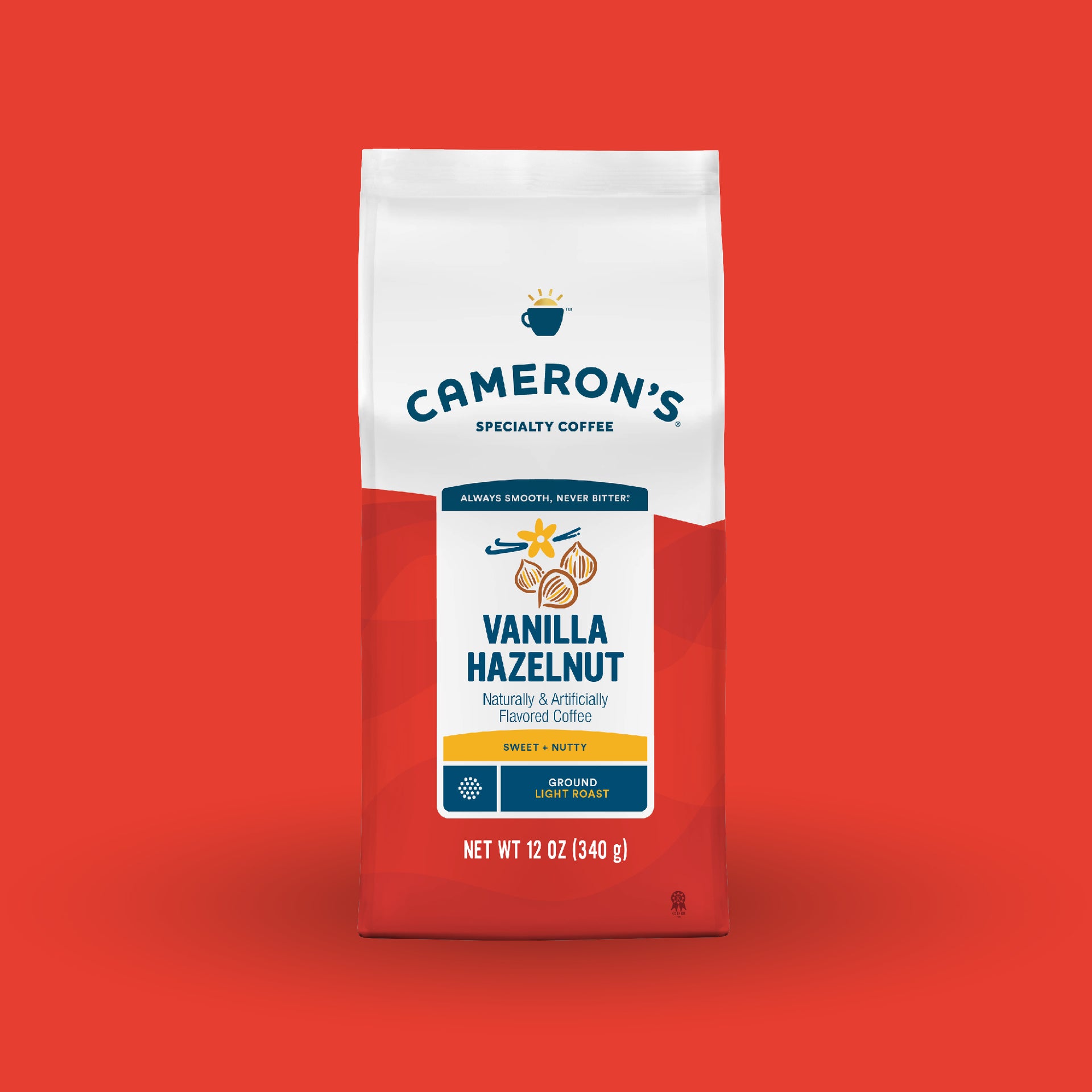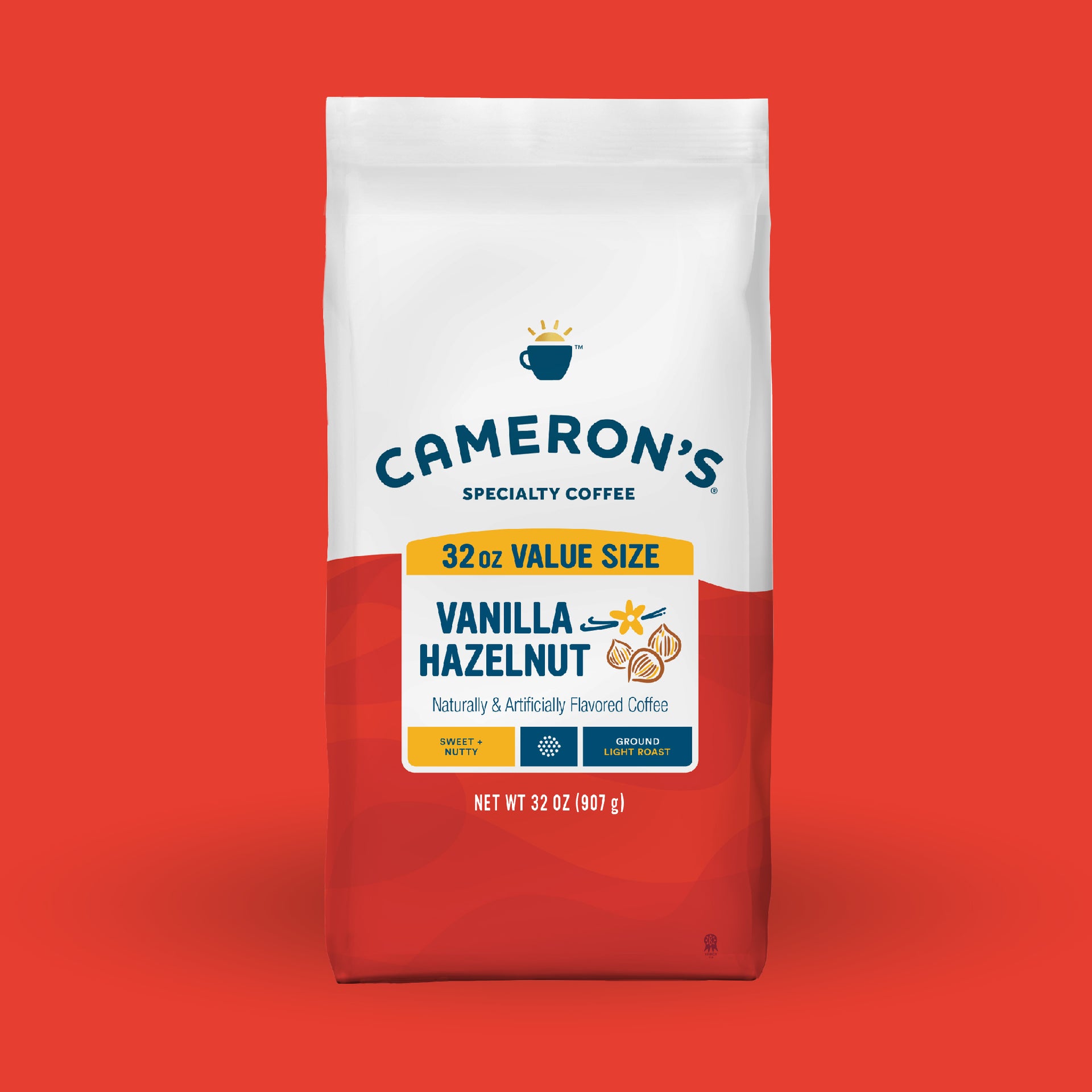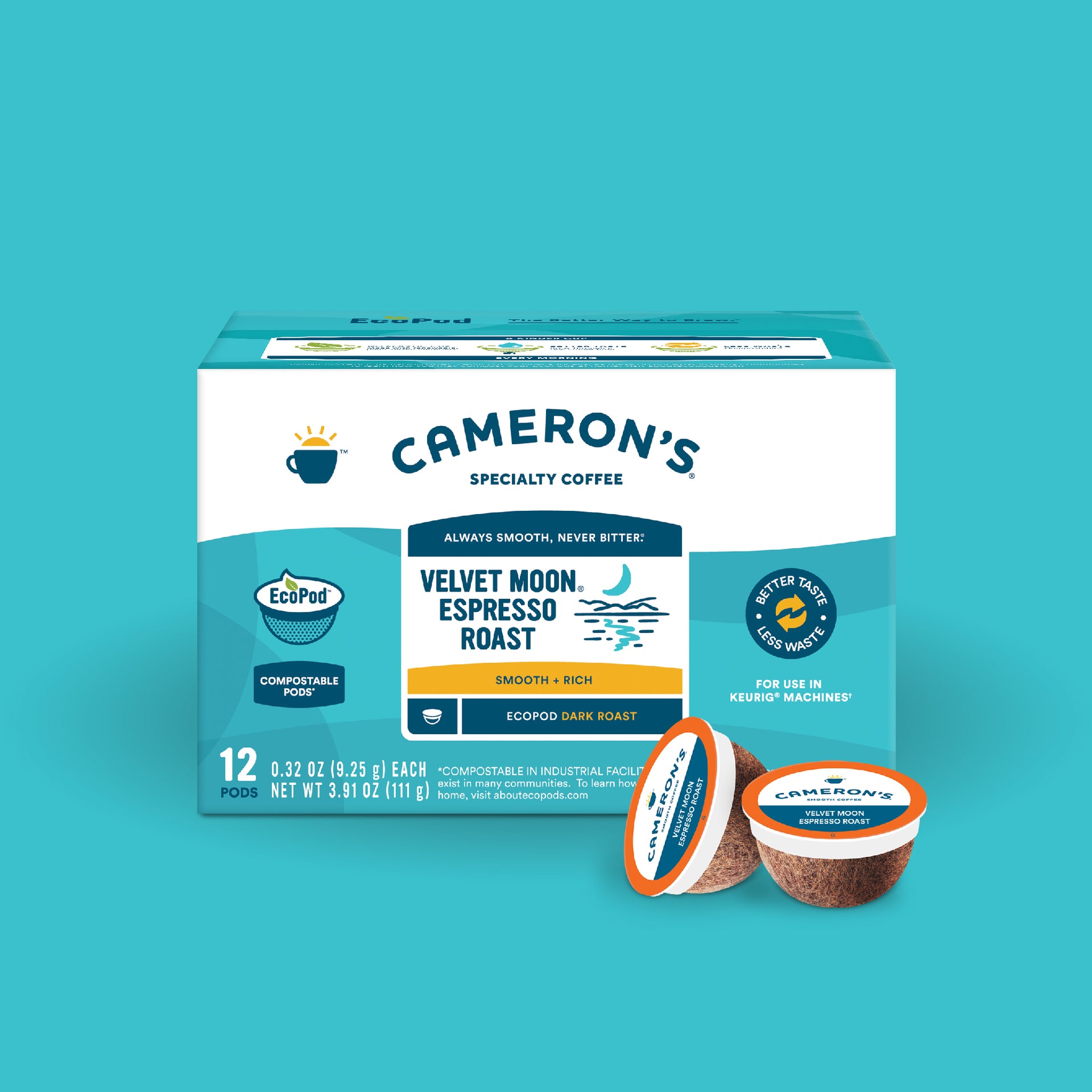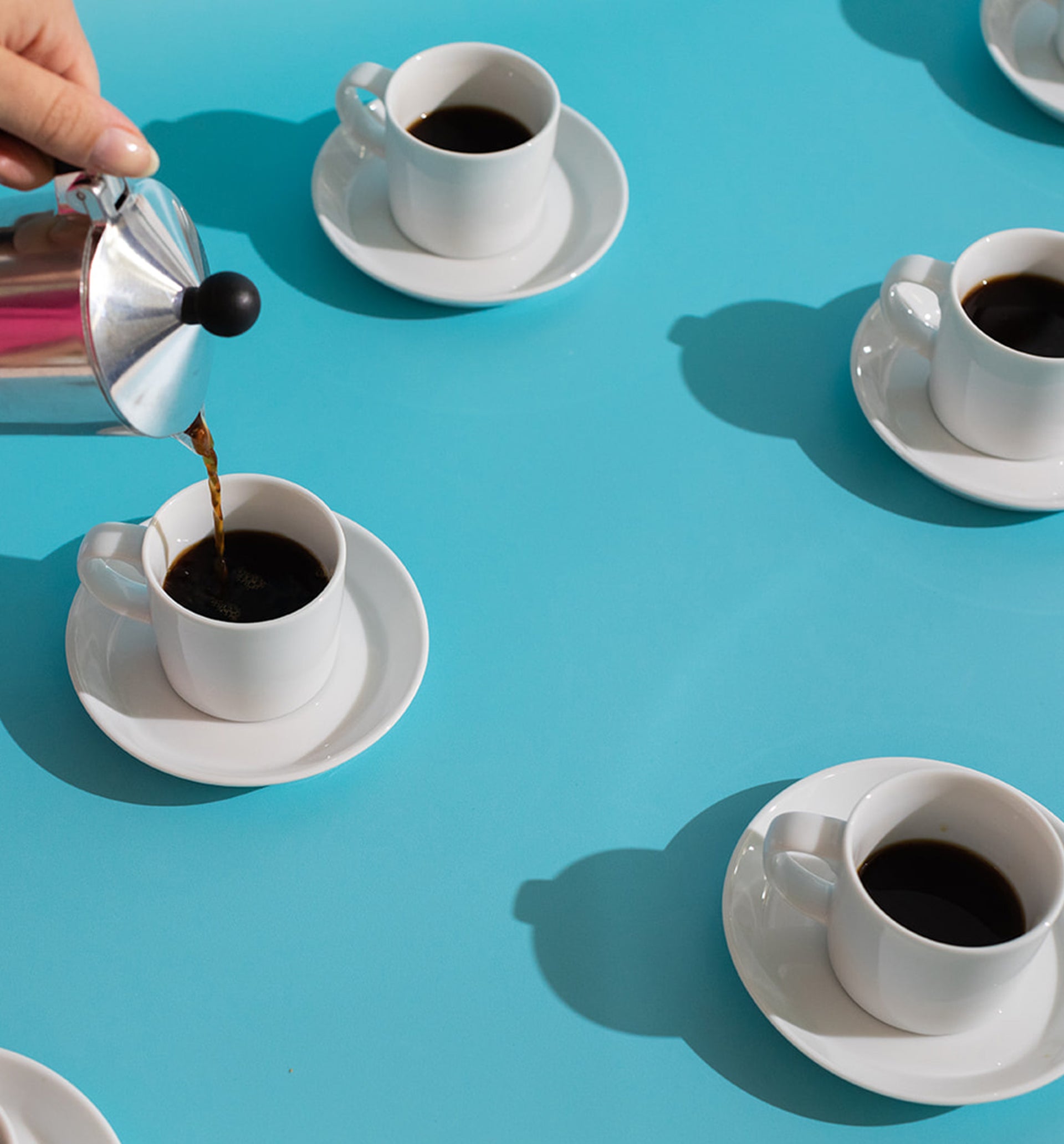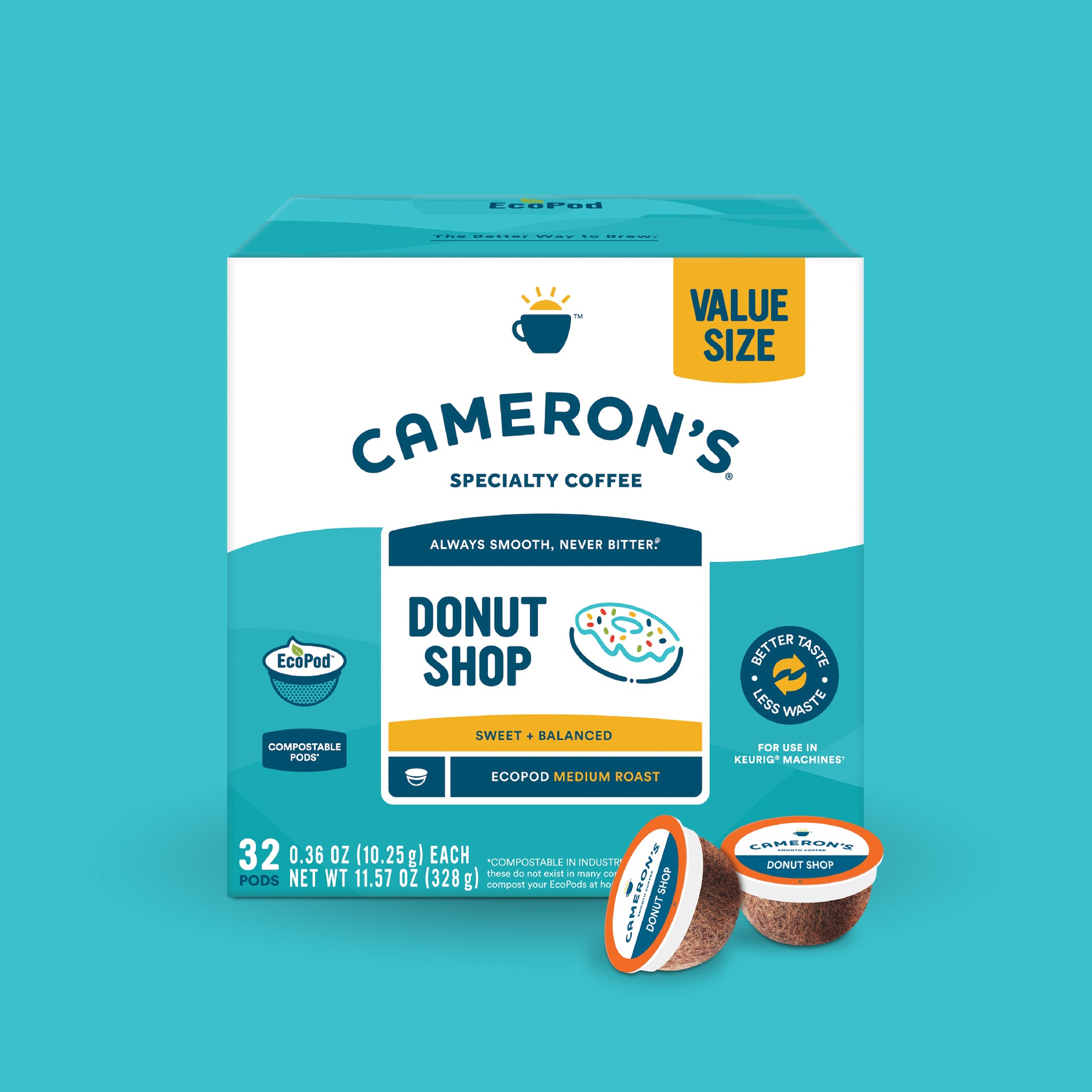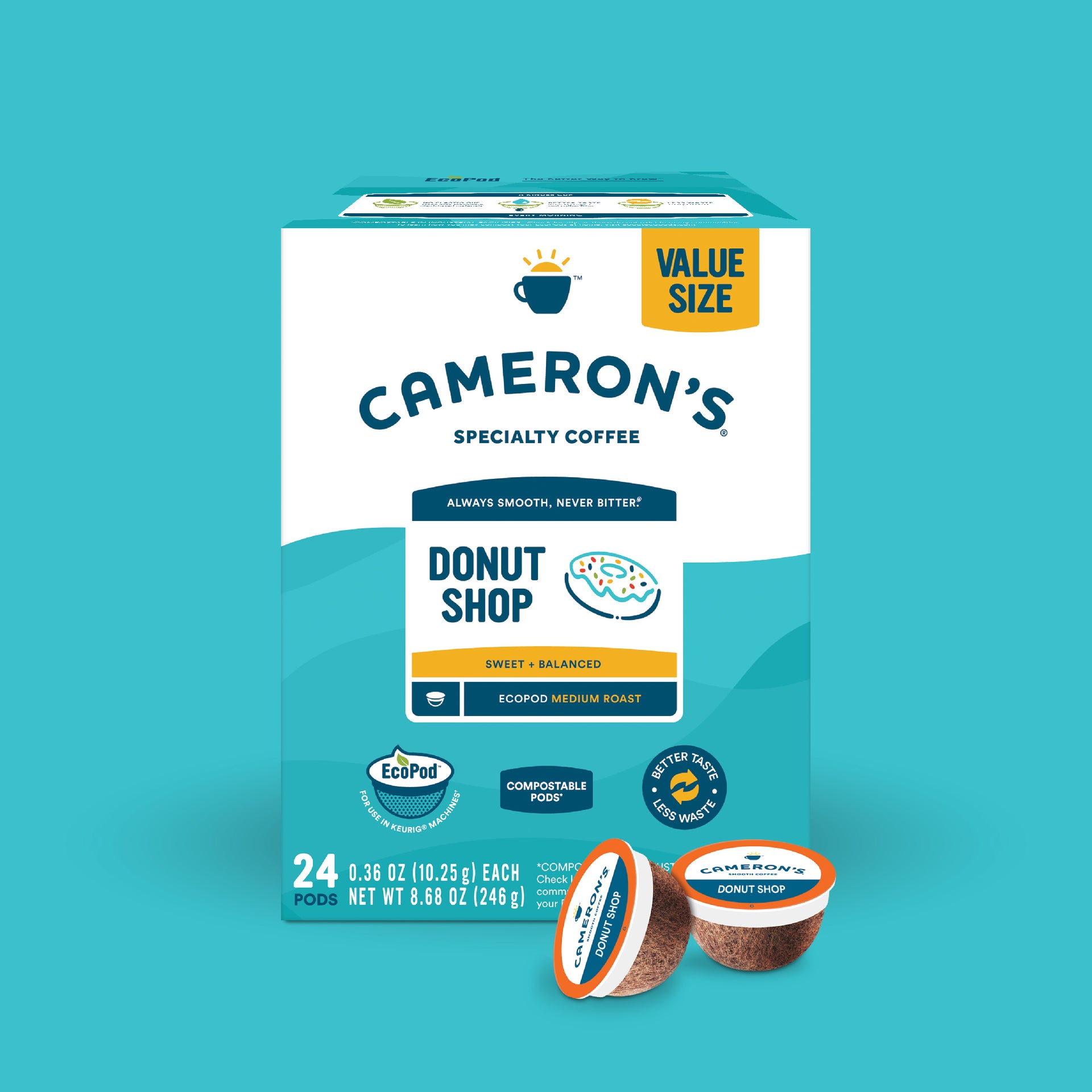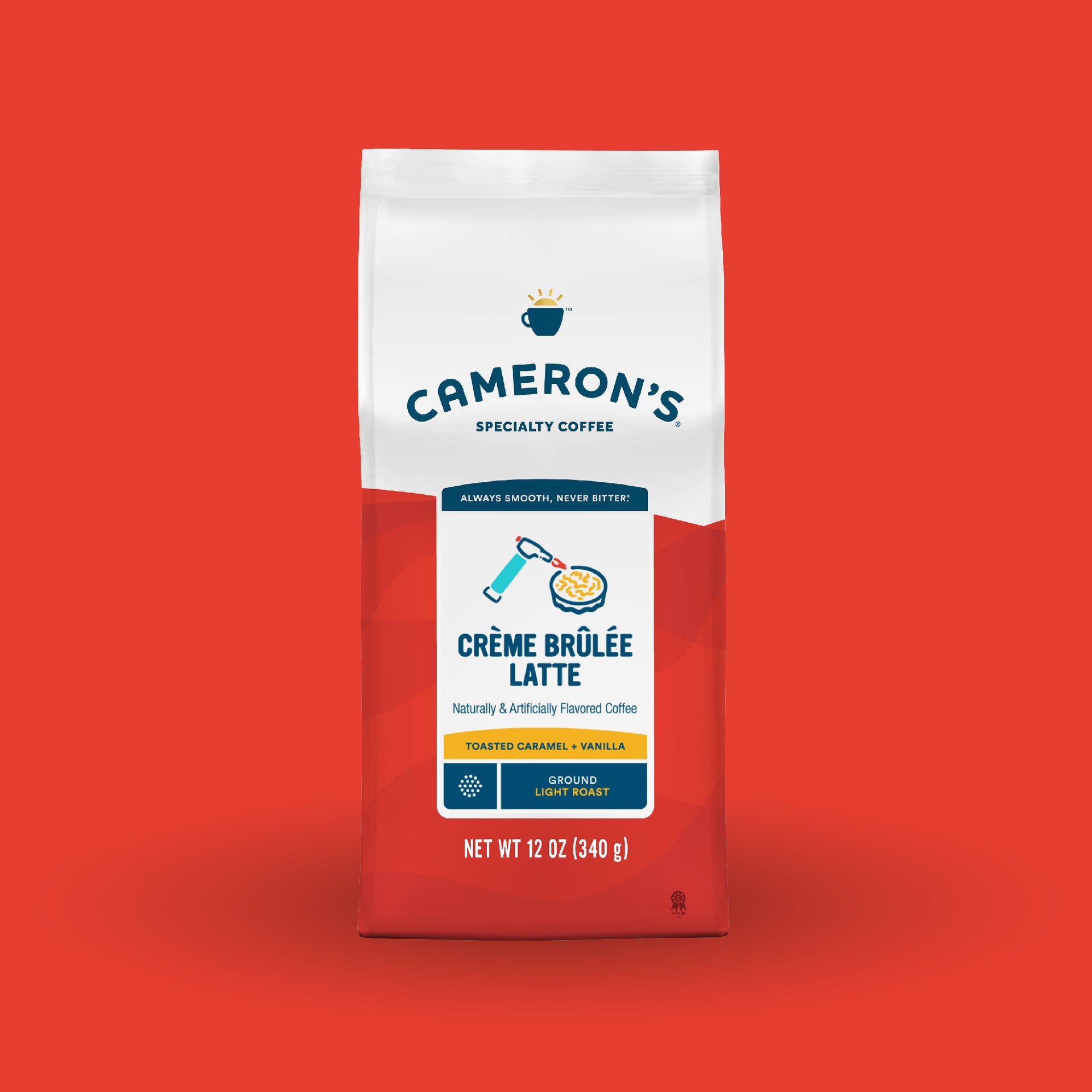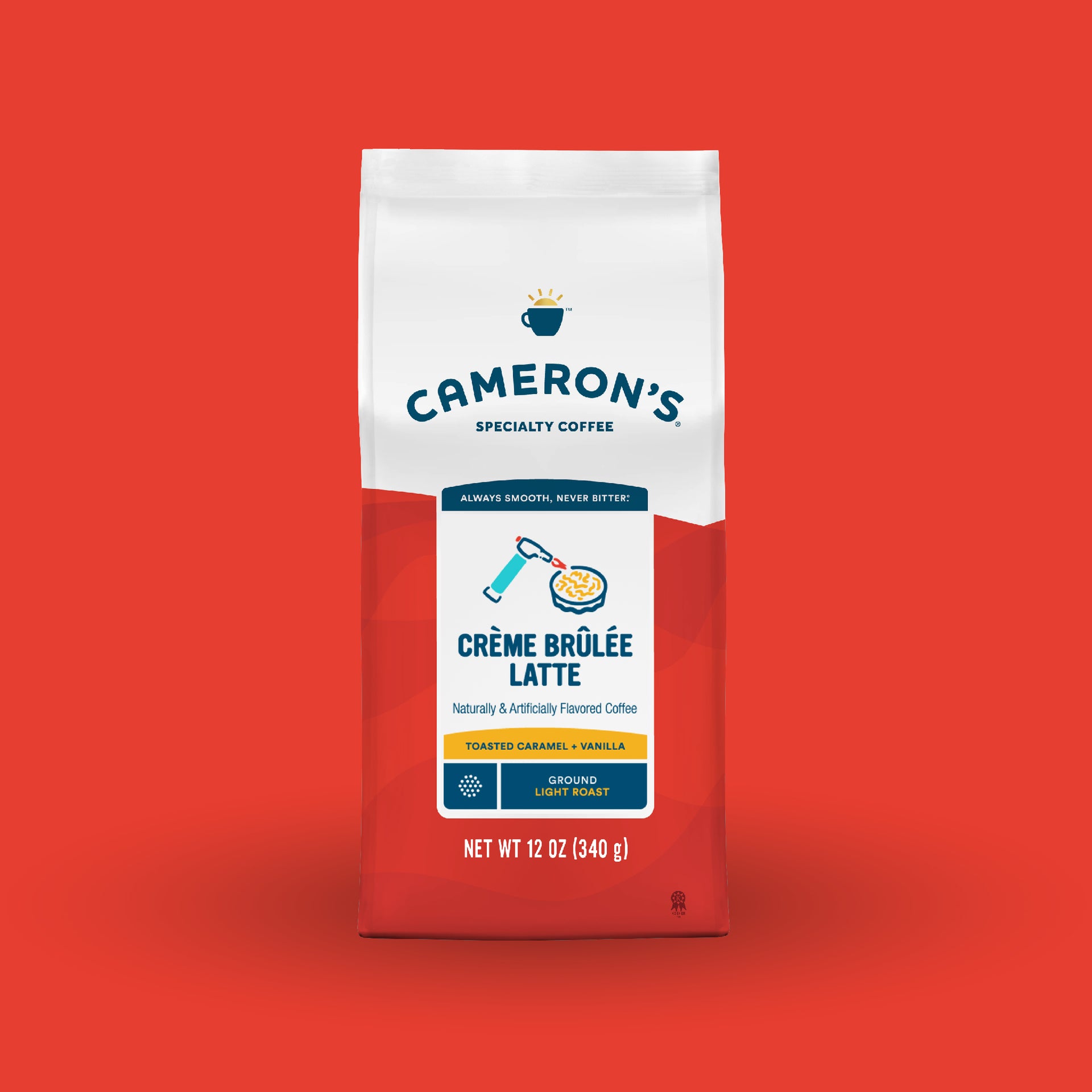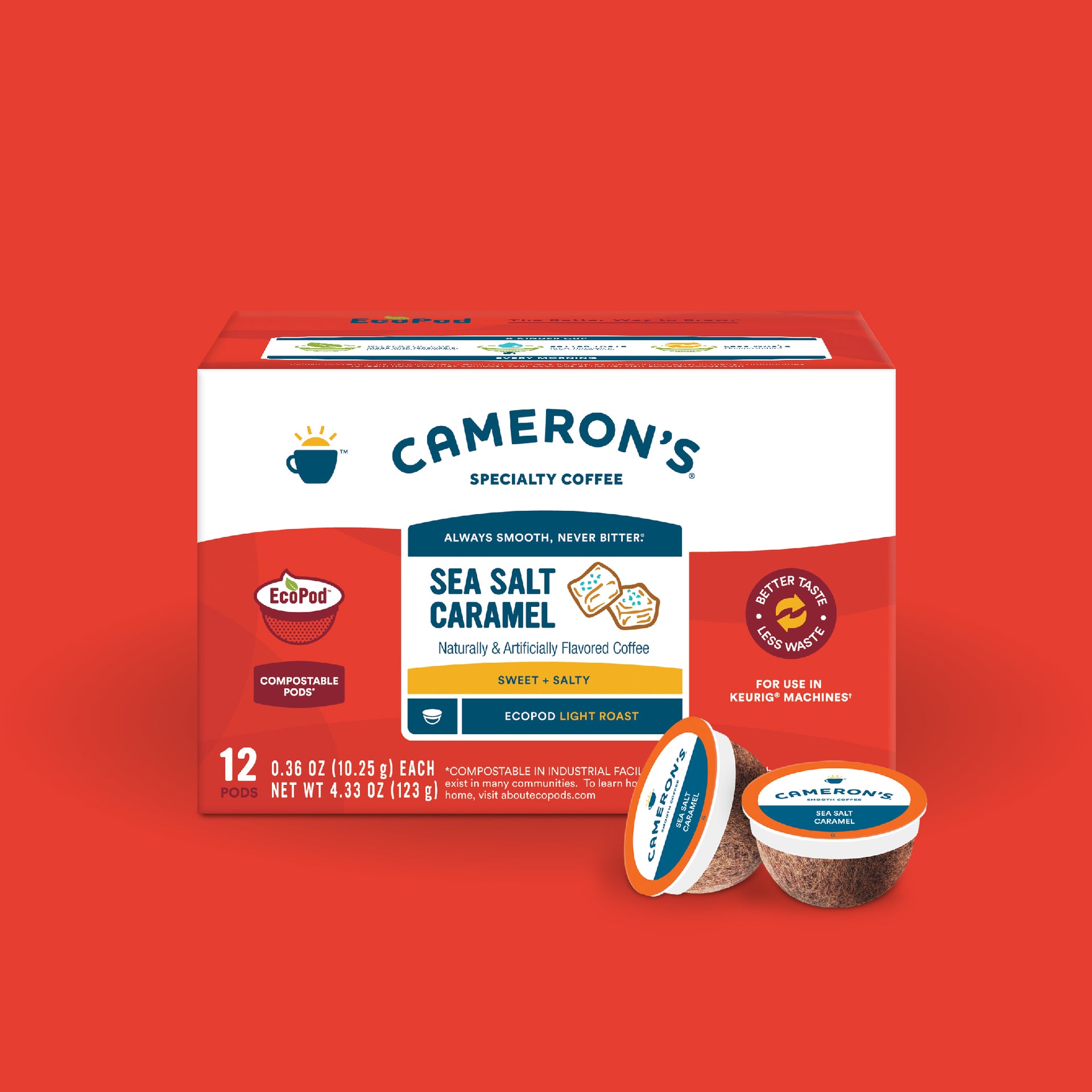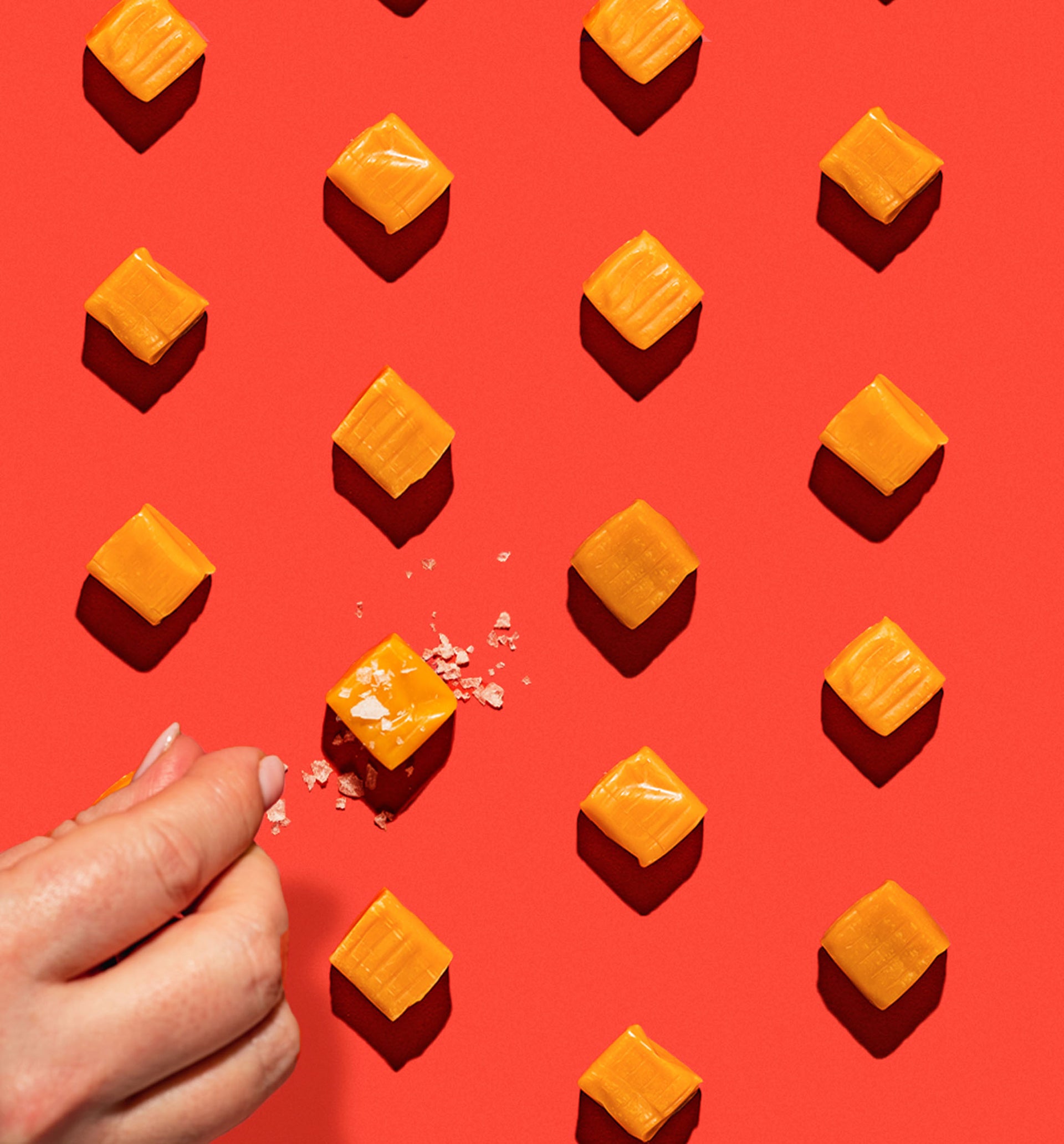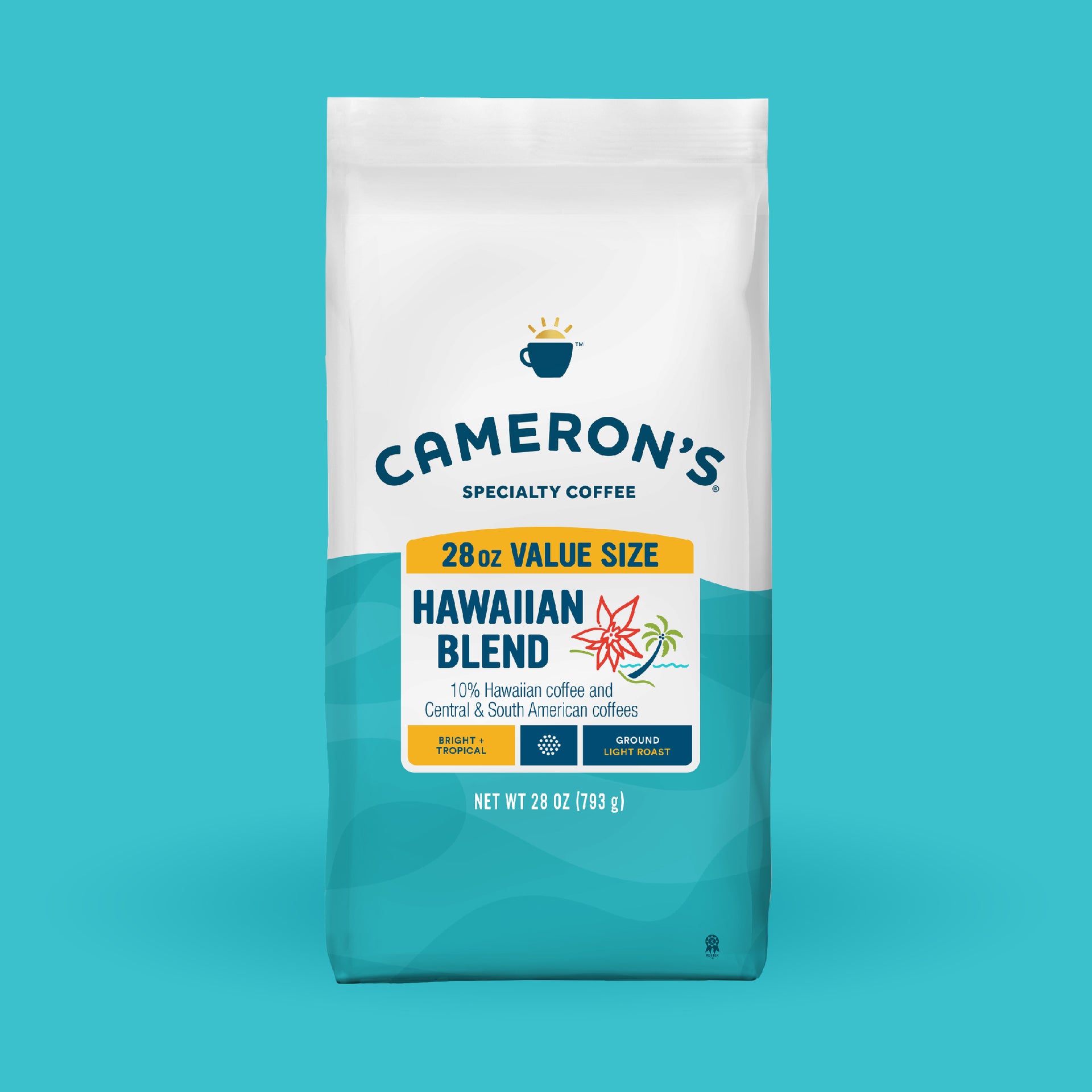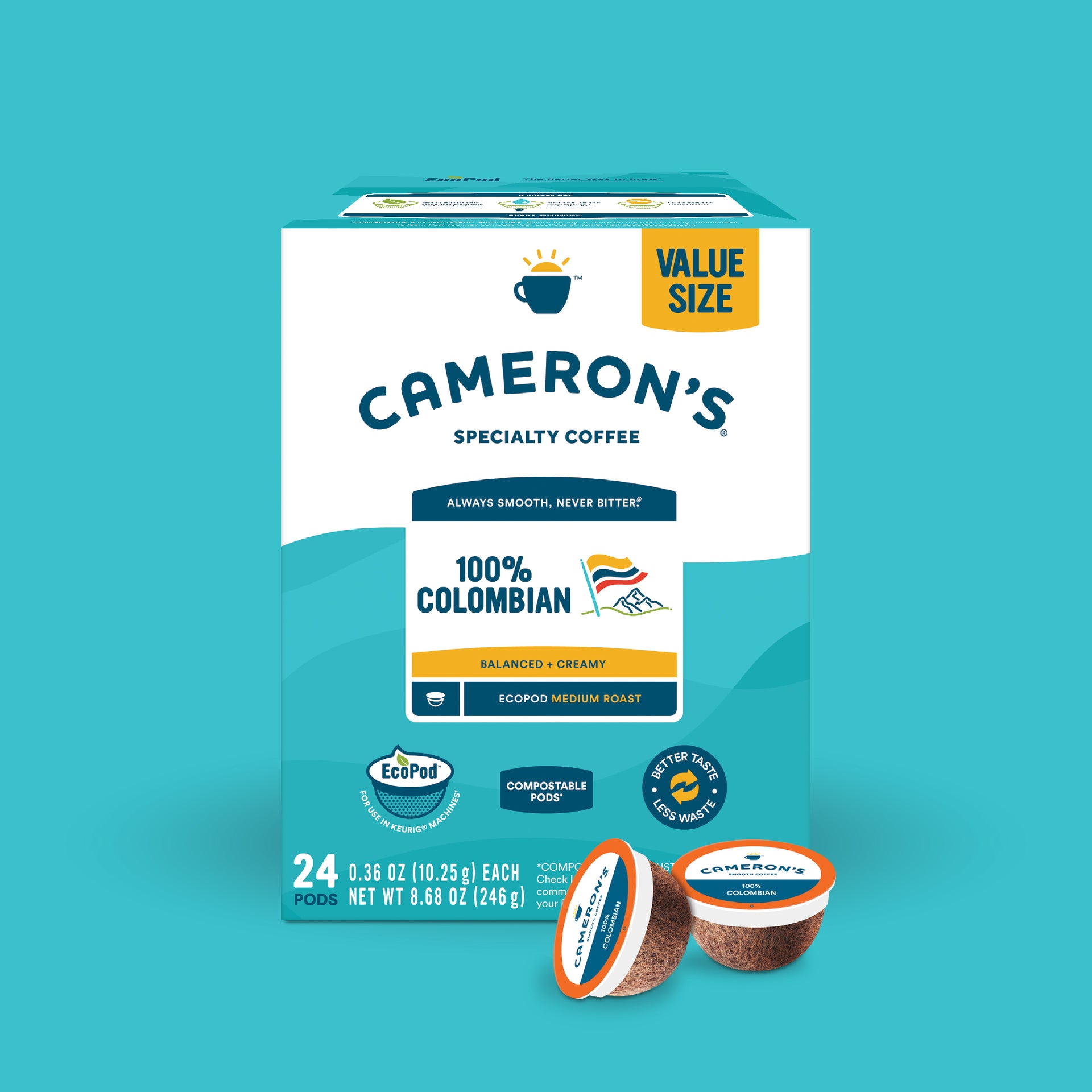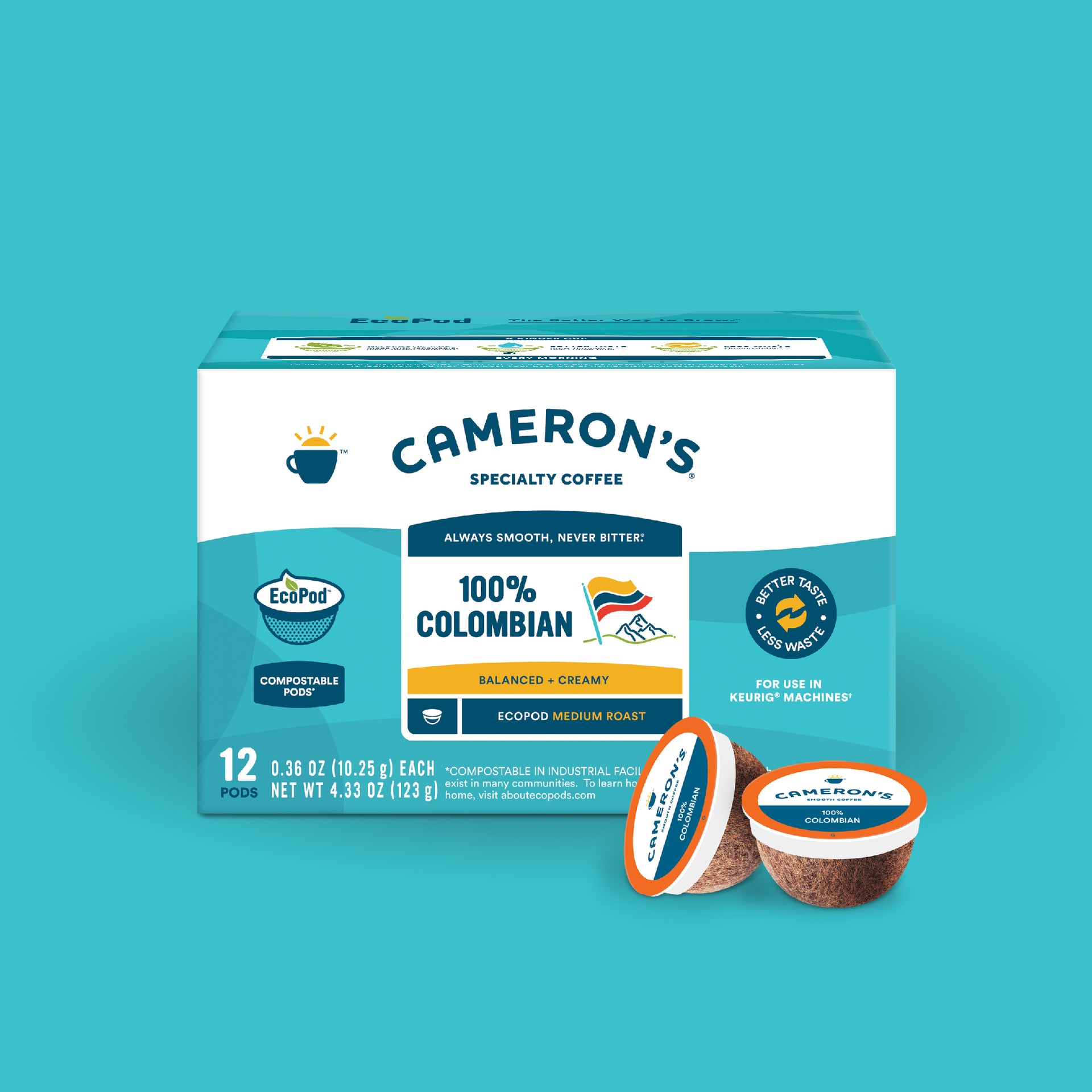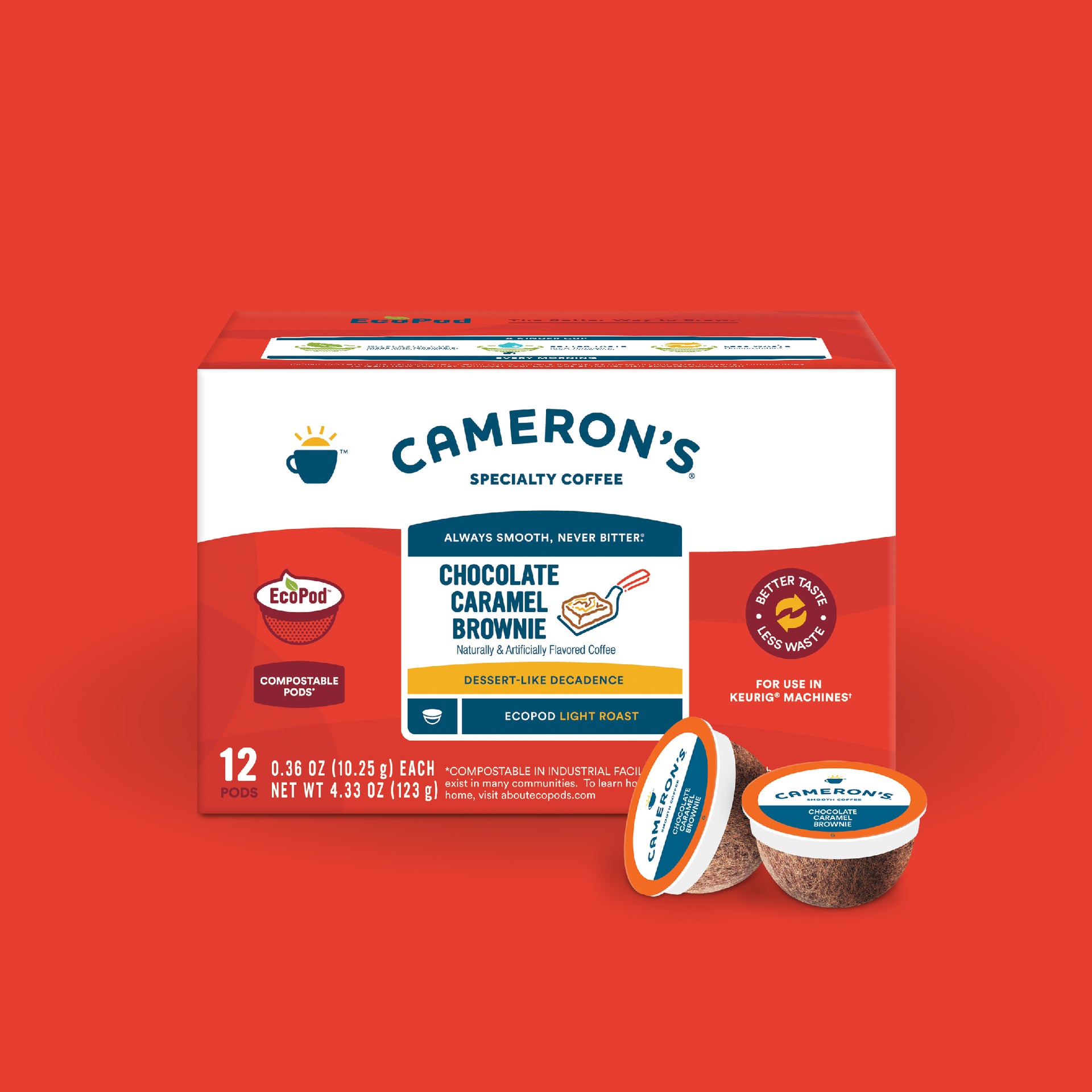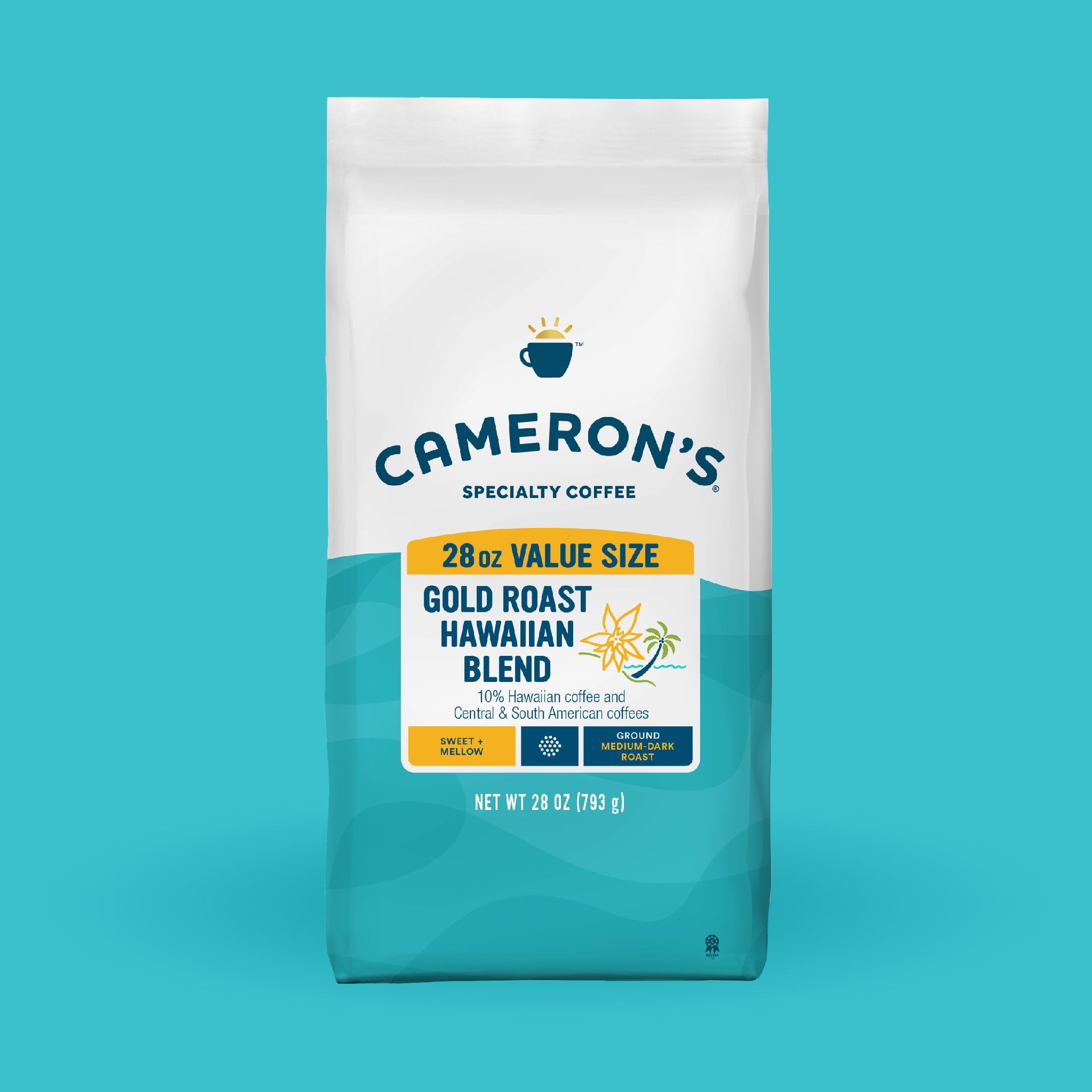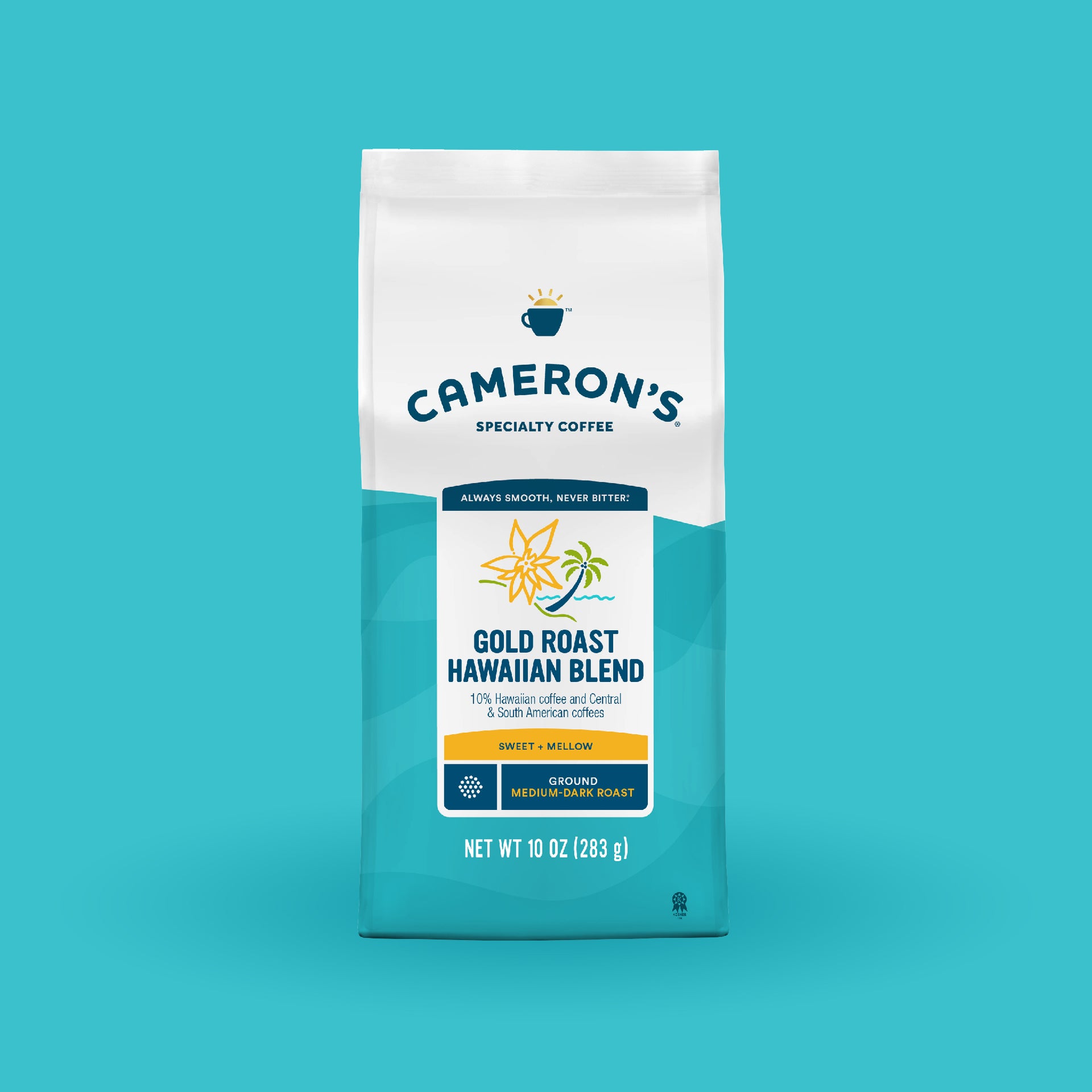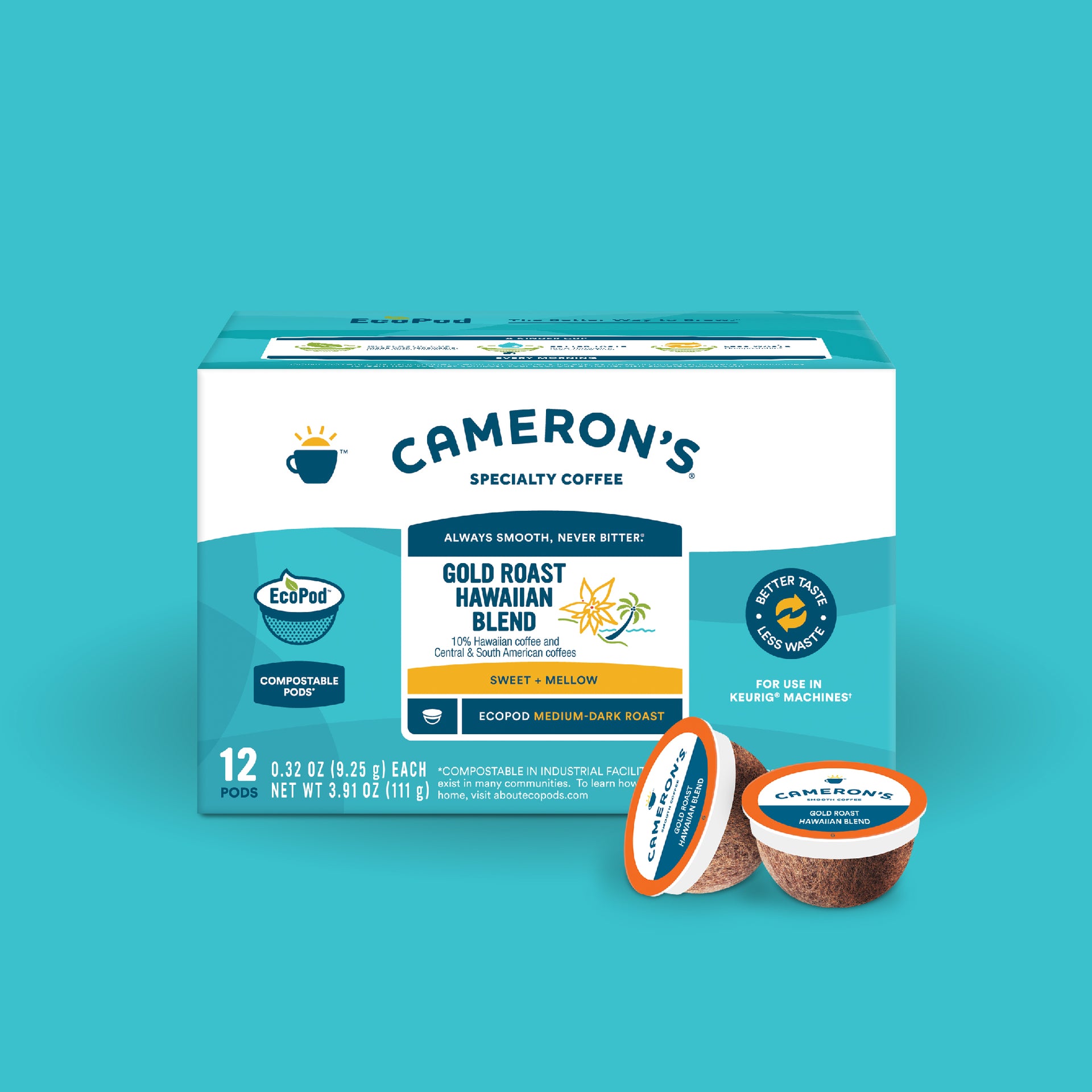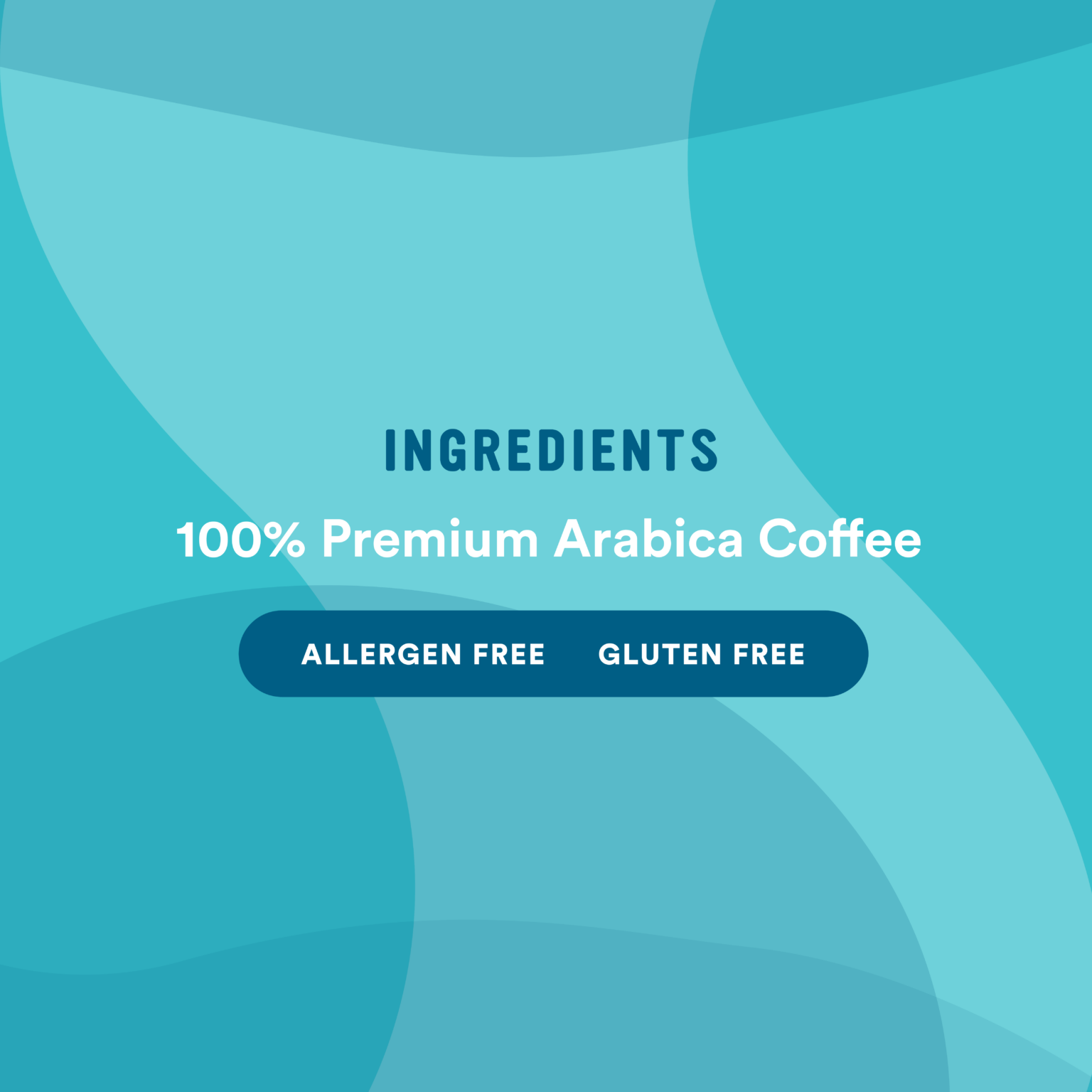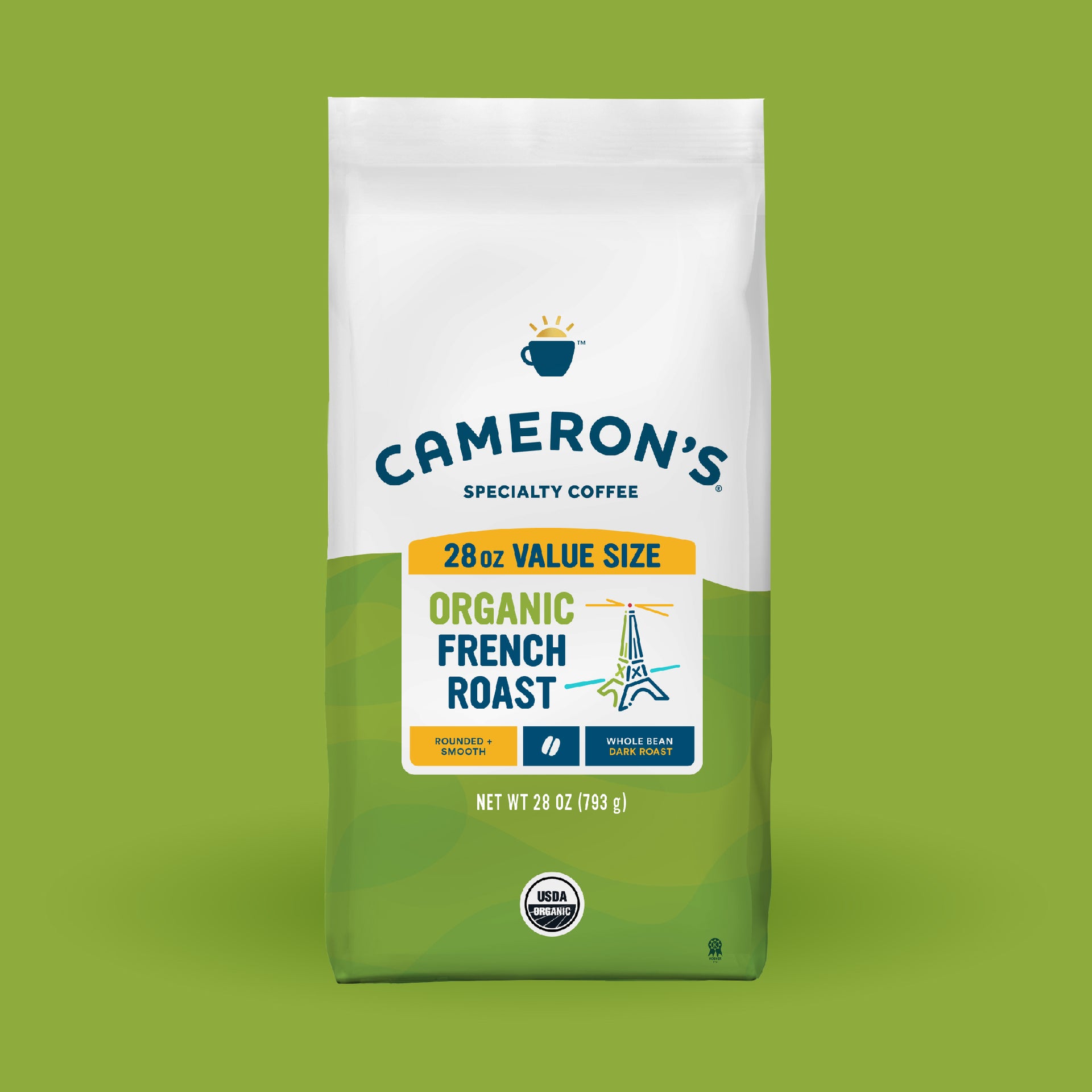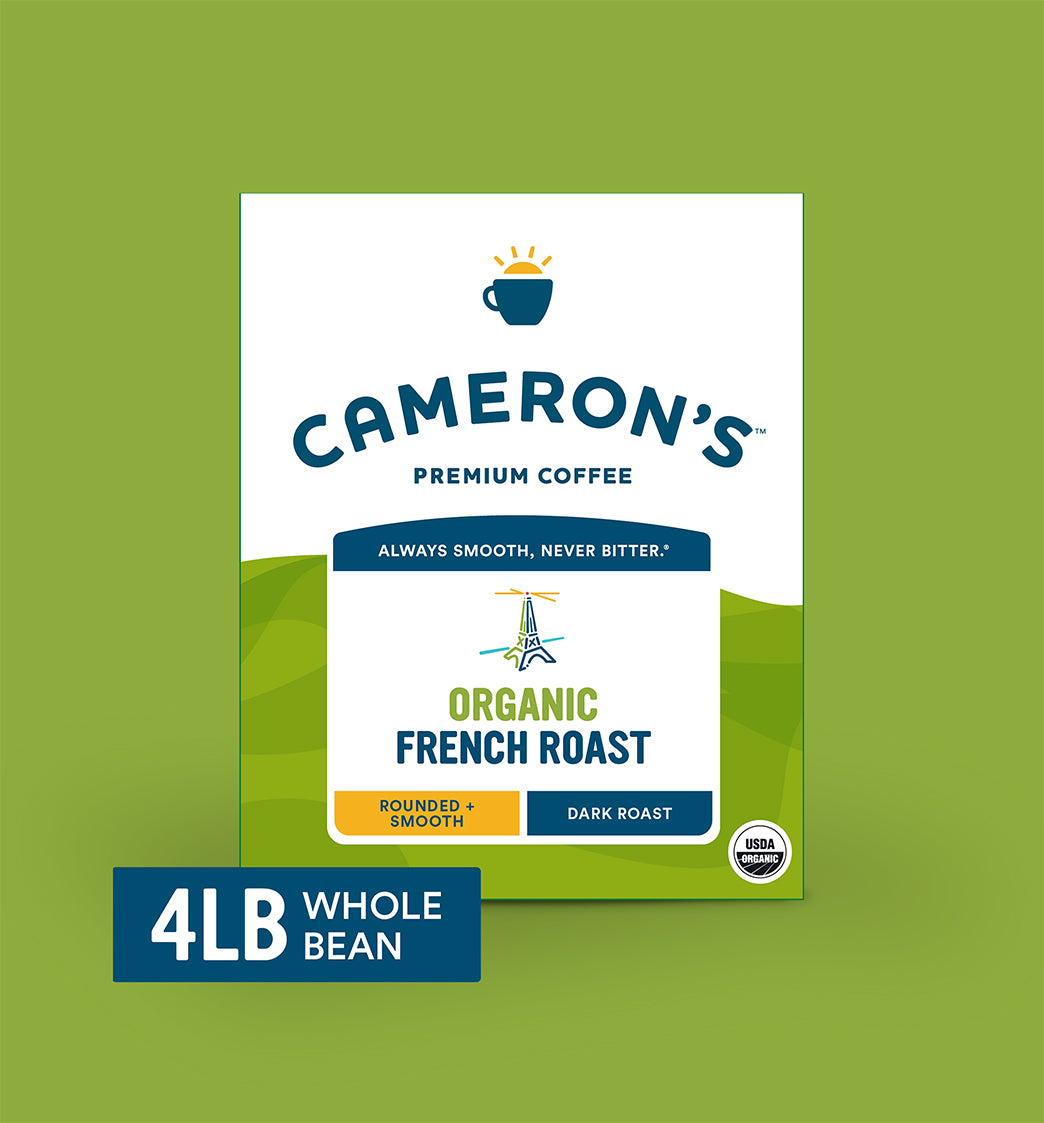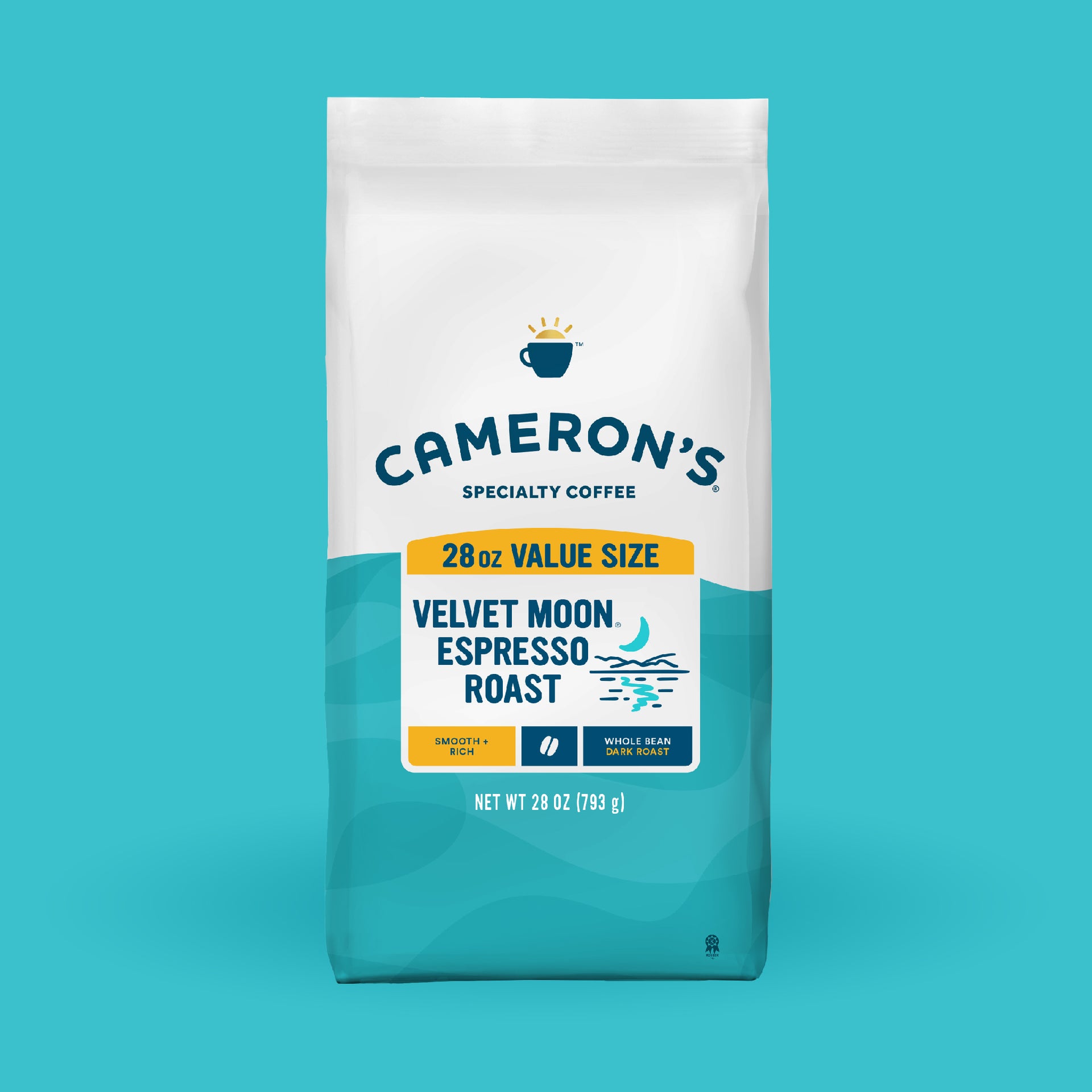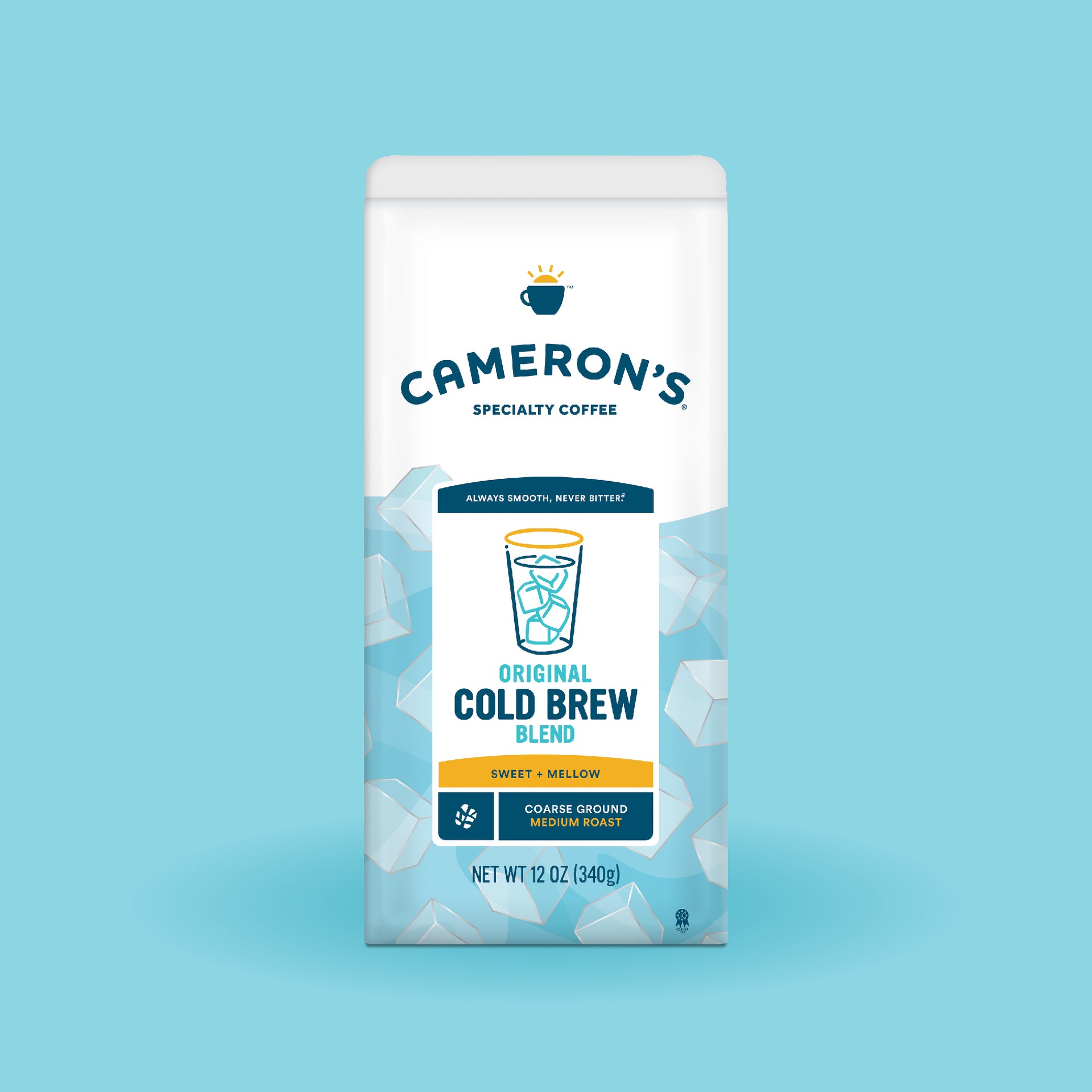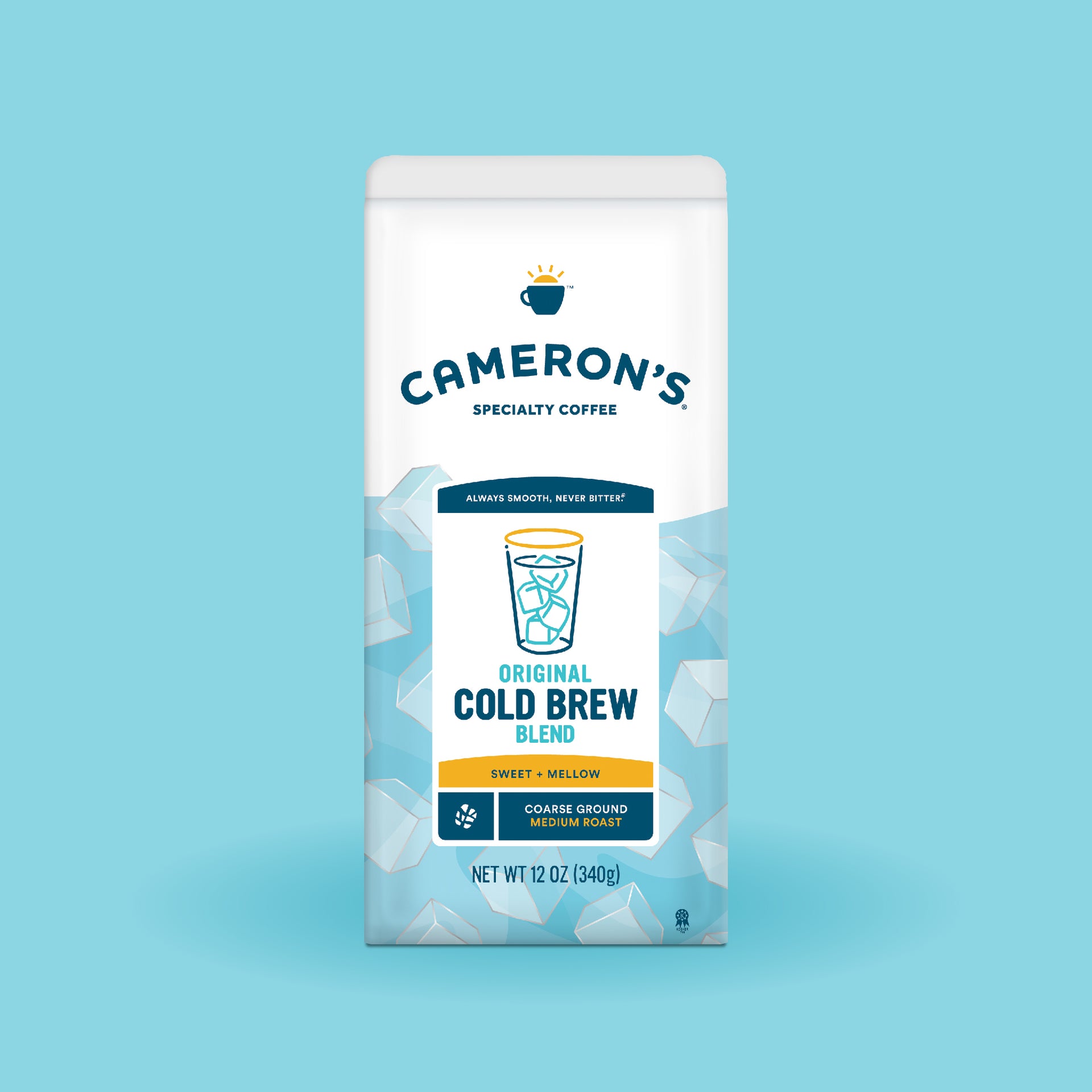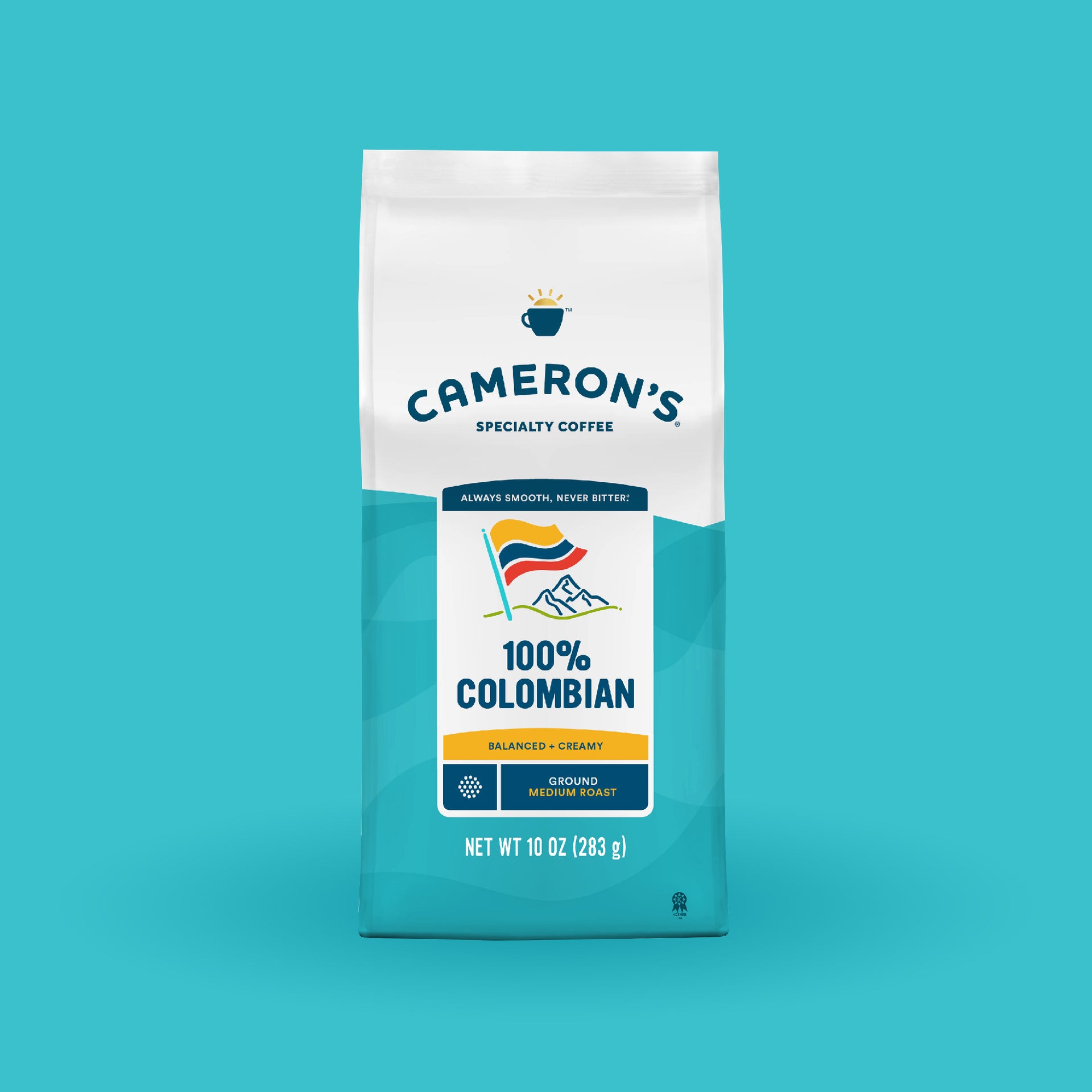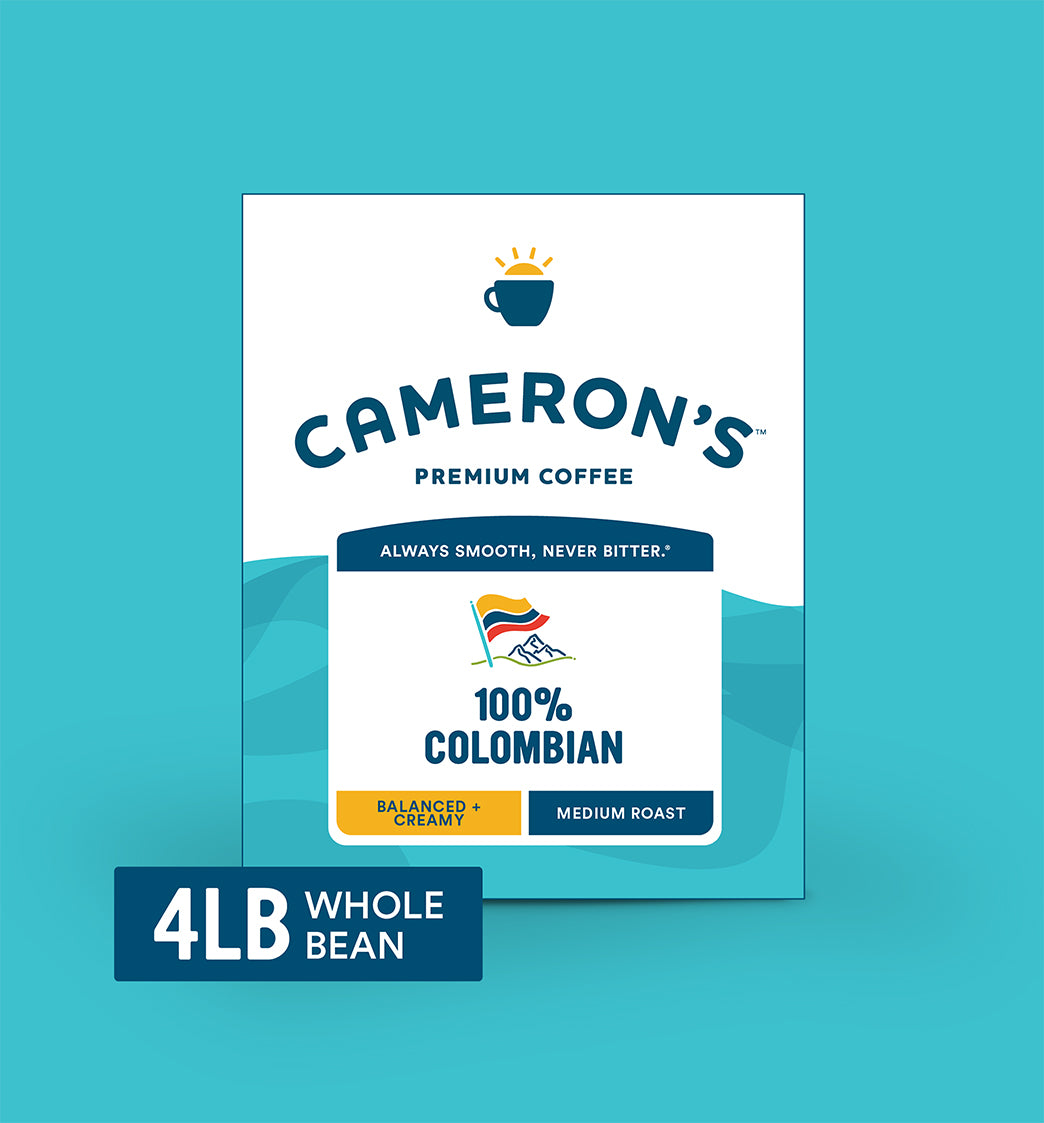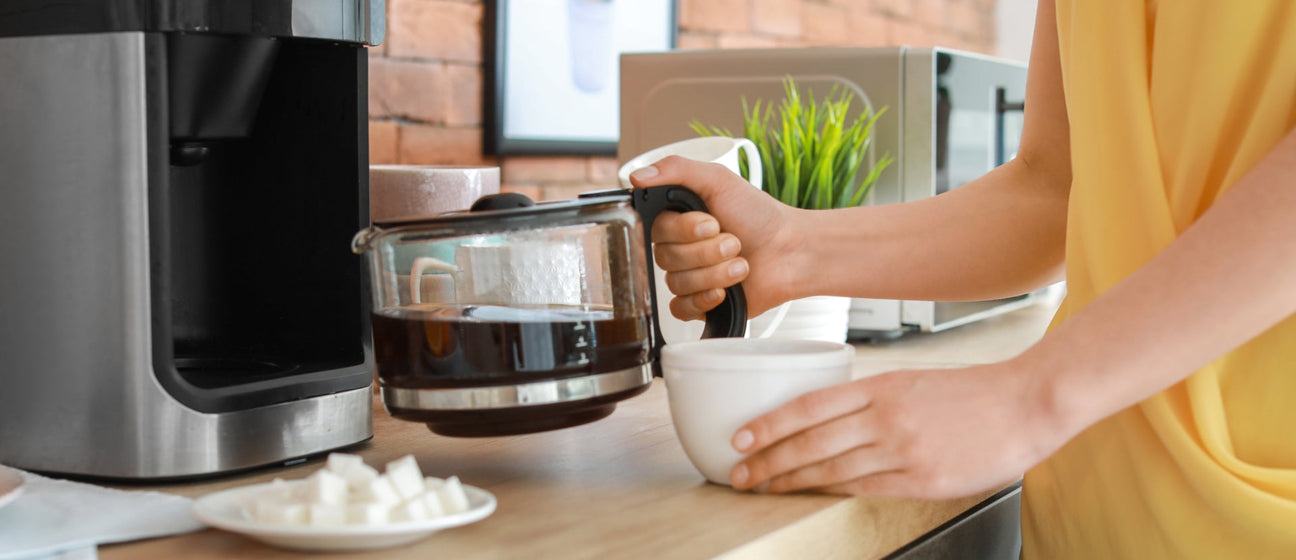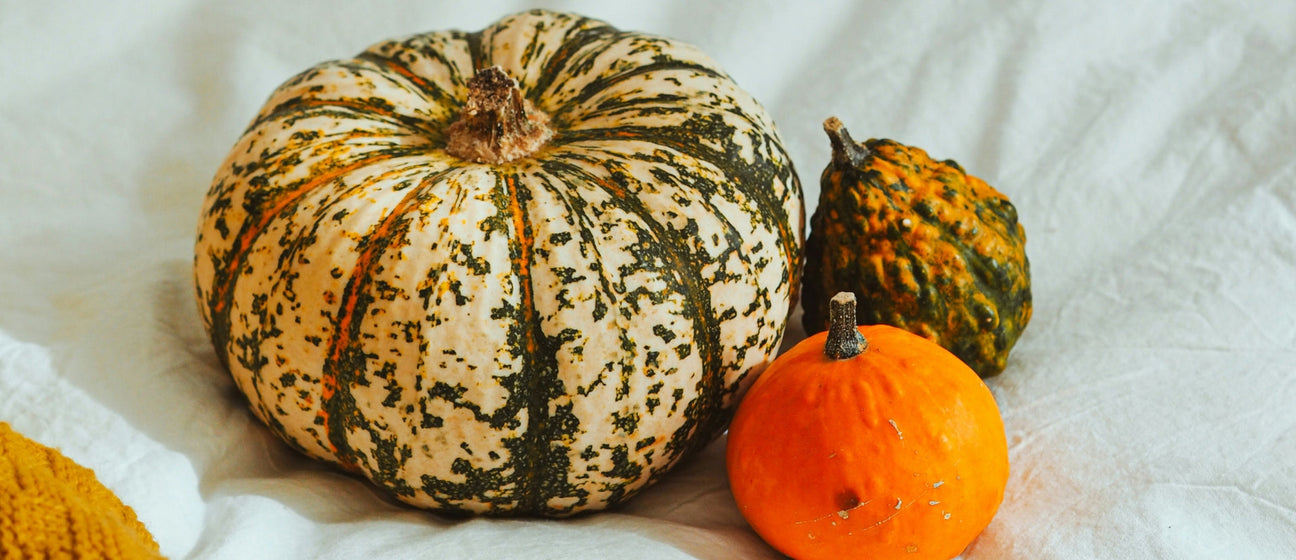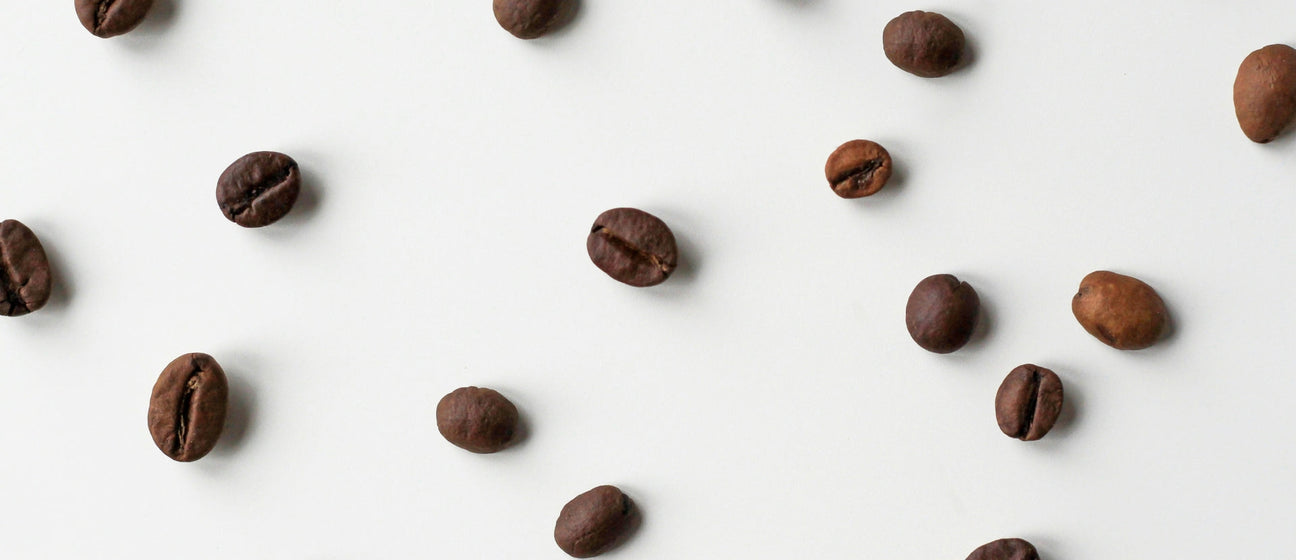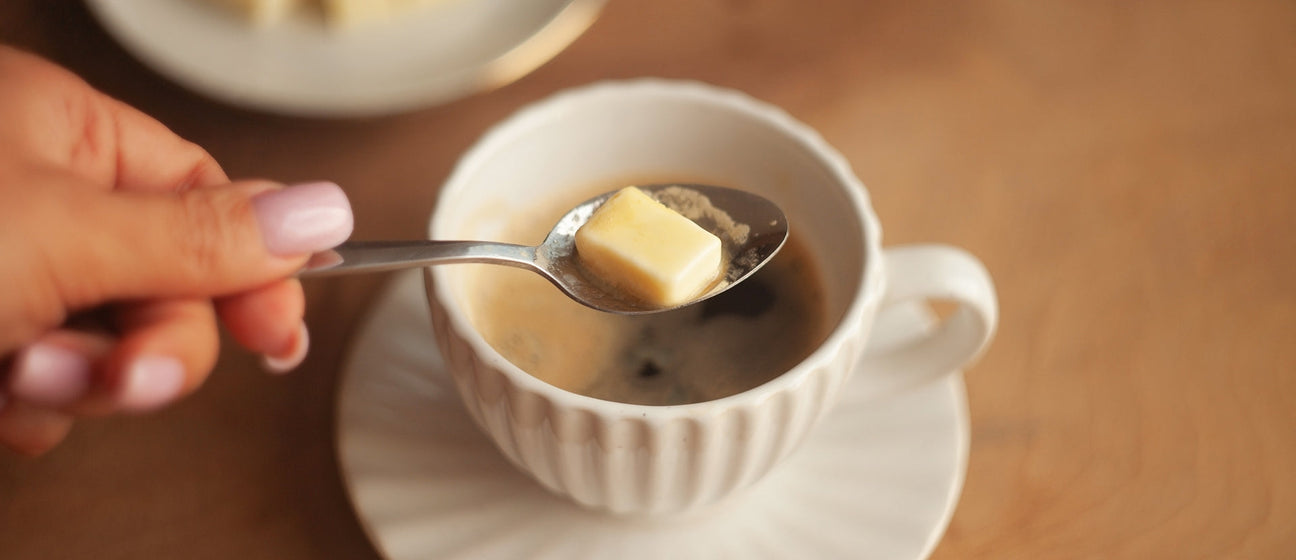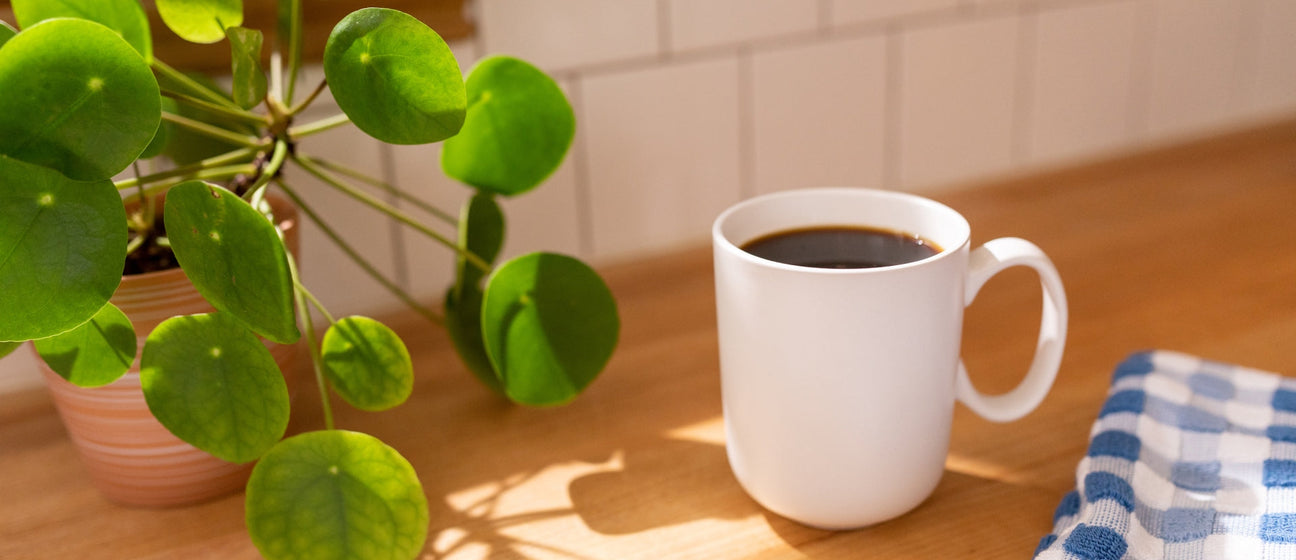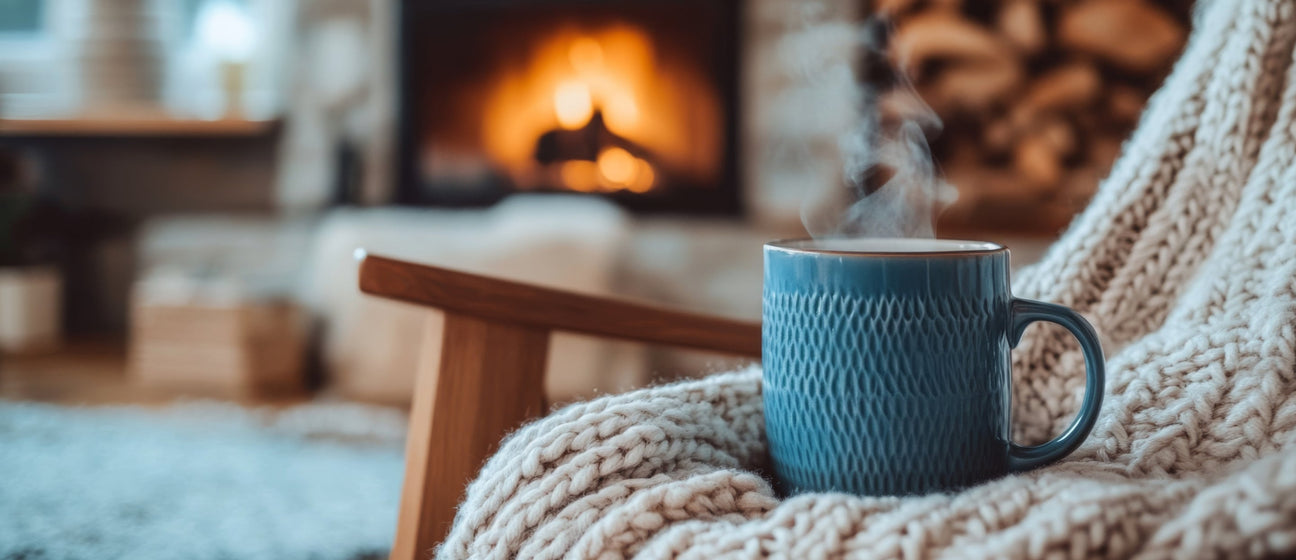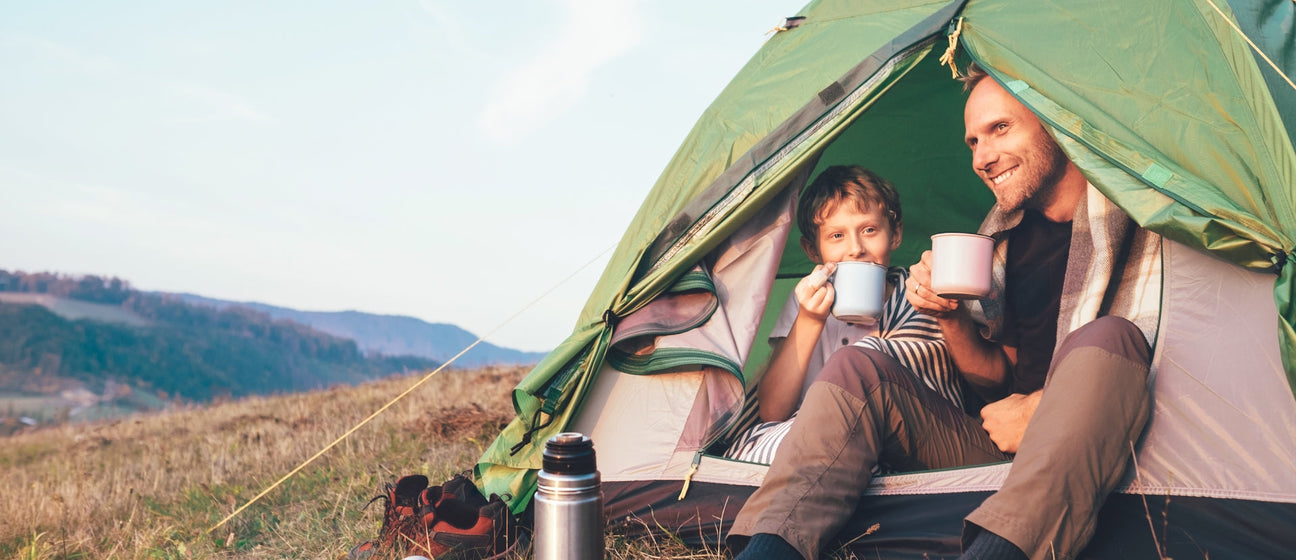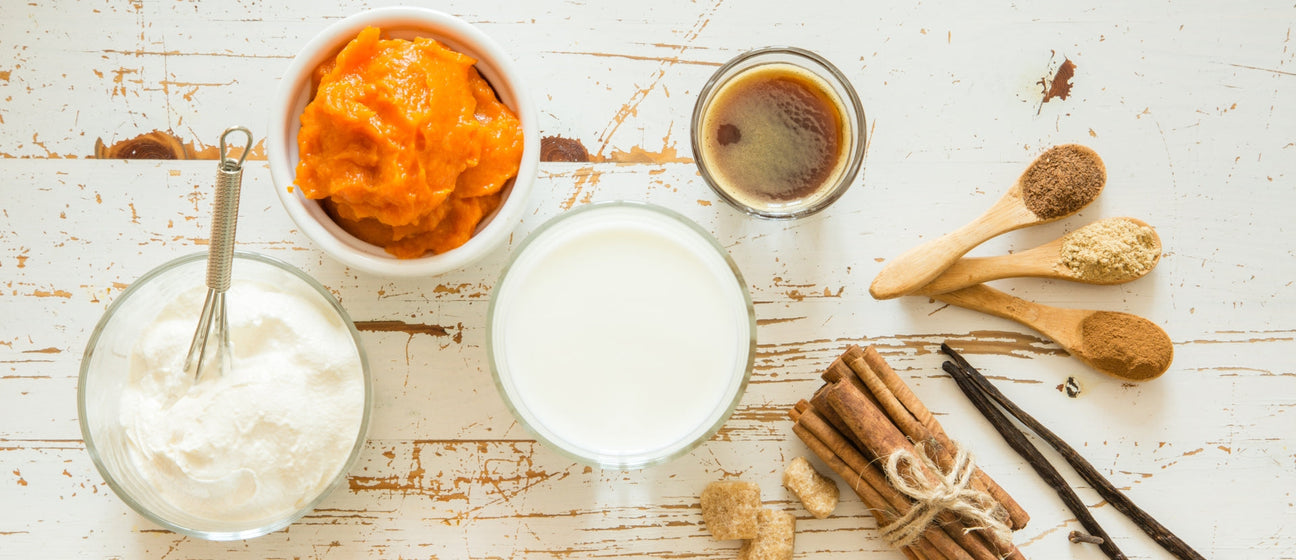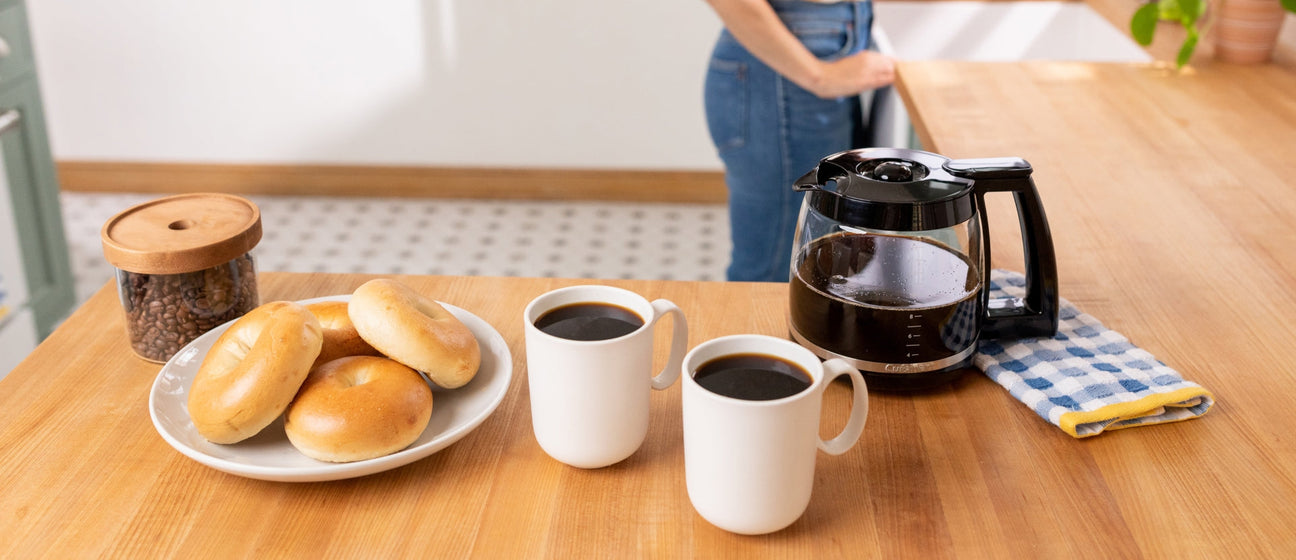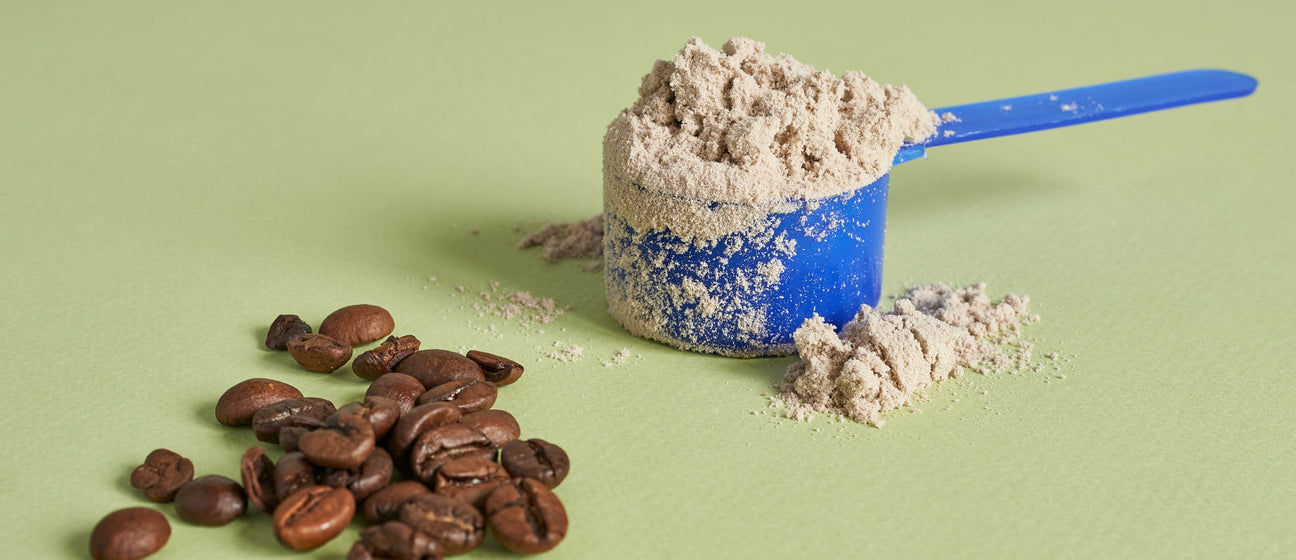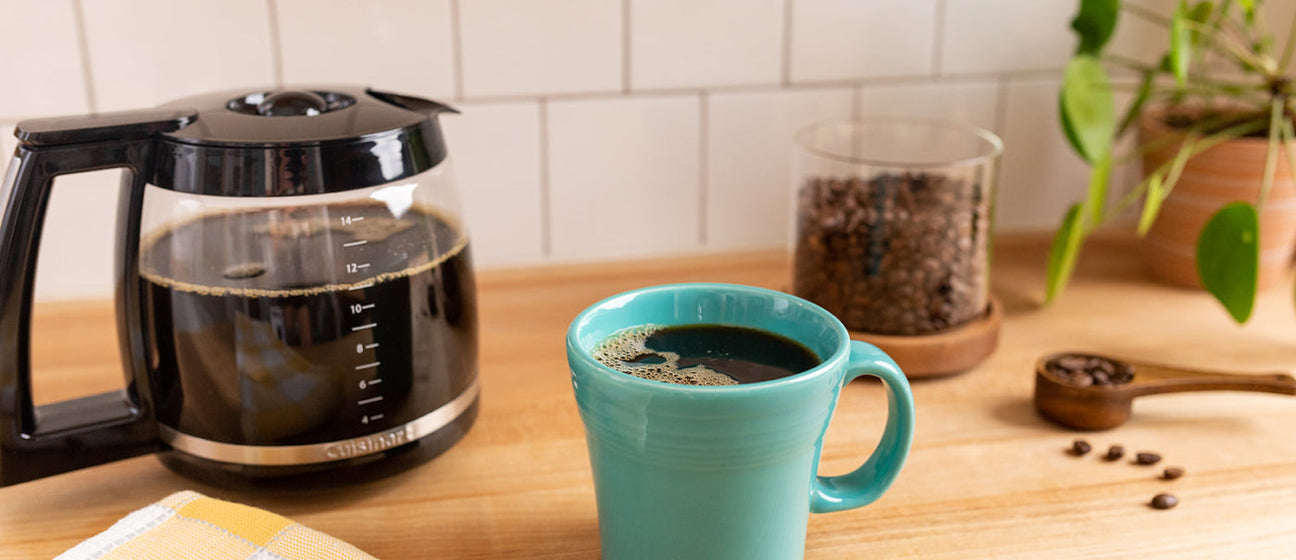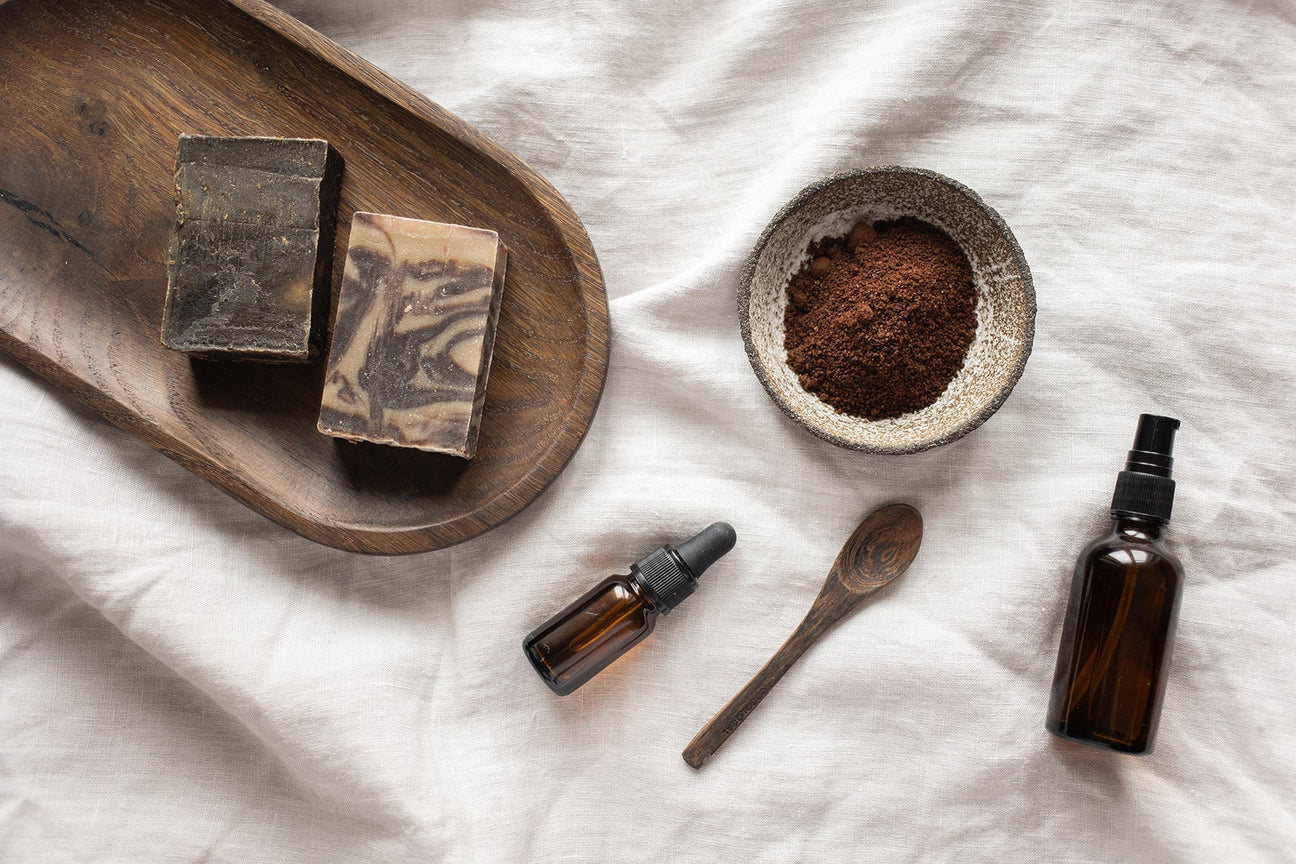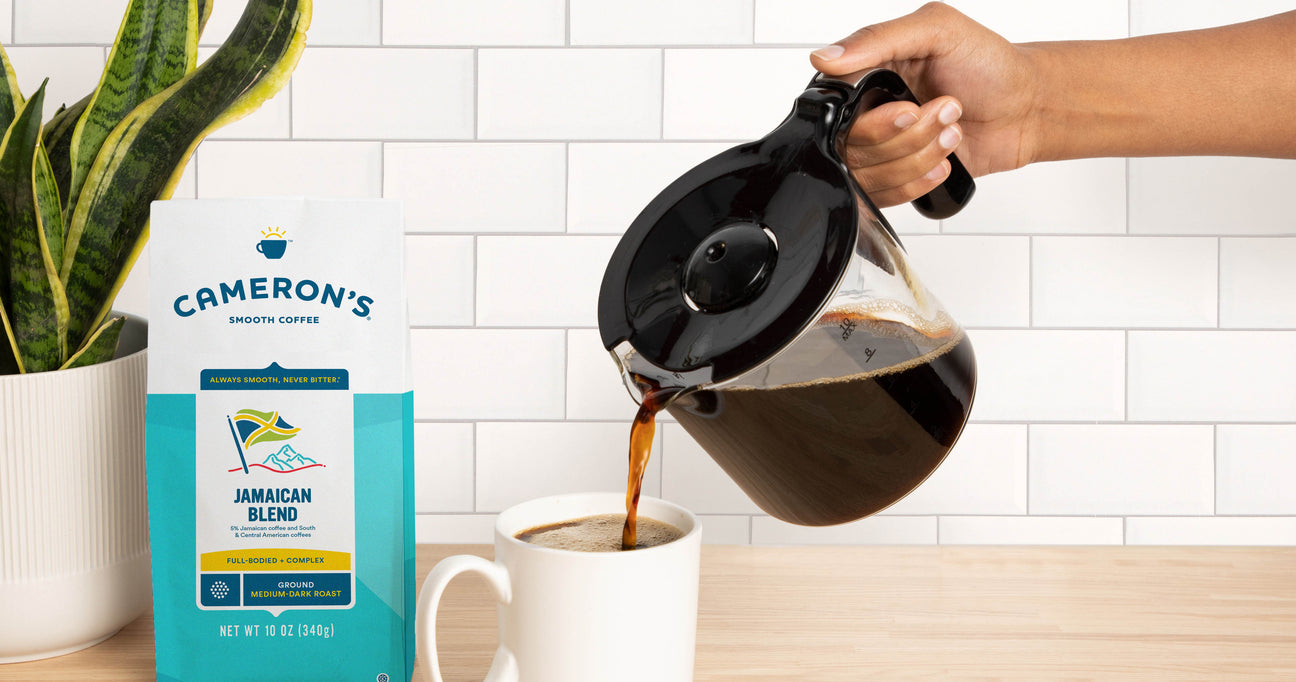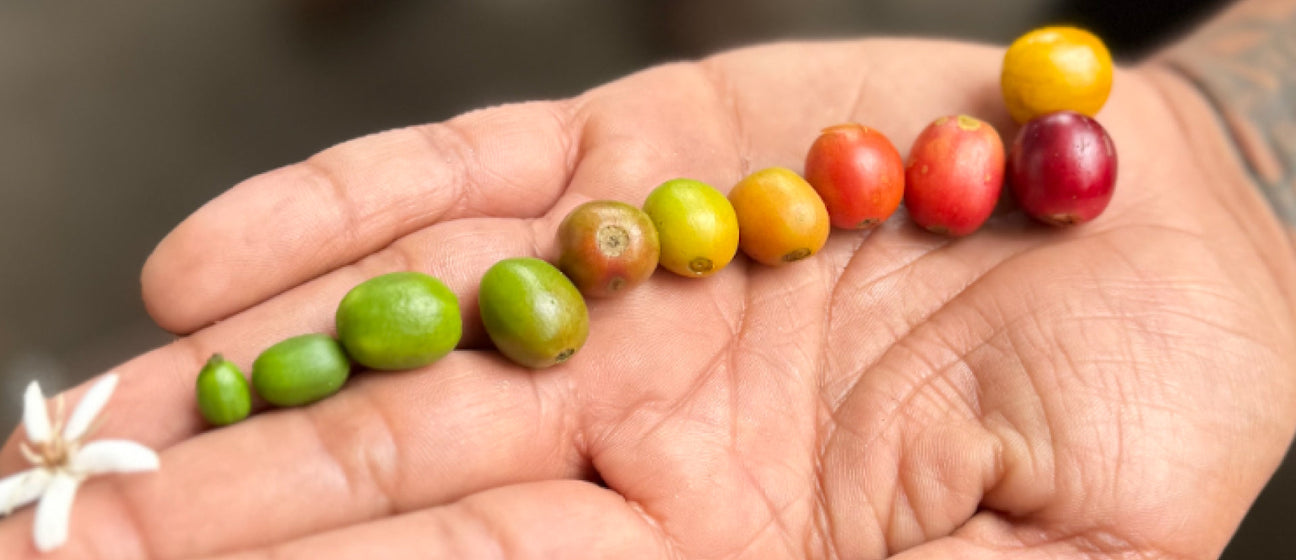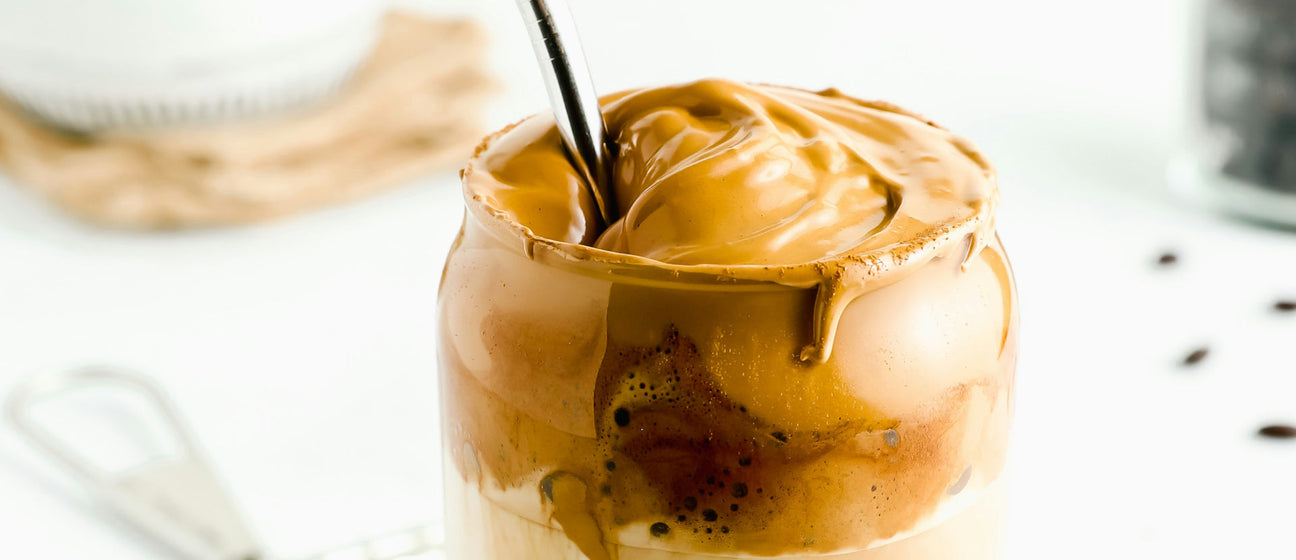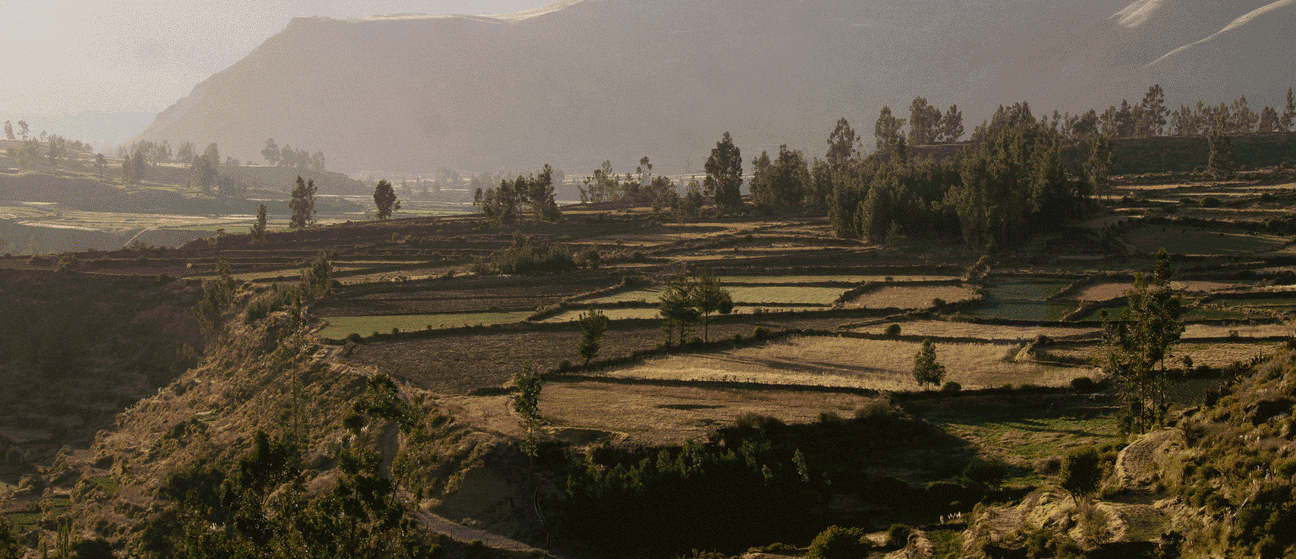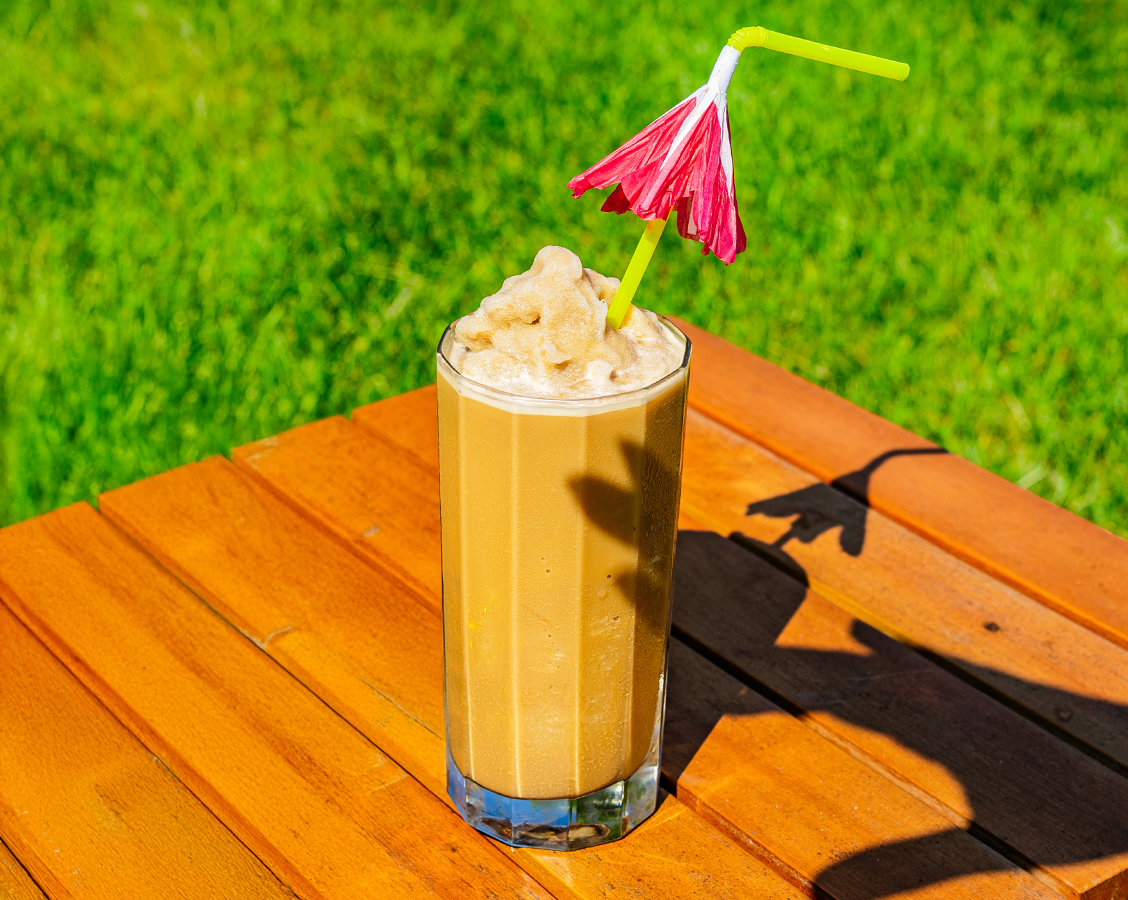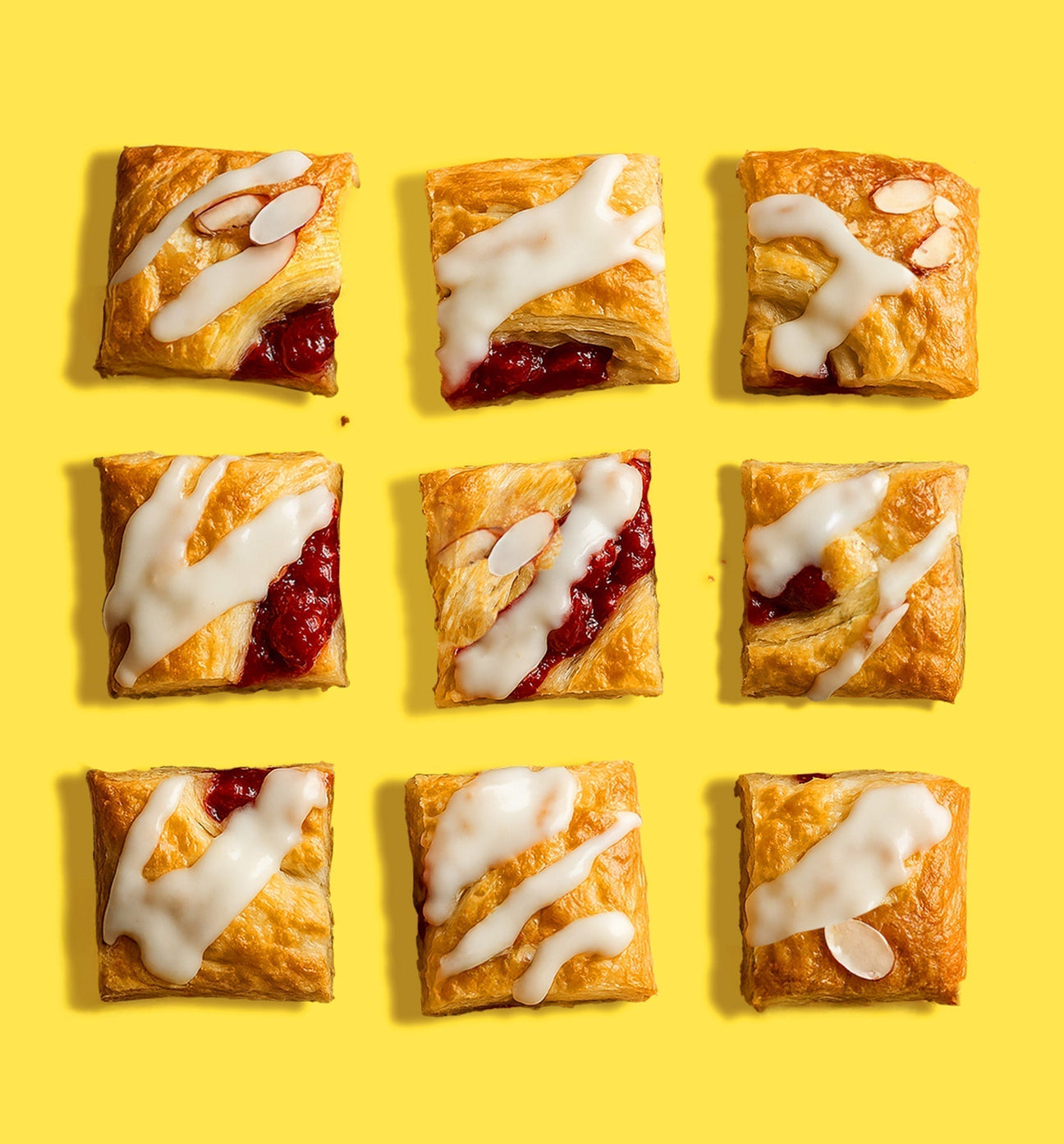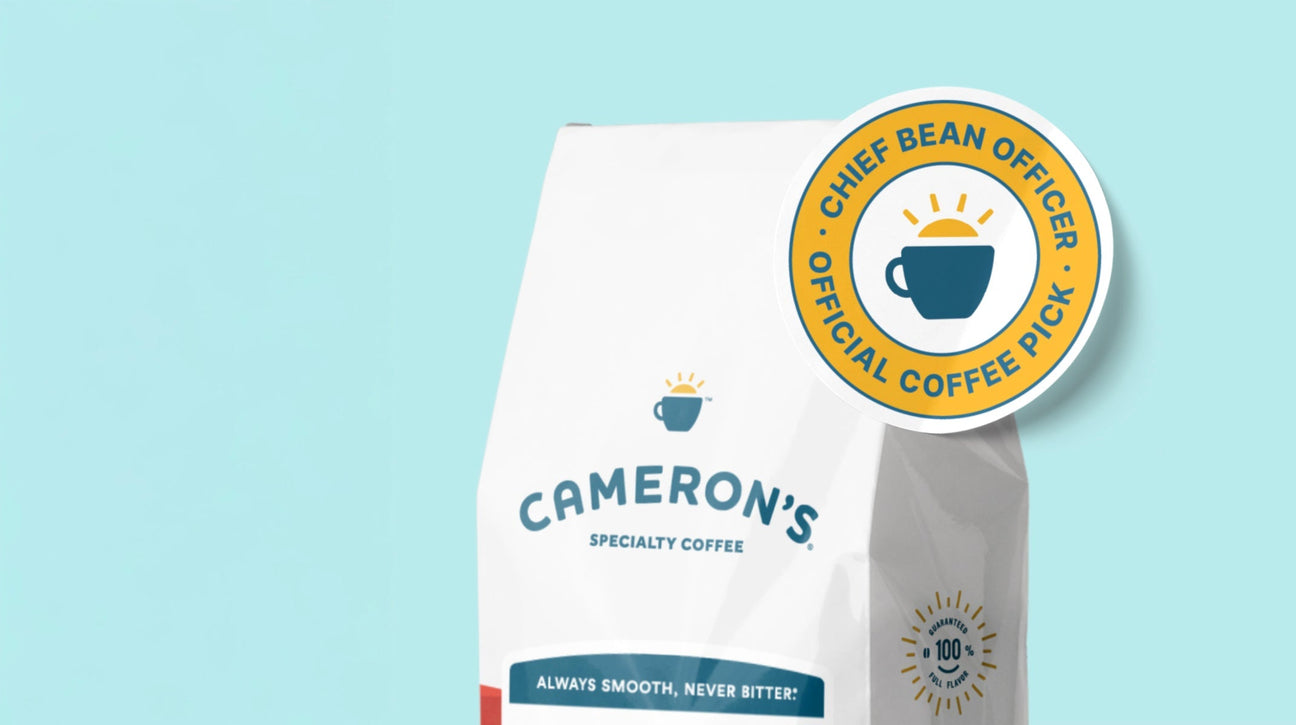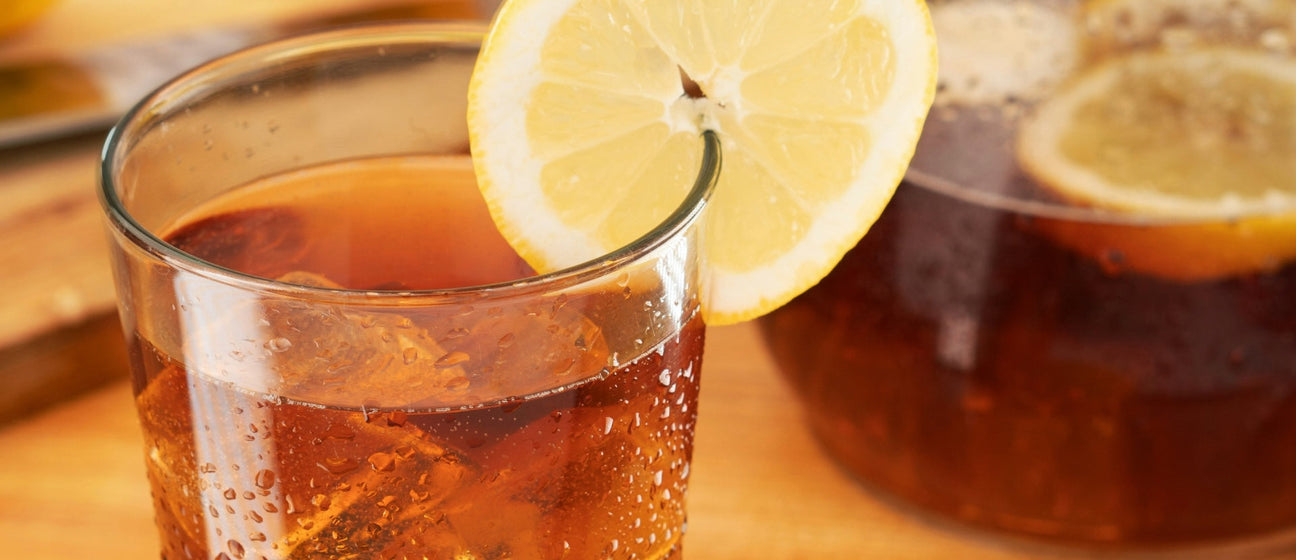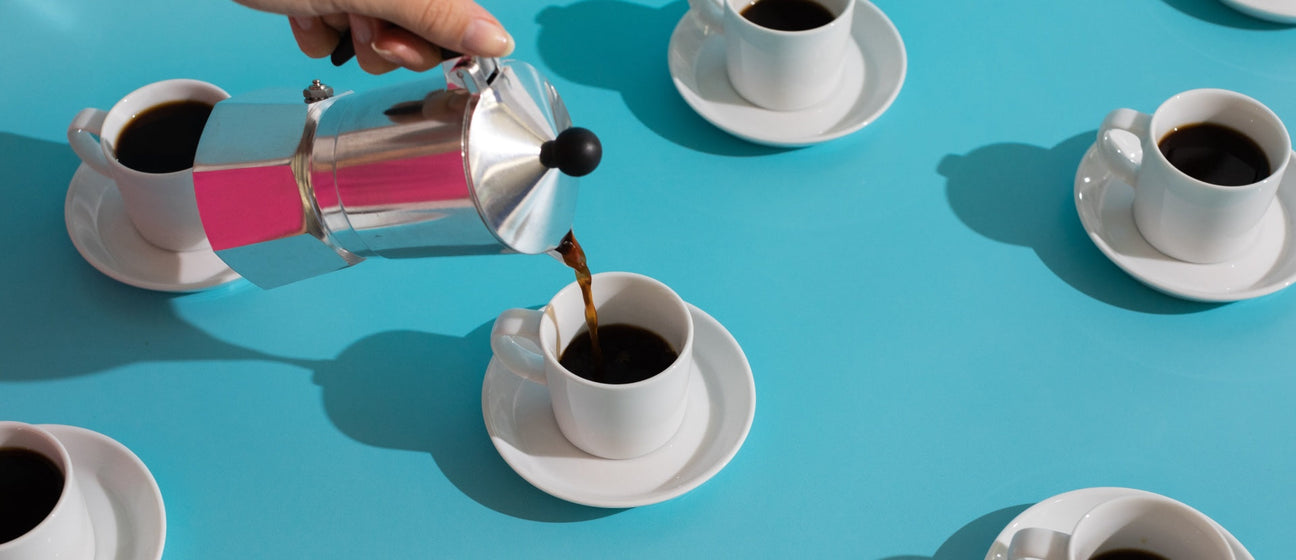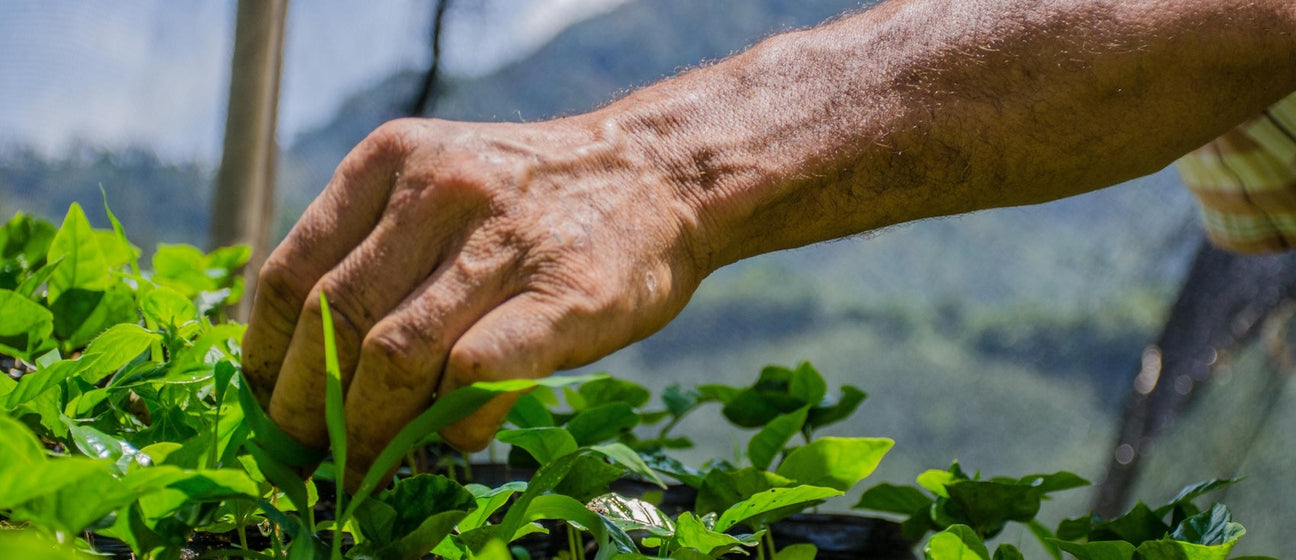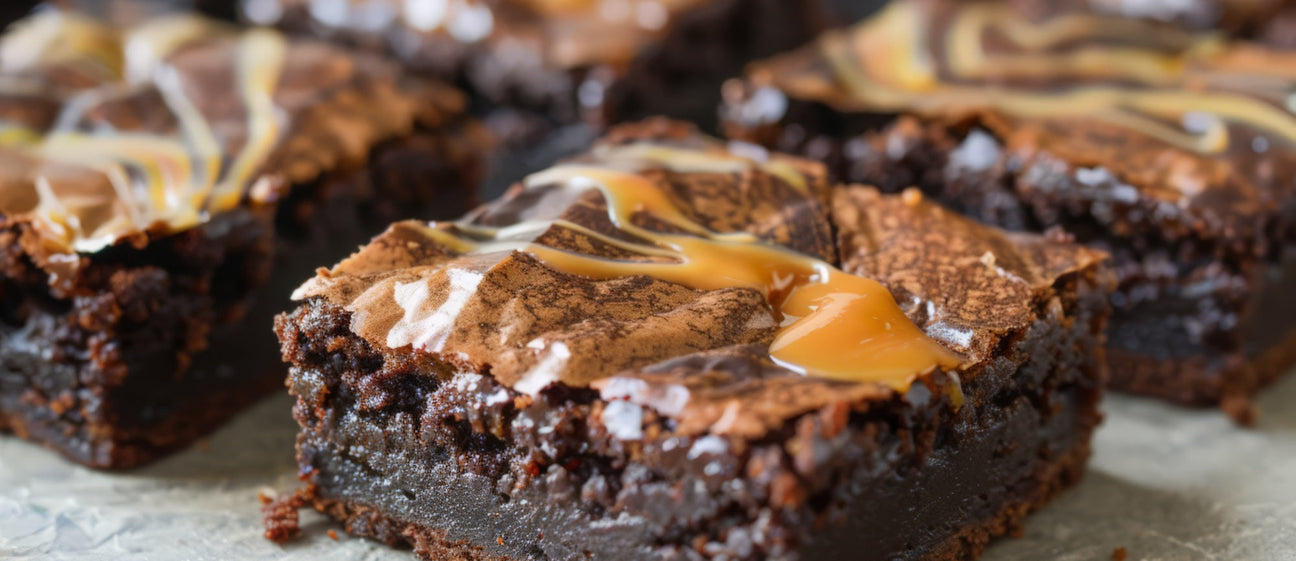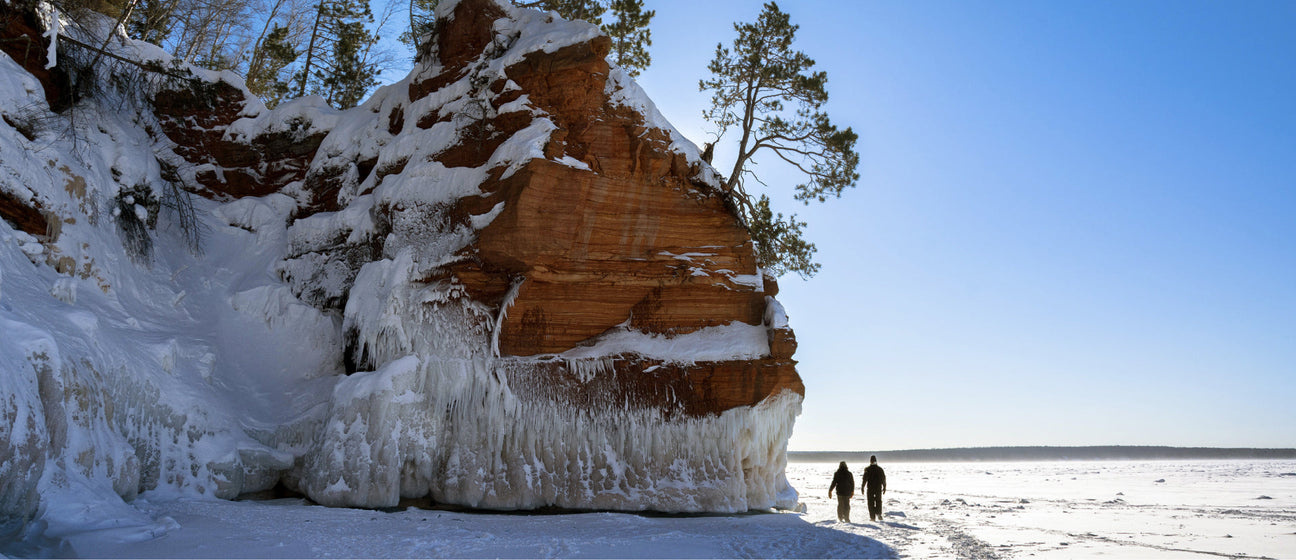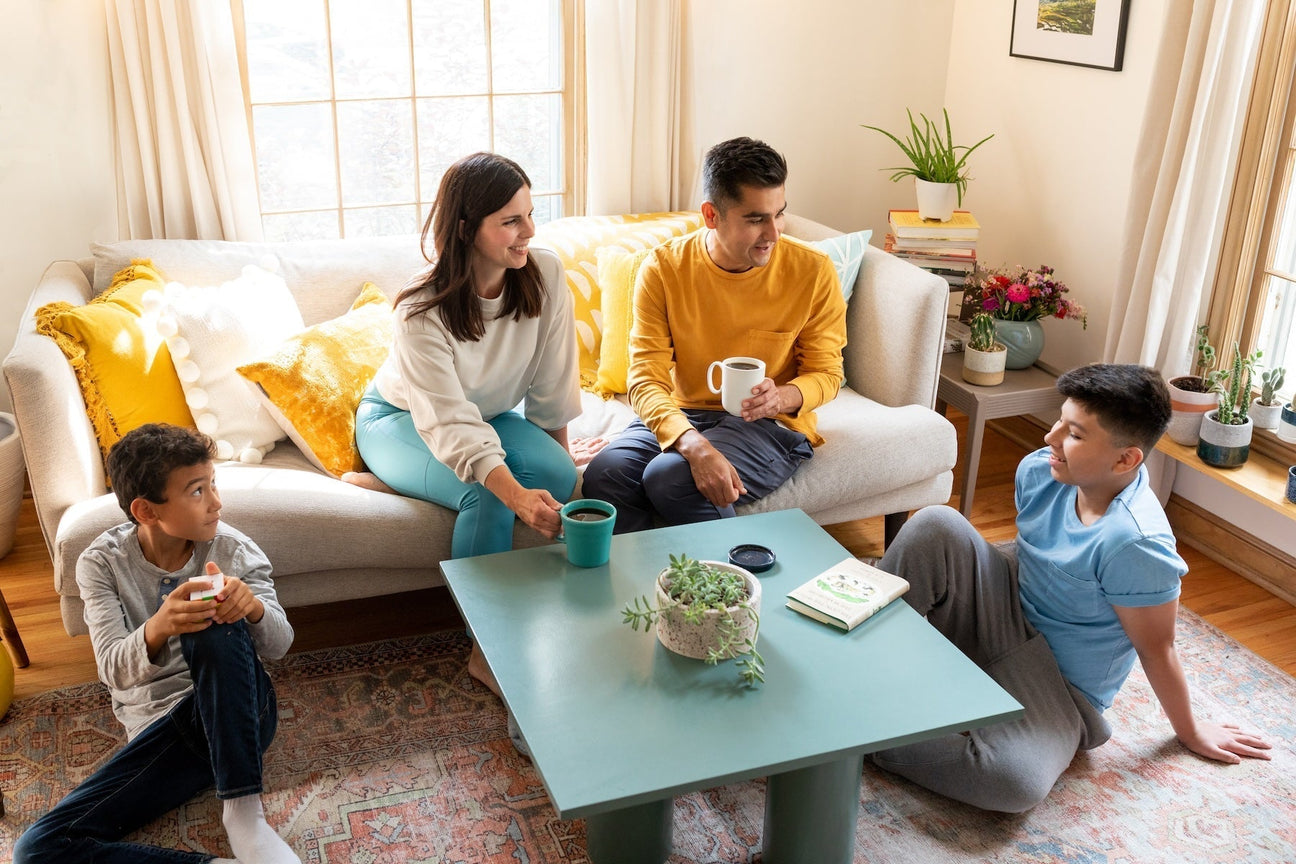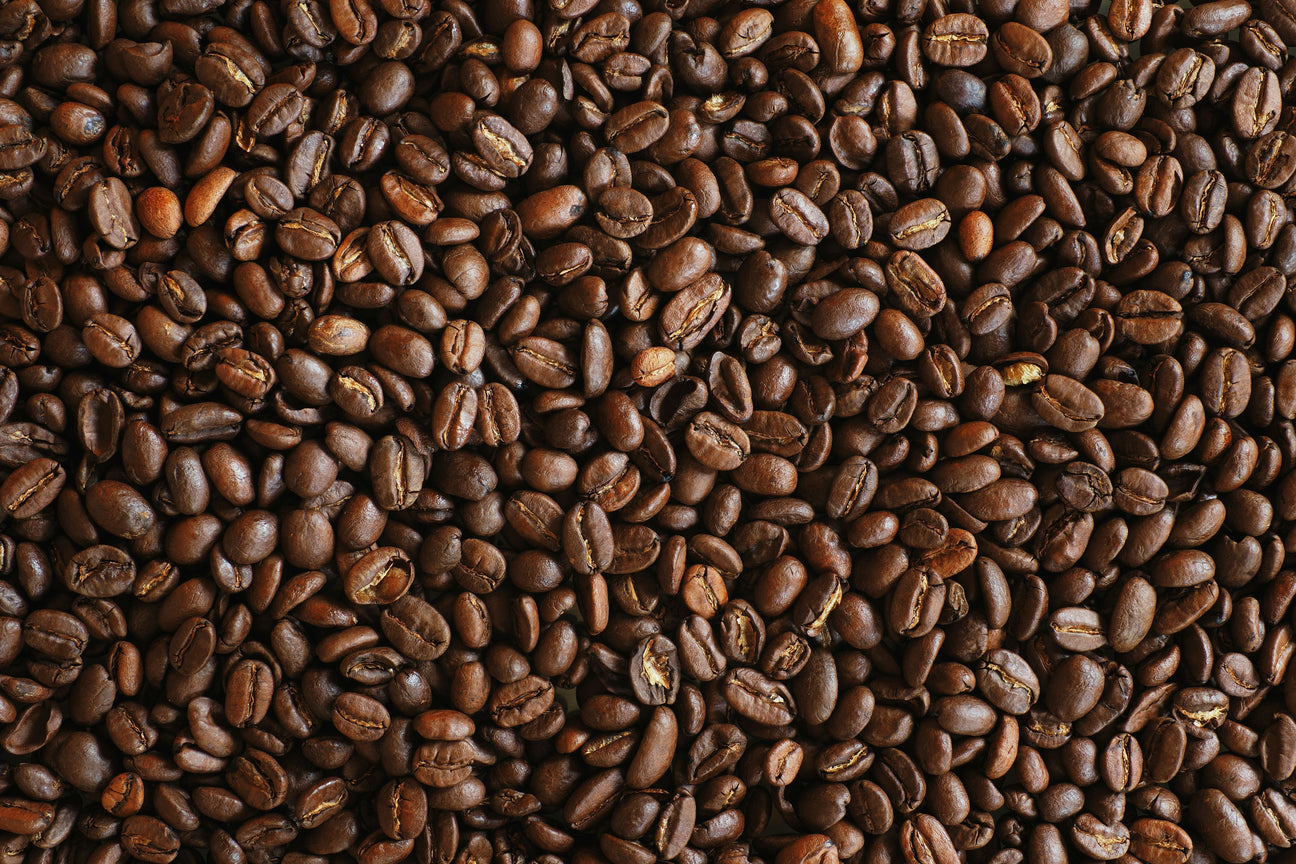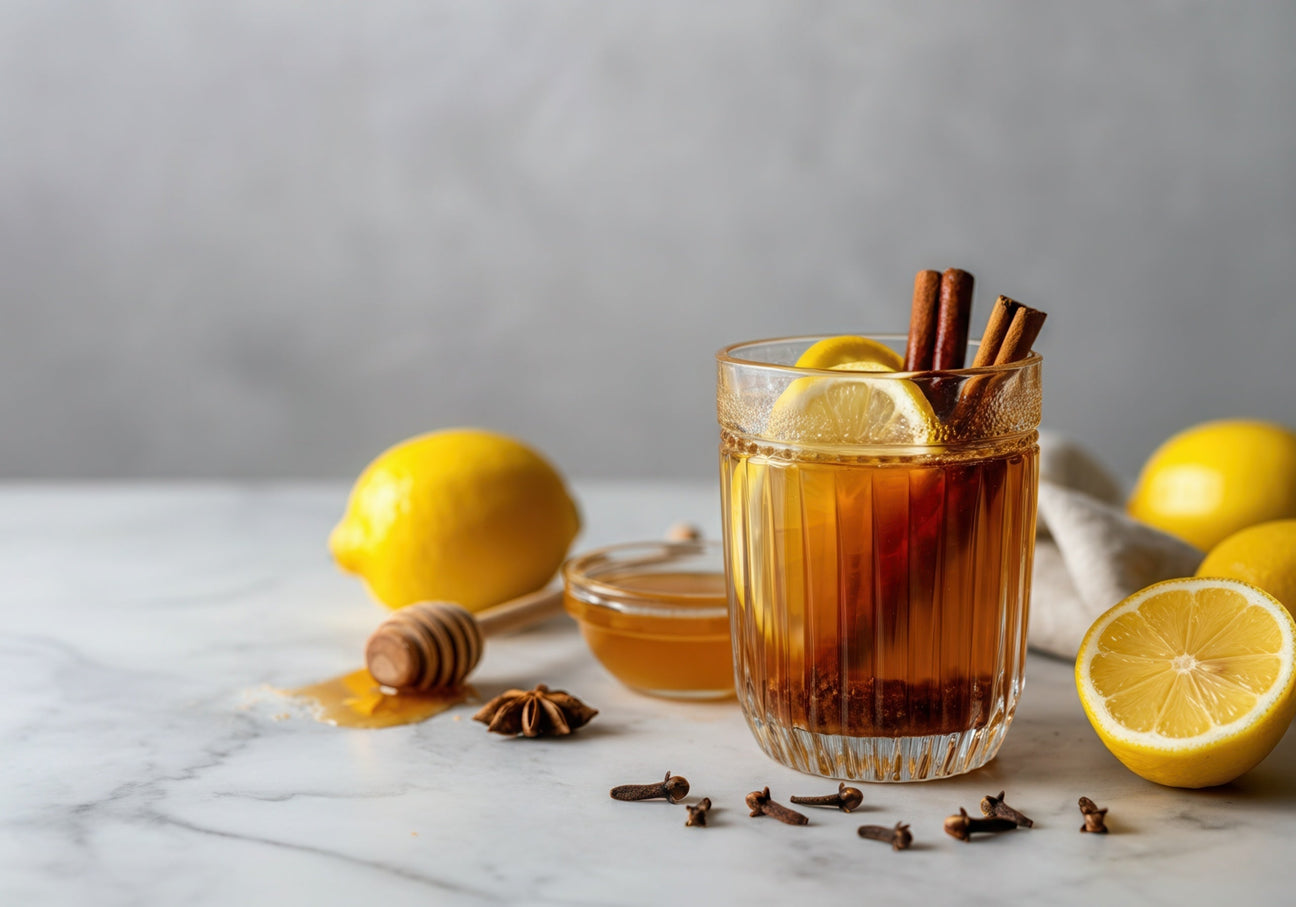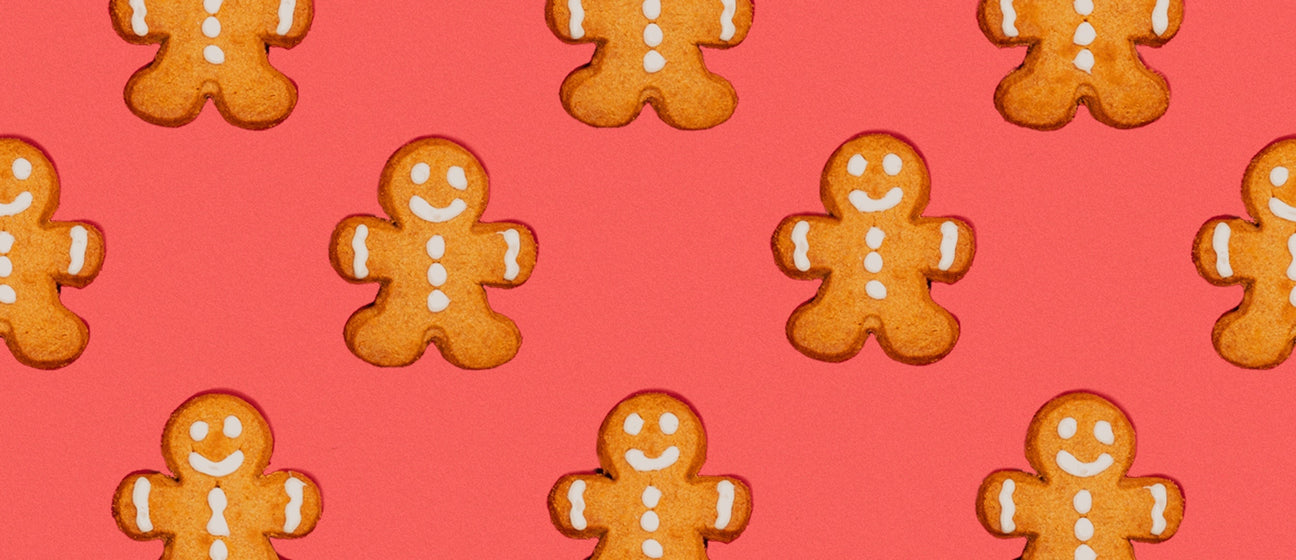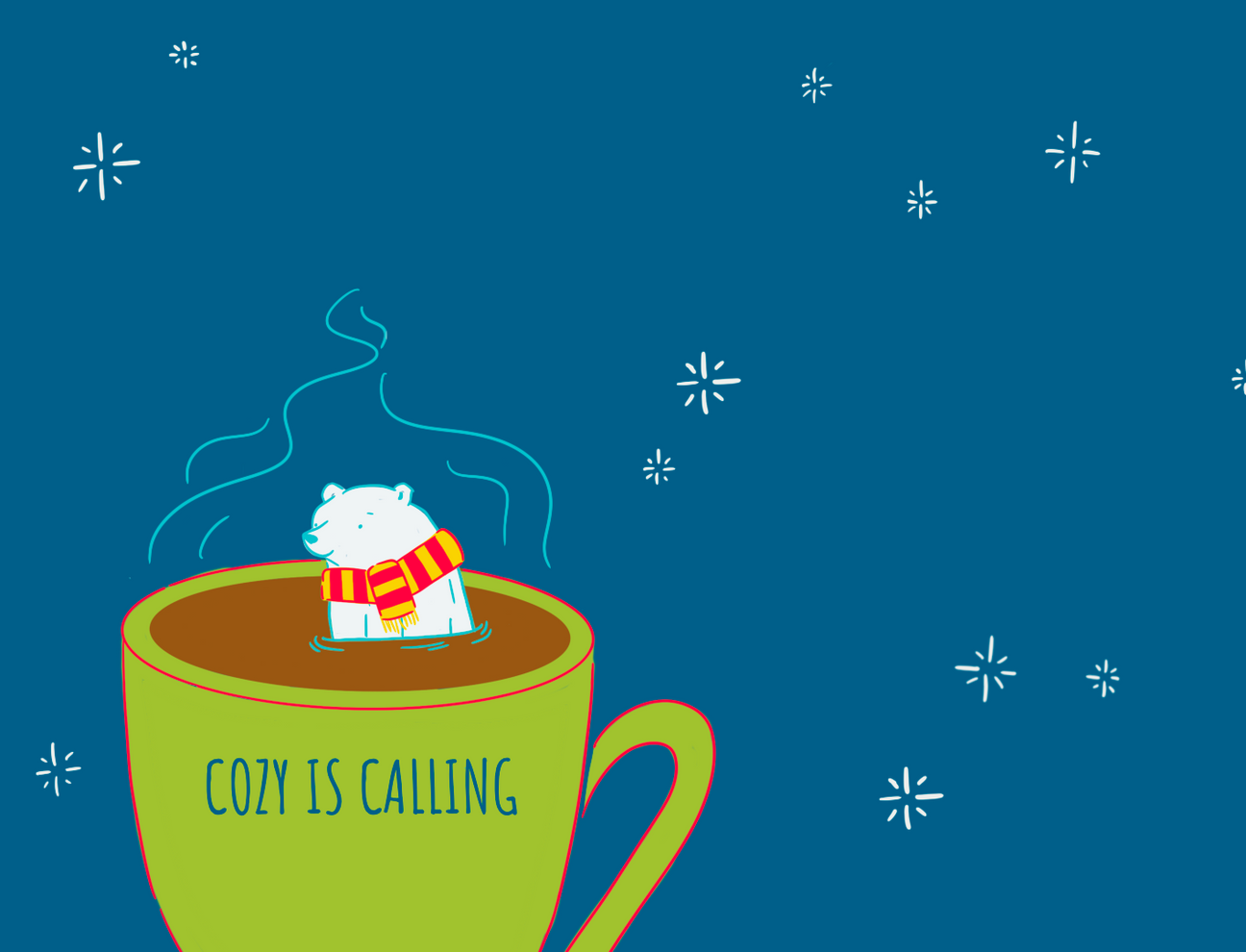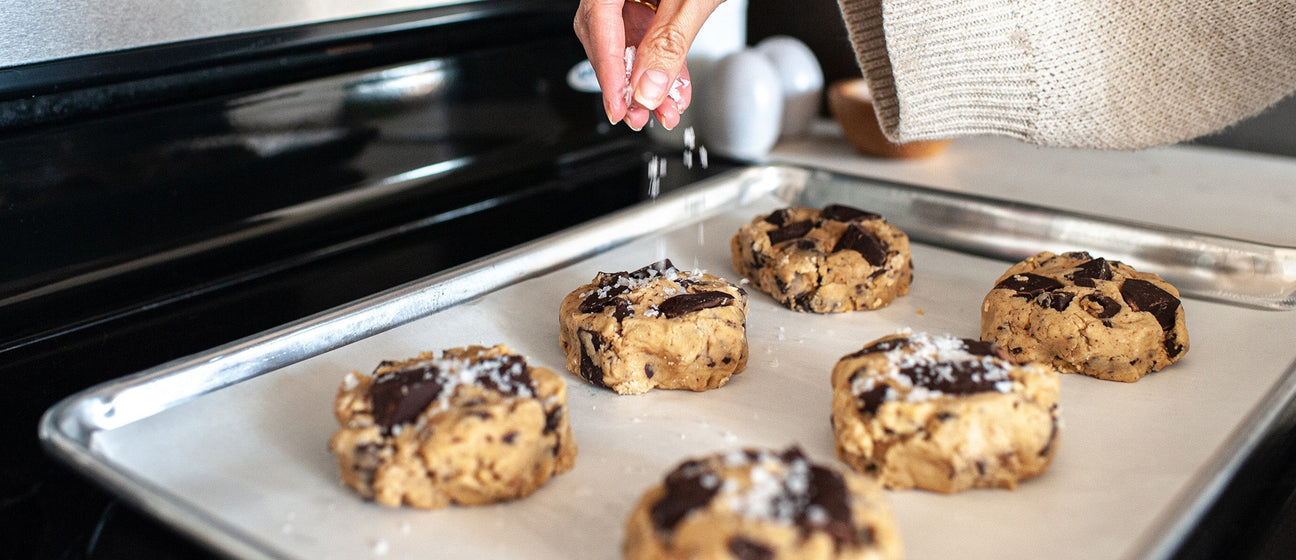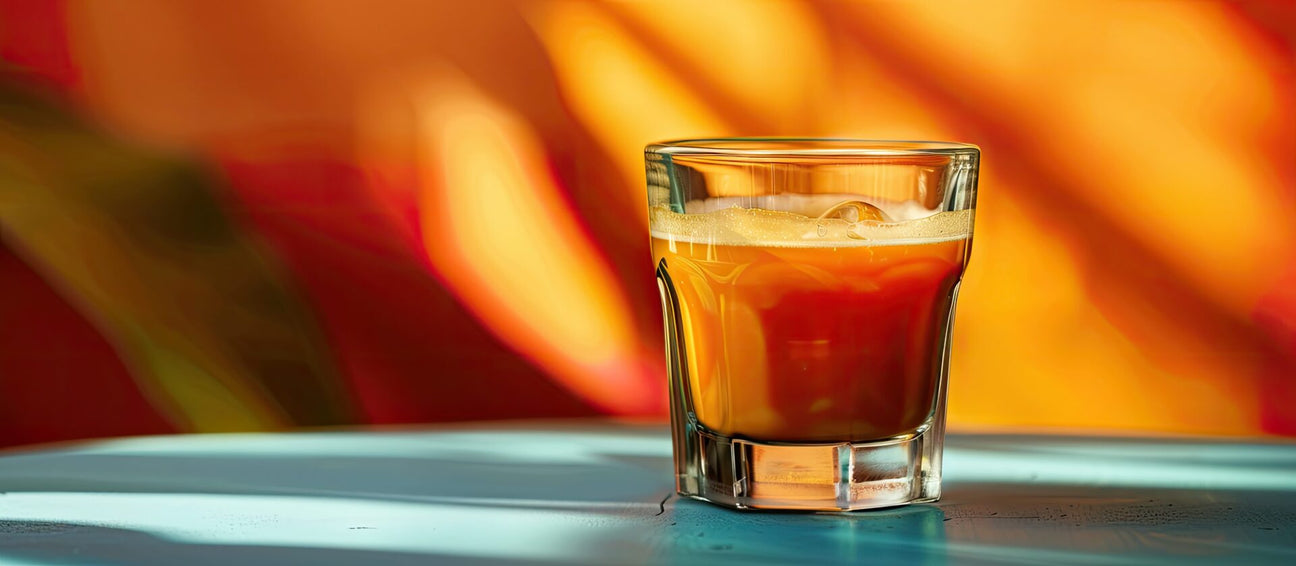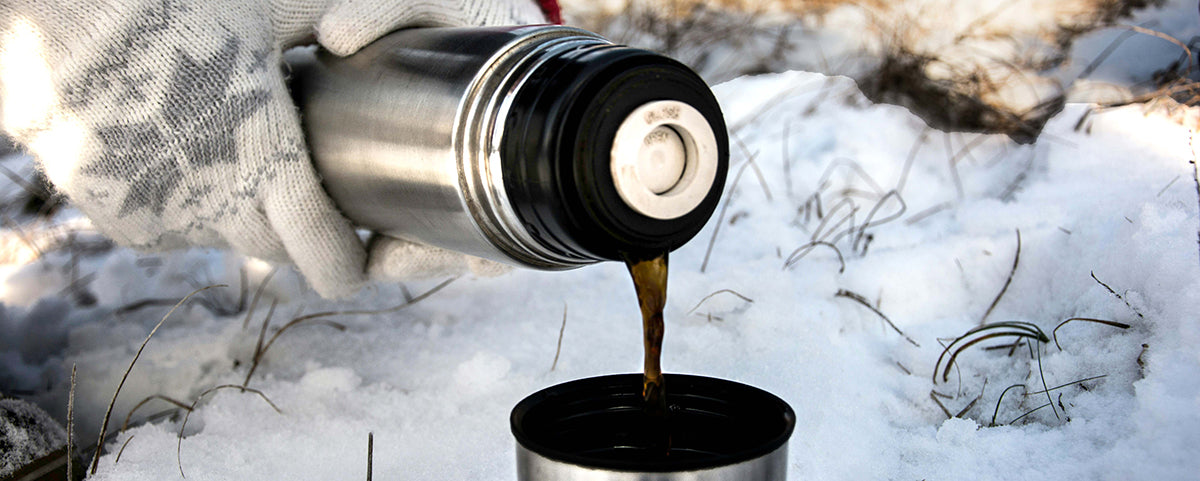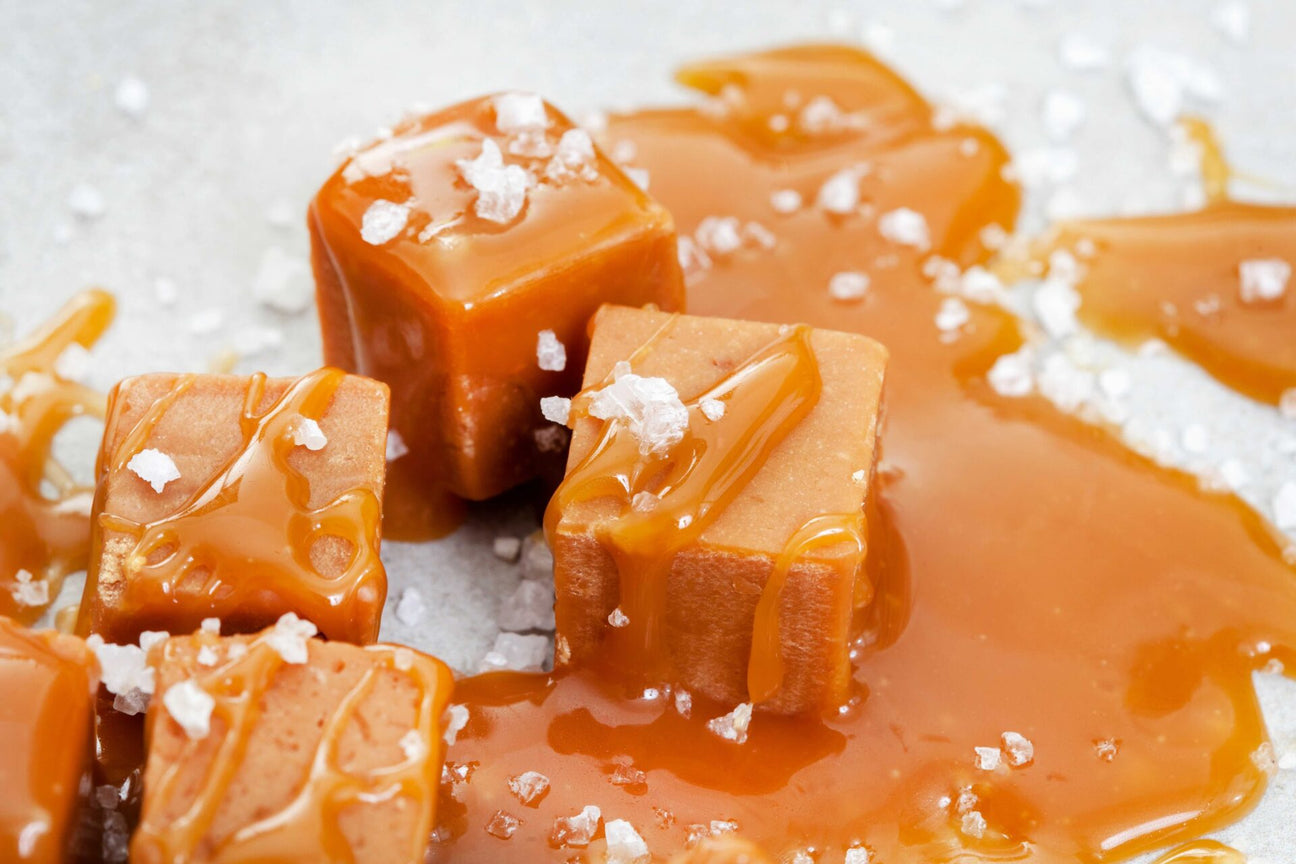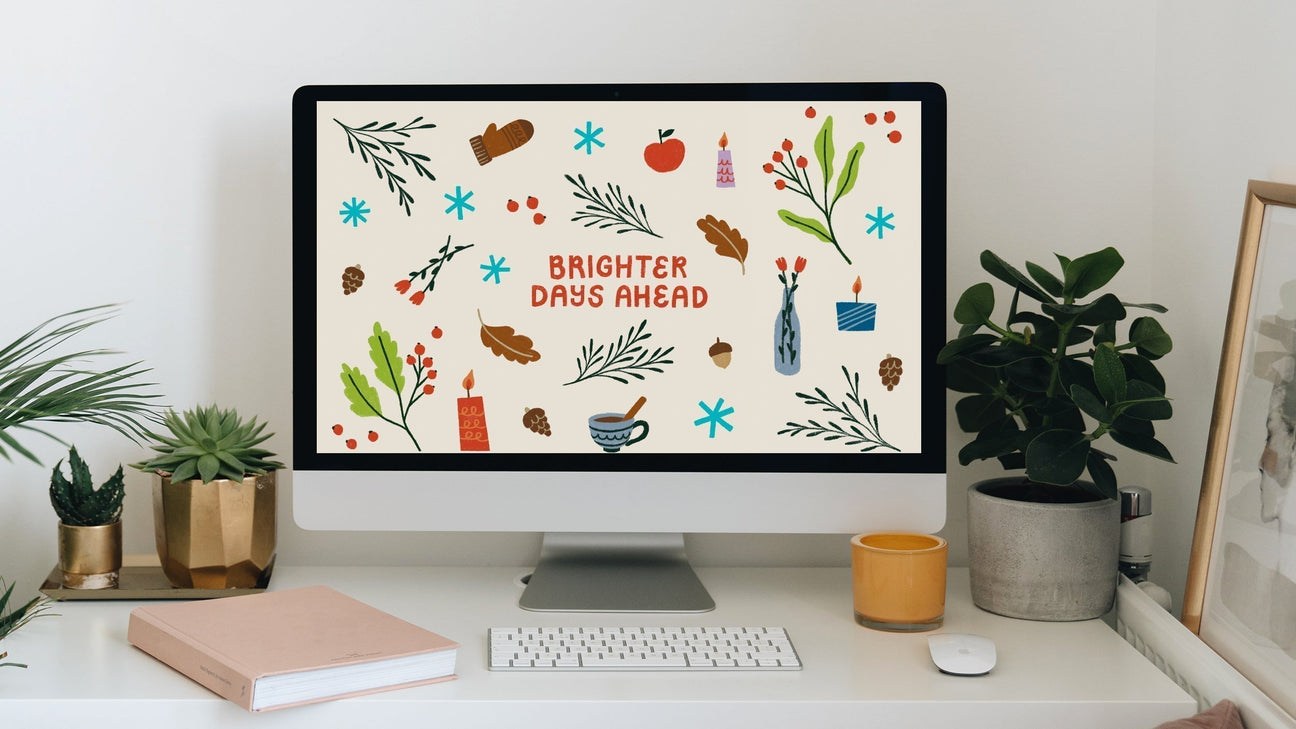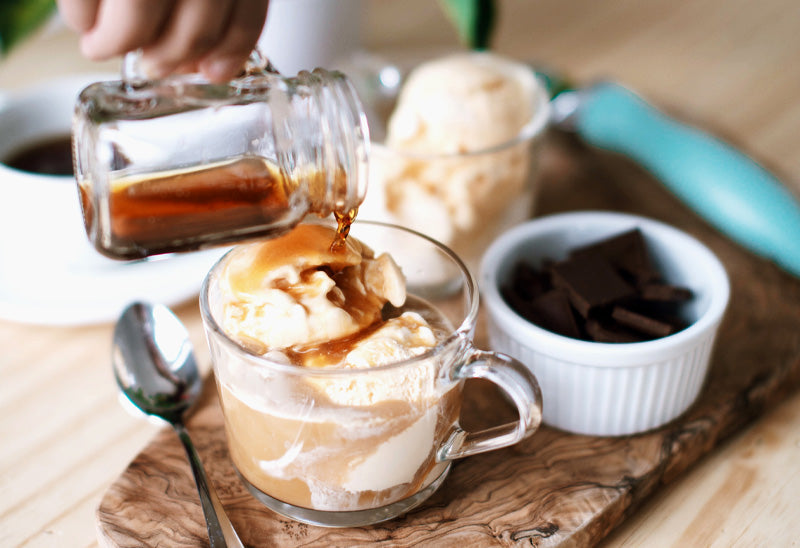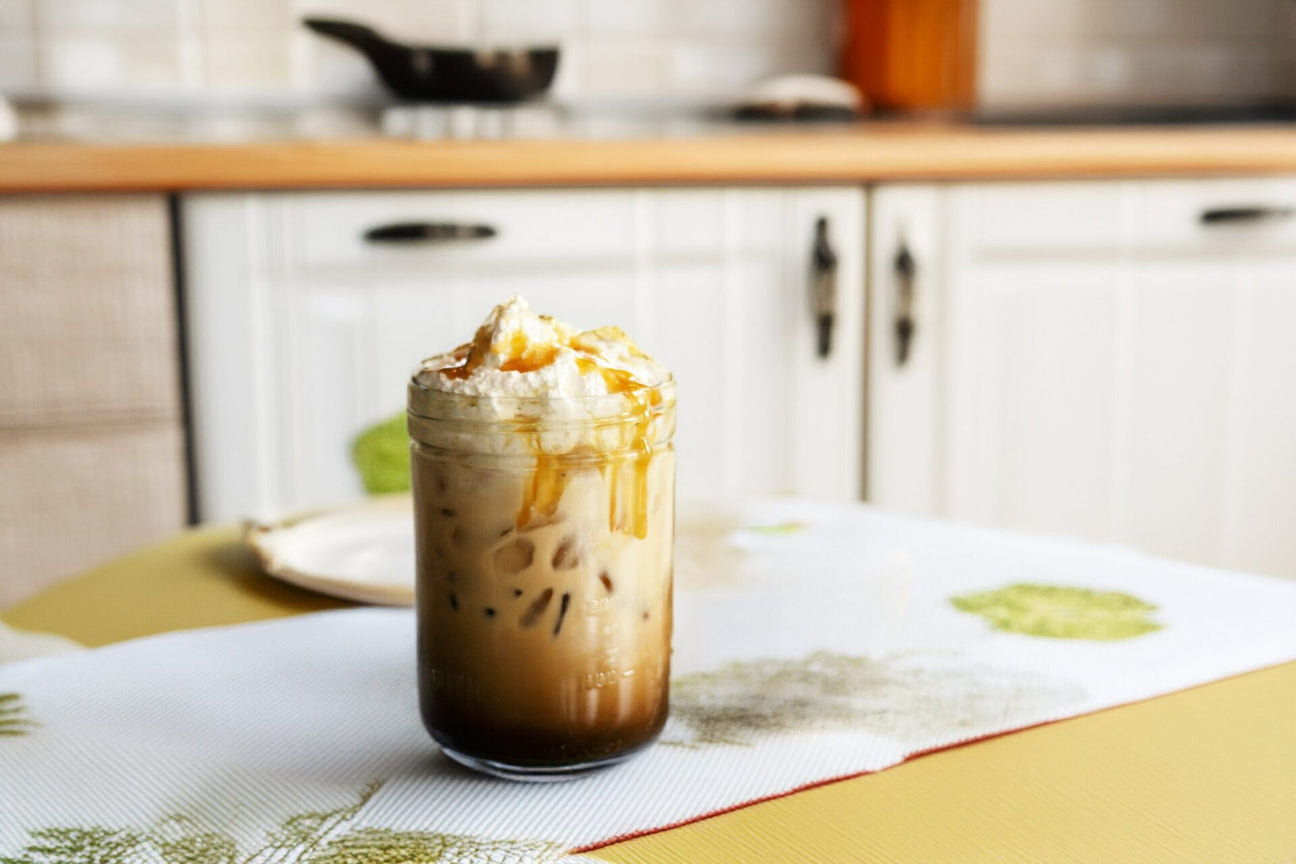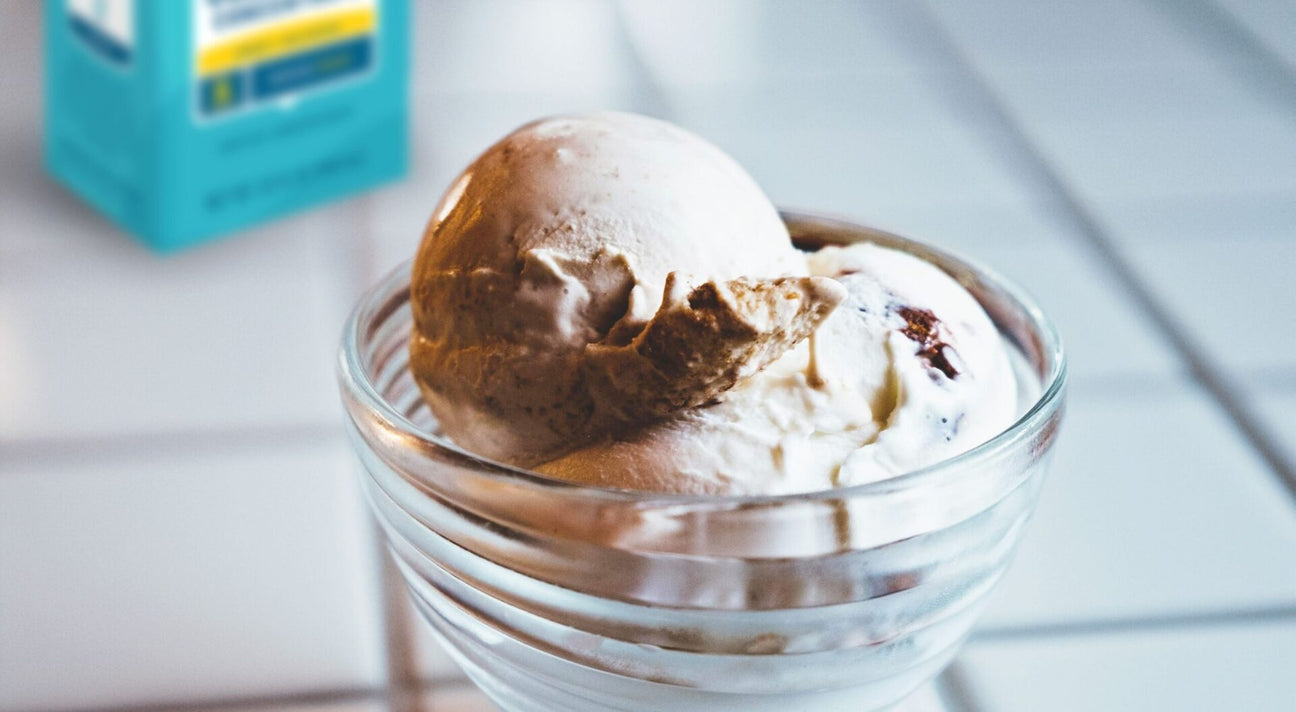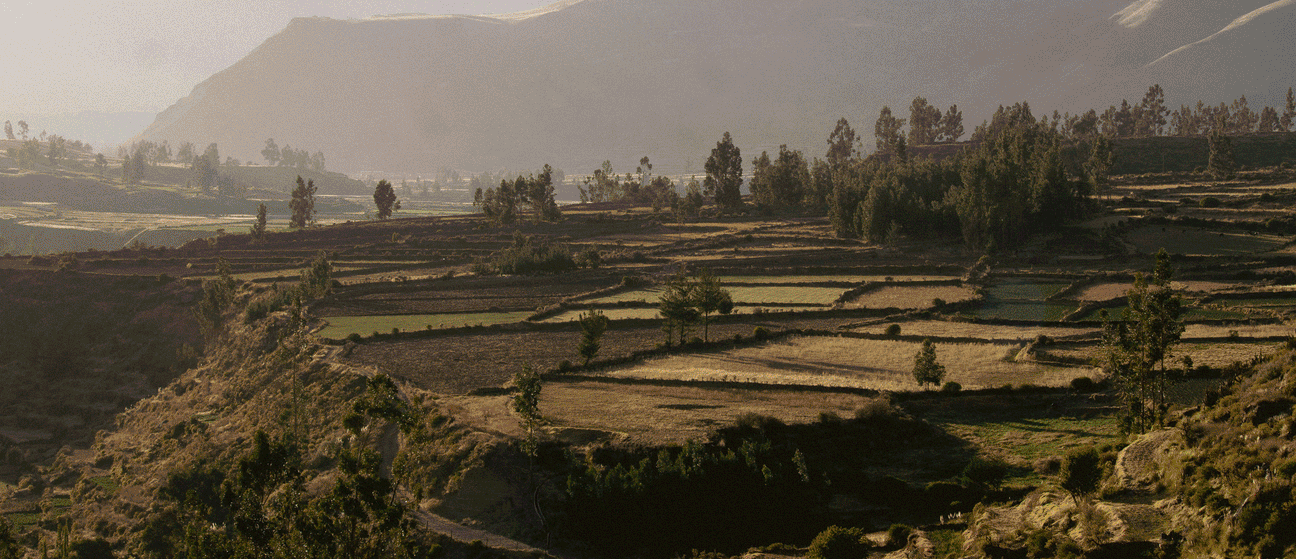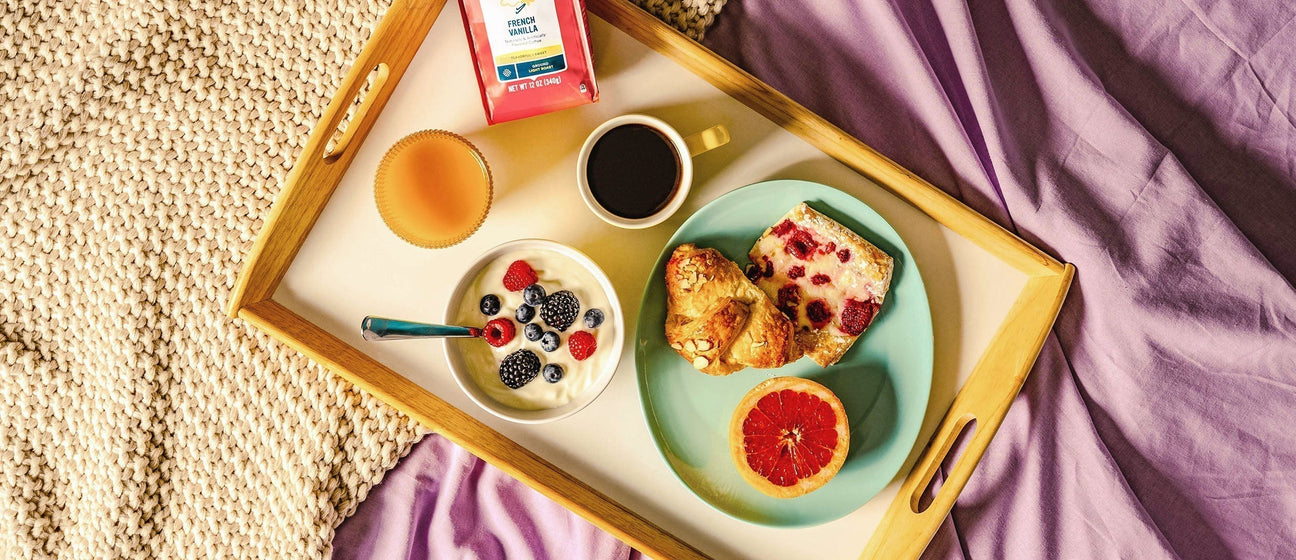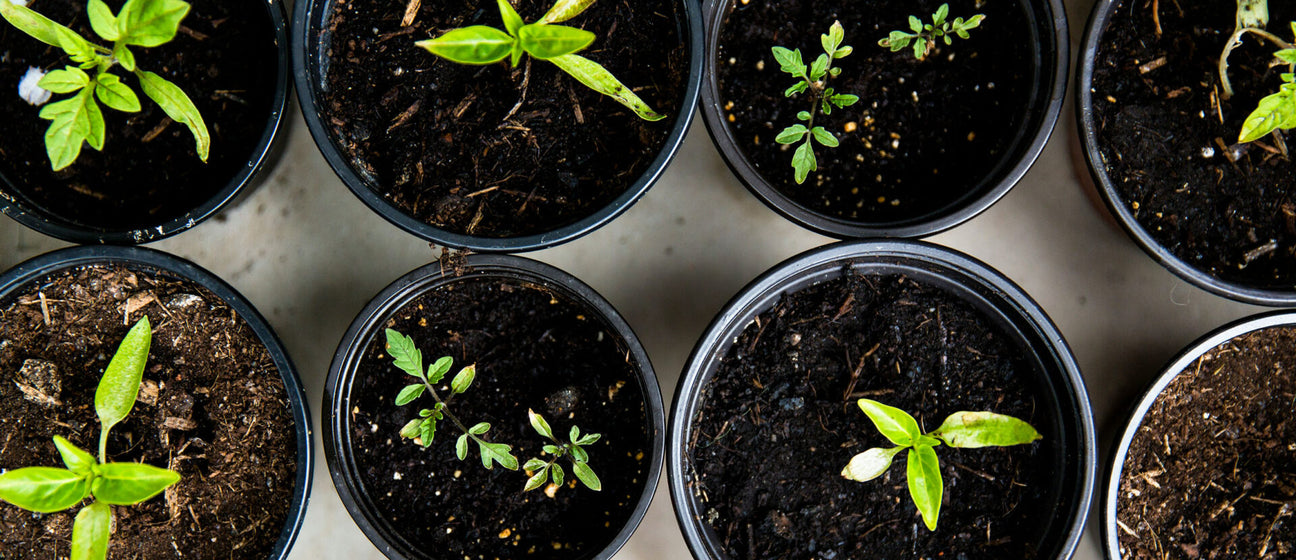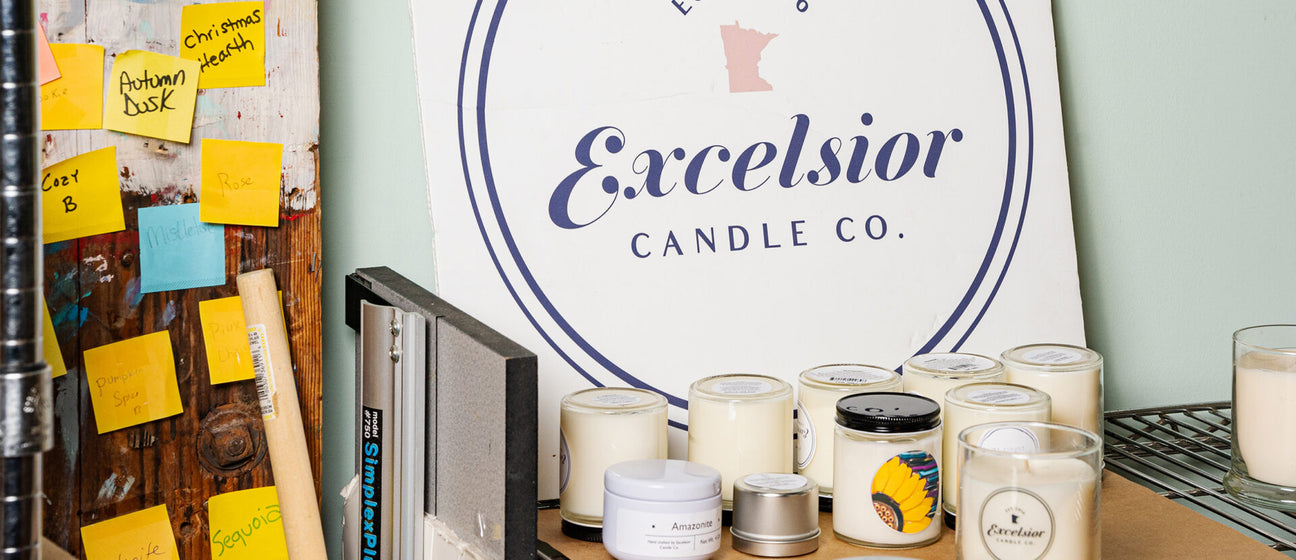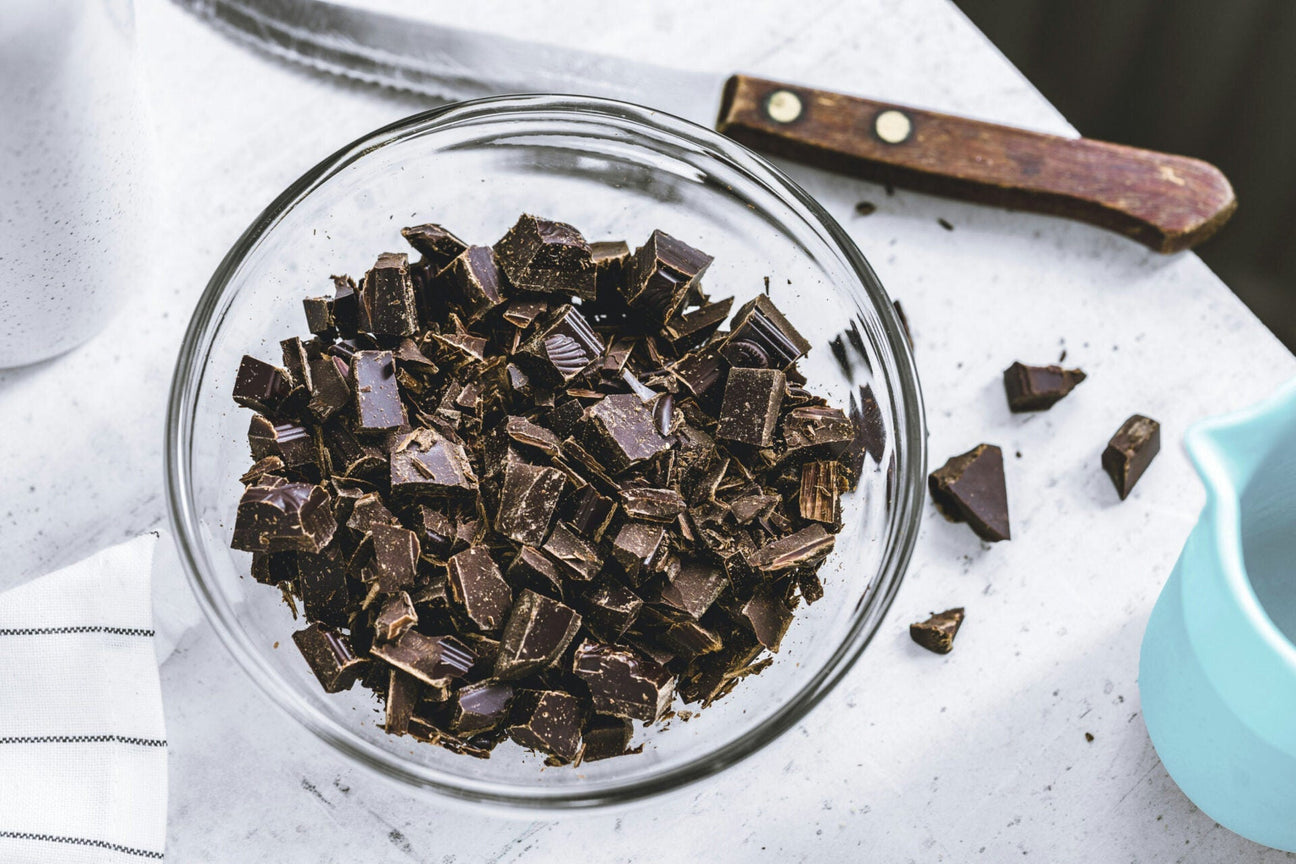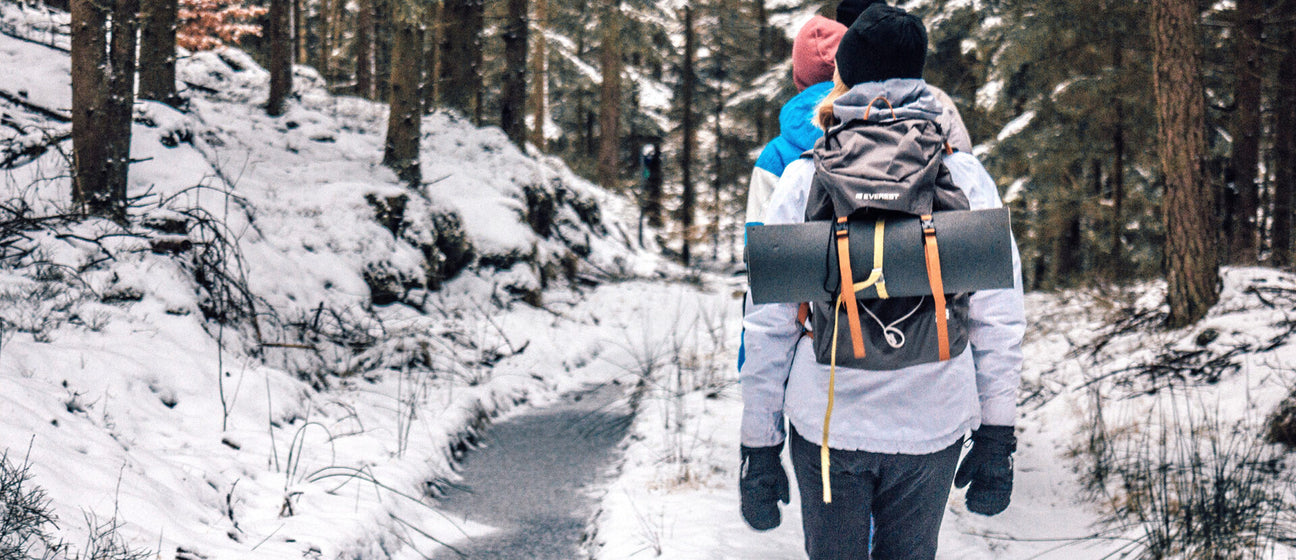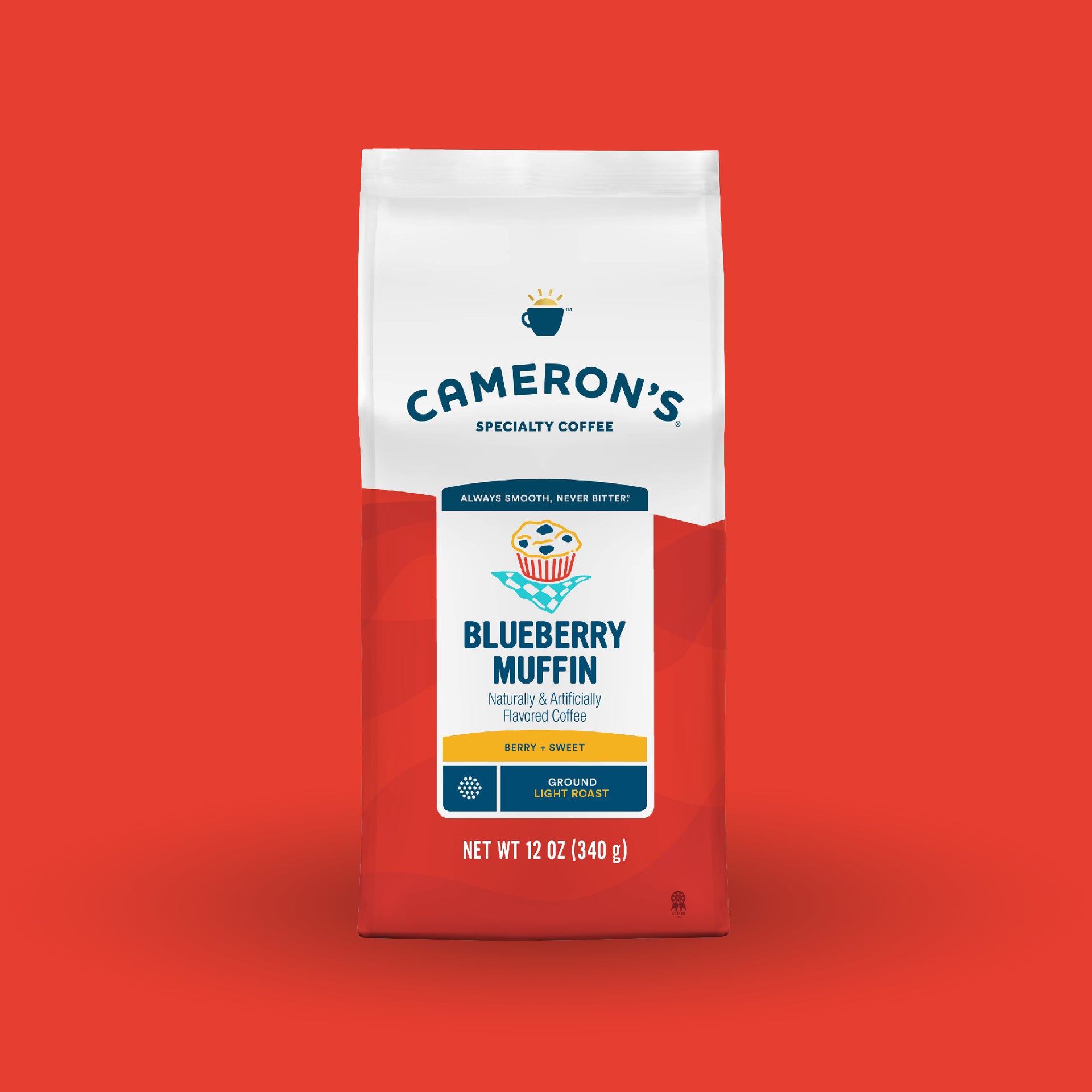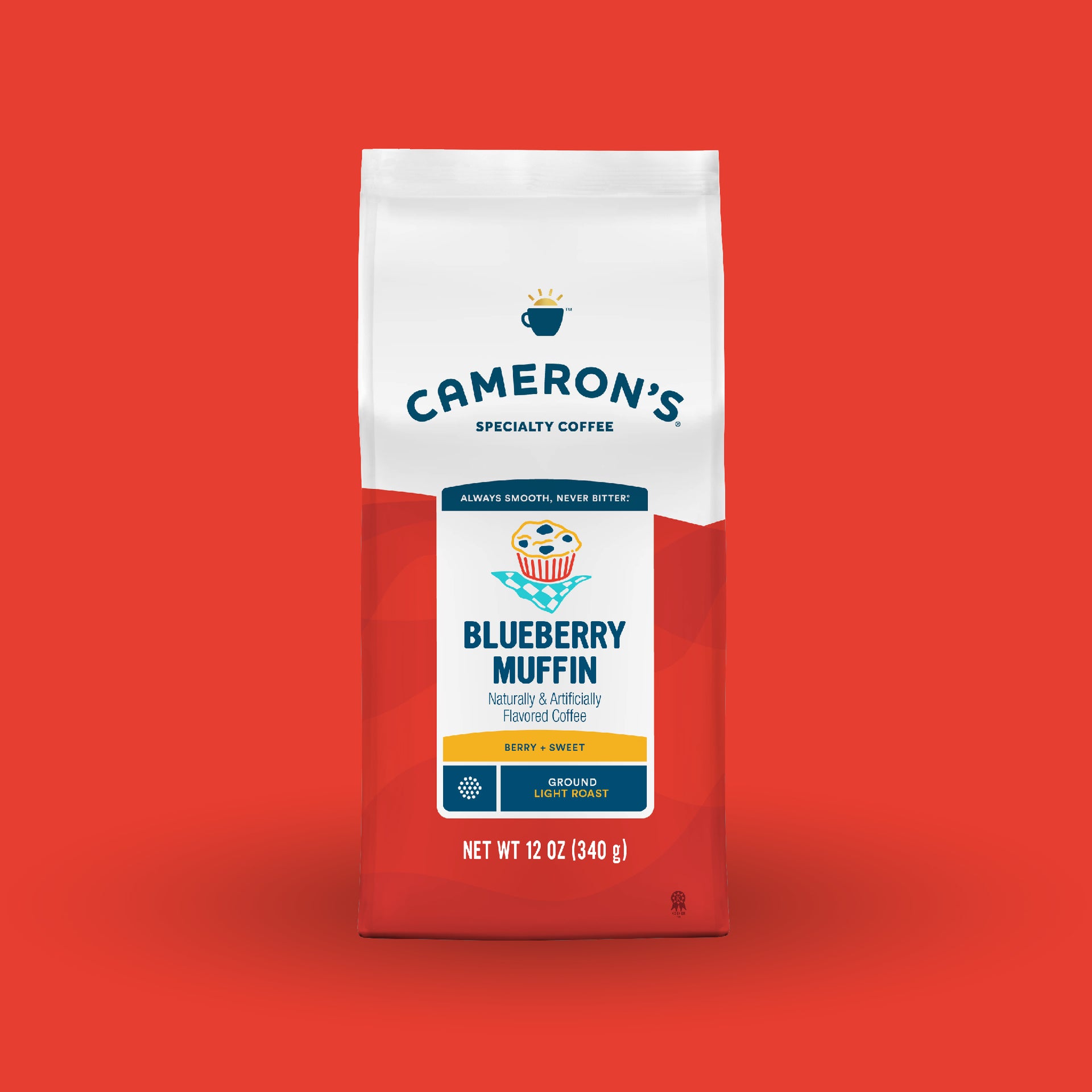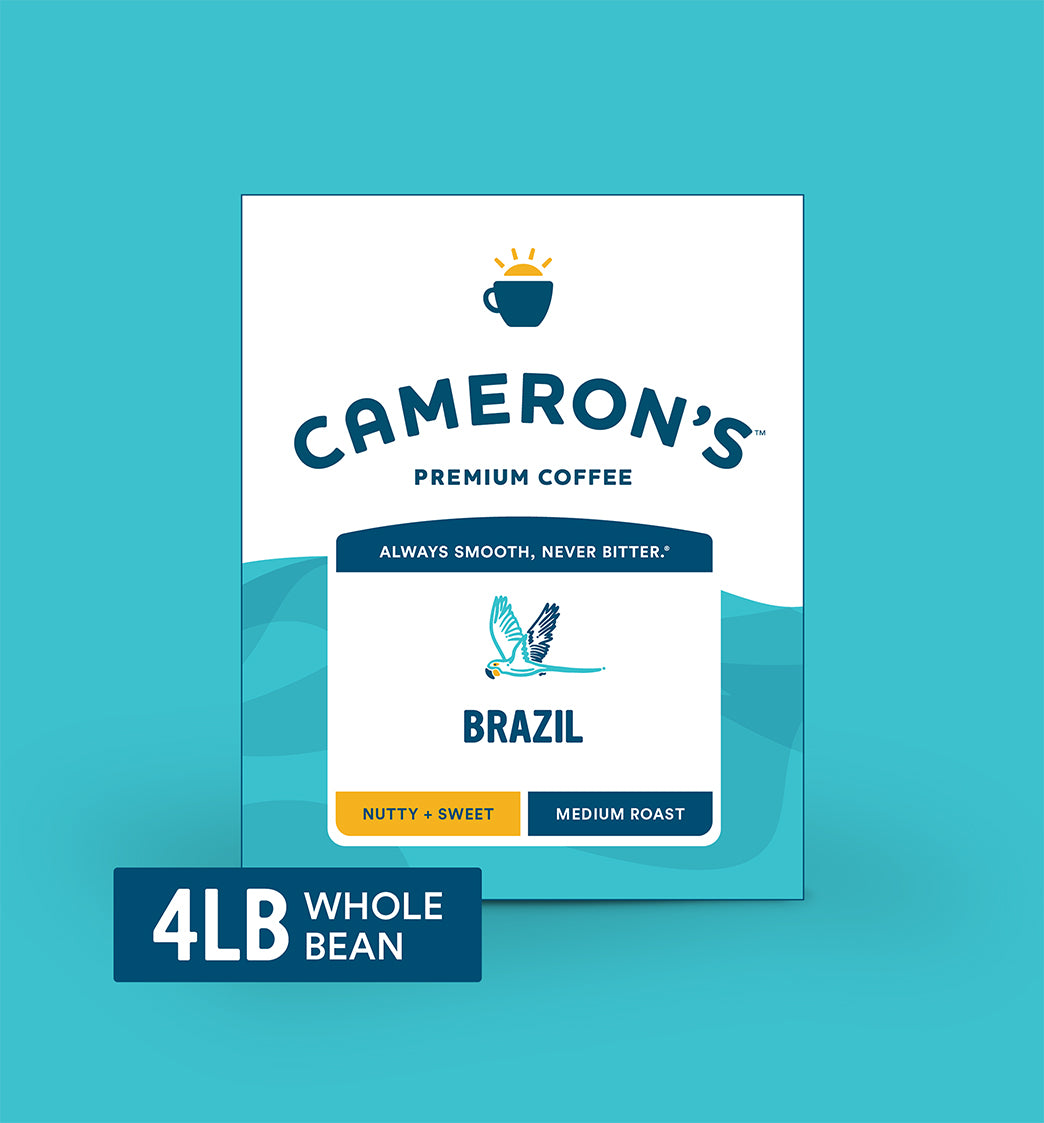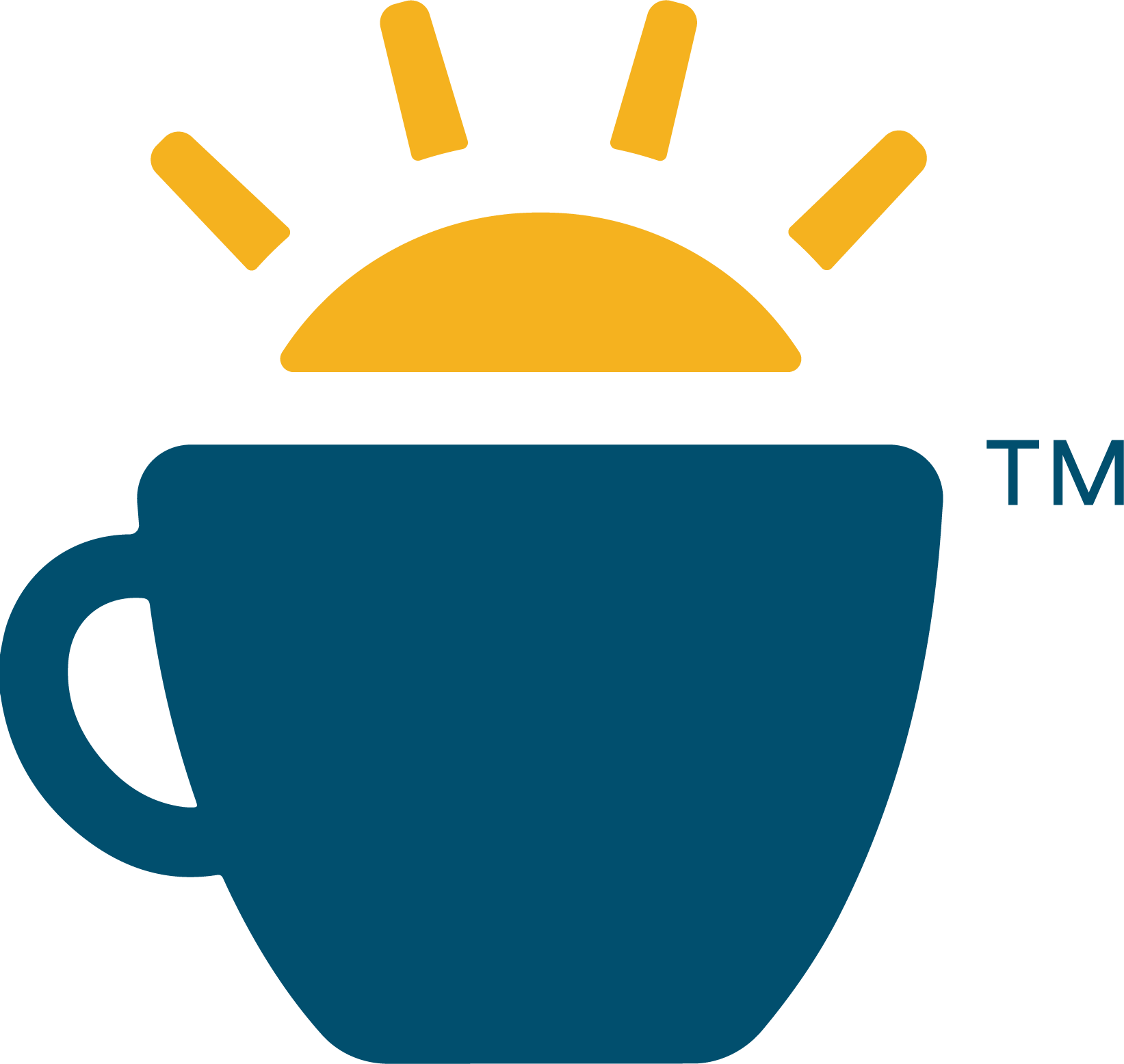Meet one of our coffee experts and read about why they love coffee.
We roast all of our coffee at our Shakopee, MN roastery with a team of passionate professionals who love crafting the smoothest possible coffee to brighten your day. Meet one of our team members, Ezra Bennett, our Production Liaison, 5S System Coordinator, and 30+ year veteran of the coffee industry, and discover why he loves coffee.
What first drew you to coffee, and what was your first job in the coffee industry?
Culture shock! Not even kidding. I lived in Seattle for a while, when I was stationed across the water in the early 1990s. The Navy runs on coffee, and that's where I started drinking it out of habit. Seattle, in the early 90s, was getting rolling as a mecca for coffee, and I was more than curious to step out of my comfort zone. We liked it dark, strong and in copious quantities, littered with every kind of coffee joint imaginable. The place that feels most comfortable to me is a place I consider my alma mater: The Last Exit on Brooklyn, a dark, smoky, seedy traditional West Coast coffeehouse with a sordid past, sordid patrons who played chess, Go, music and cards. It was a hotbed for art and music, frequented by people from all walks of life. It allowed me the ability to disappear, decompress, exist and begin to fall in love with the culture of coffee.
My first "official" coffee gig was at Starbucks a few years later when I relocated to Minnesota post-enlistment. From there, I moved on to manage the Coffee Gallery on Washington Ave. in Minneapolis (where the Open Book Literary Arts Center is now located). Eventually, I got into roasting for a small family-owned outfit up in Duluth, where I was the head roaster for 15 of the 18 years I was there.
Cameron's is the most recent stop on my journey- where I roasted for about two years. All told, I have been in the industry for 34 years, with approximately 20 years of roasting experience.
Did you follow a formal training path (like becoming a Q Grader), or was it more hands-on?
Not exactly. I had to use my curiosity to develop my roasting method and skills to improve the product I was working with.
It wasn't until about a decade after I'd started that I discovered experts and authors like Scott Rao and Rob Hoos, who polished my skills and confirmed many of the insights I'd gained through my own experimentation and research. Additionally, in the early 2000s, this type of educational path wasn't readily available to everyone. Now, it's everywhere and the craft and artisan community (which I still consider myself a part of) is all the better for it.
What does a typical day at Cameron's look like?
Always busy. As the production liaison, my job is essentially to provide the production crews with the tools and support they need to do their jobs efficiently, so I ensure they have as little to worry about as possible, allowing them to concentrate on their work.
Apart from that, I've developed product movement processes that I continually review to assess their effectiveness and make adjustments as necessary. My mechanical inclinations make me valuable to the maintenance teams for cleaning, adjustment and repair of our four air roasters. That inclination also extends to assisting with maintenance improvement projects and the installation of new equipment.
It all sounds glamorous, but a lot of the time, I'm crawling in, around or under one of the lines or machines, tying up cables, replacing floor markings, running cardboard and recycling to the baler or just helping the crews keep their ring feeders filled and product flowing on the conveyors.
What unique skills or senses have you developed in your work that might surprise coffee lovers?
Taste, smell and sound (have you ever really listened to coffee?) are the chief senses we rely on at different stages of the whole process: sound, sight and smell during the roasting process and taste and smell during post-roast product and blend evaluation.
Those are honed and developed over a long period, and it never really stops. You don't get to the point in the learning process where you tell yourself, "Okay. I'm done." As the industry advances, so does the level of education and, with it, the speed at which we learn. Twenty years ago, none of what we are doing would even be heard of.
How do you stay objective when grading coffees that differ in profile or origin?
Knowing the inherent traits and characteristics of the bean we are working with, along with its proven type and origin, makes the process fair and objective. I'm always ready for pleasant surprises.
What is your favorite Cameron's coffee blend to drink and why?
Honestly, I'm kind of a fan of the darker French roasts and Jamaican blends because they kind of remind me of those early heady days of my coffeehouse youth.
What do you love most about coffee, not just the drink but also the culture and communities around it?
There's a mystique, a mystery, a history to coffee that's always fascinated me. It's long and sordid and fraught with hard-fought battles with economics, environments and traditions. That's really what holds my attention to it. The community, especially in the Twin Cities (MPLS/St. Paul), is amazingly welcoming and supportive and is always willing to conspire, commiserate and collaborate.
What is the most bizarre fact about coffee you've learned in your work?
Supposedly, the first greenhouse in Europe was constructed to house a coffee plant, which was a gift from the Dutch to the French. Lloyd's of London (the British insurance concern) was started in a coffeehouse in London in the 1600s. In 1675, King Charles II outlawed coffeehouses in Britain, considering them to be hotbeds of "dangerous discourse and sedition."
